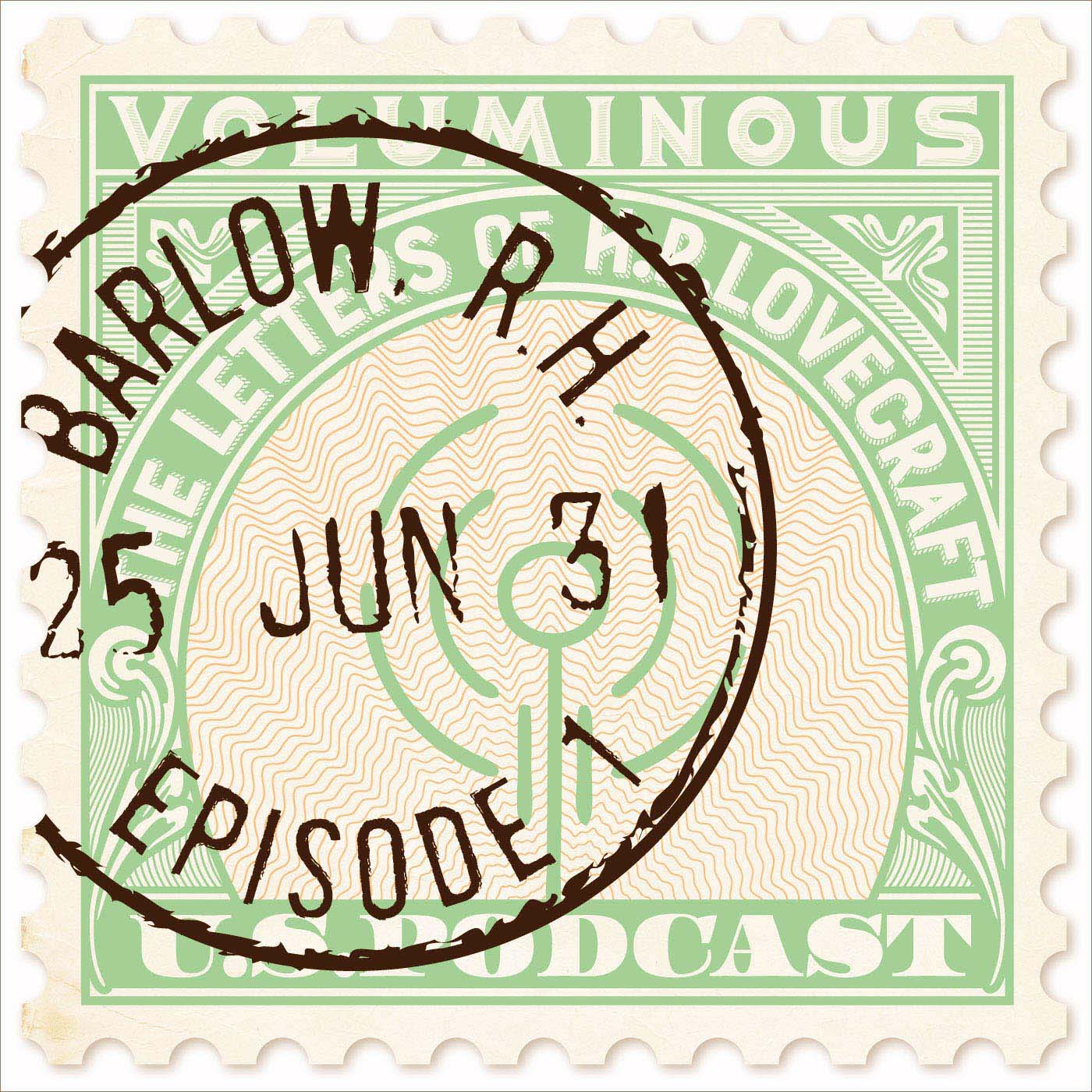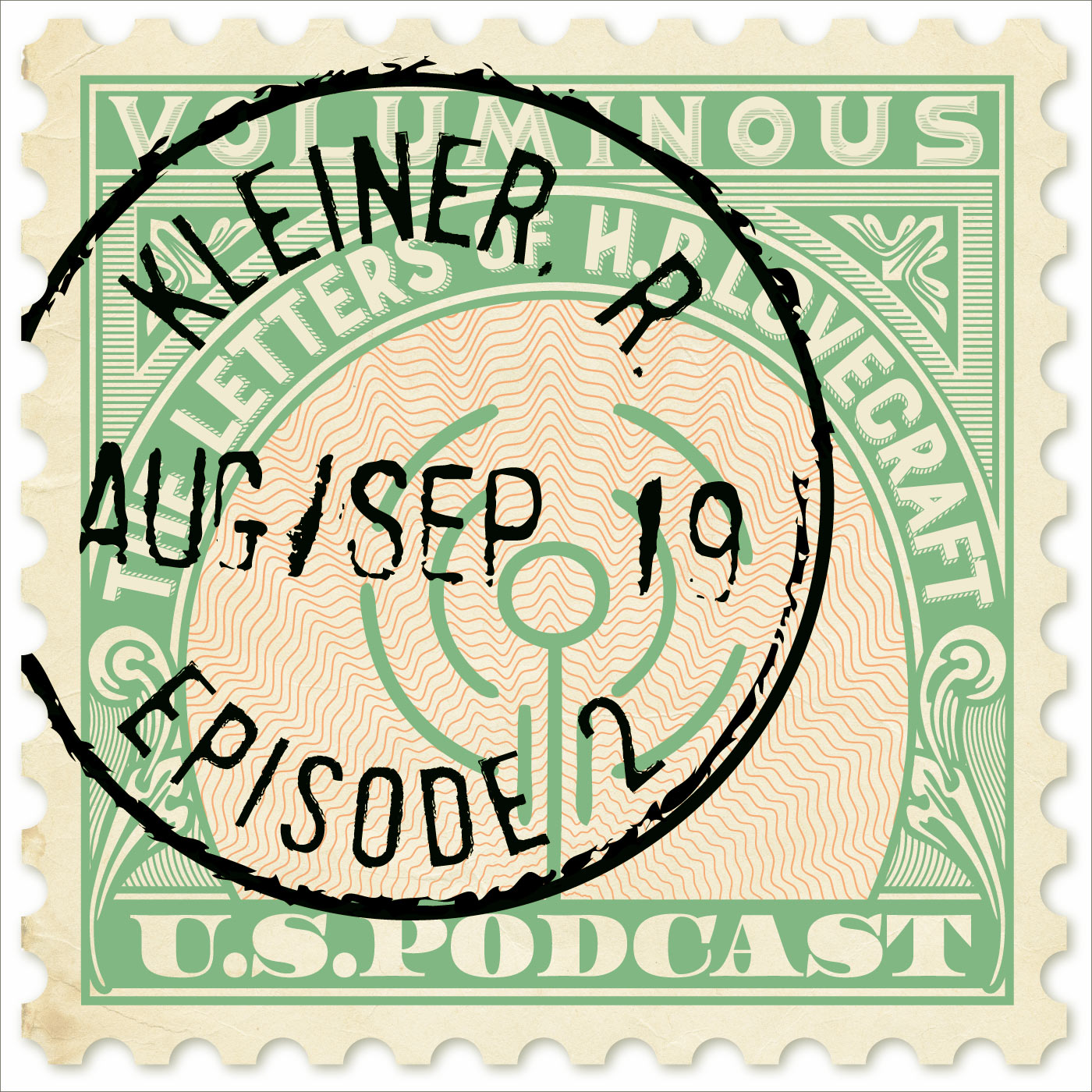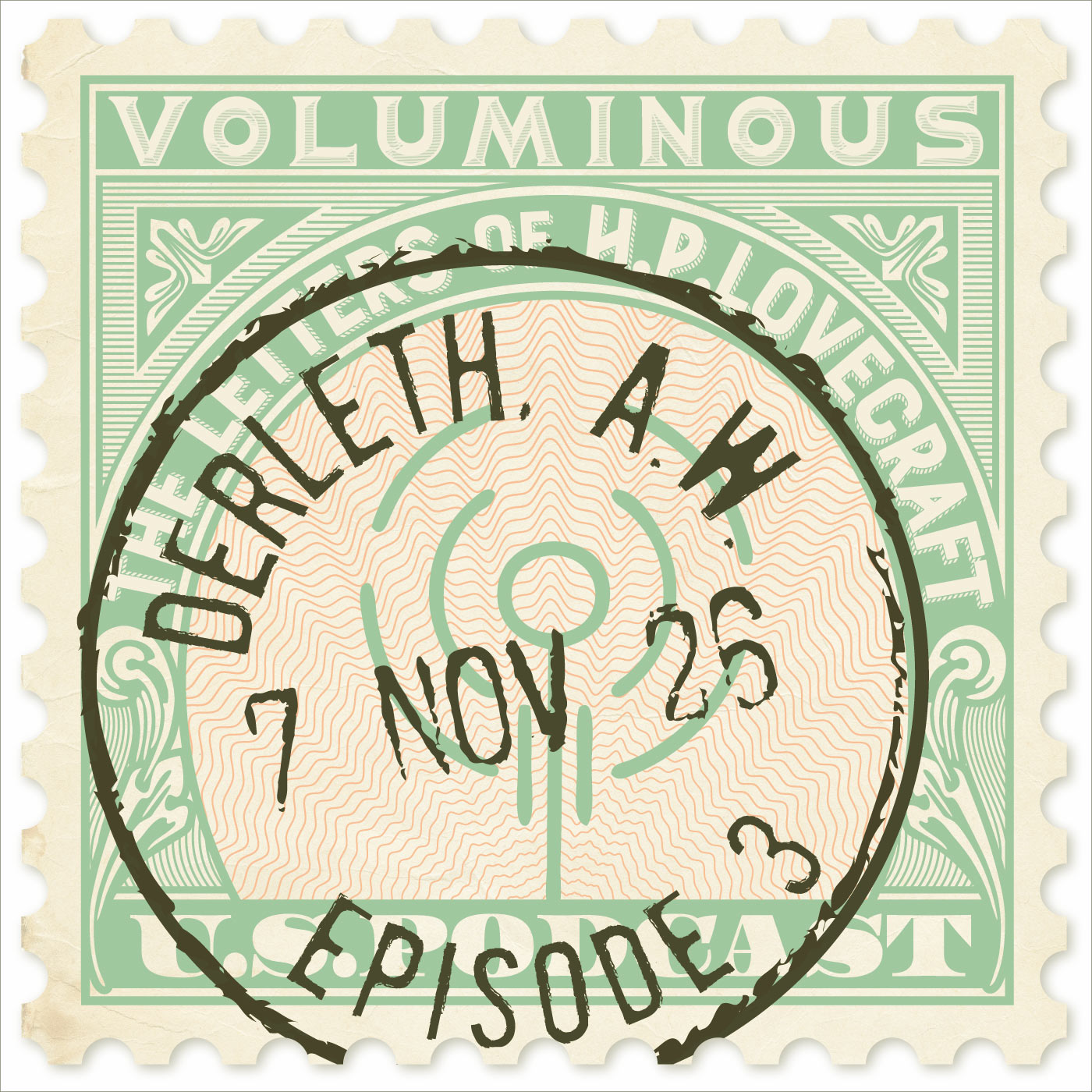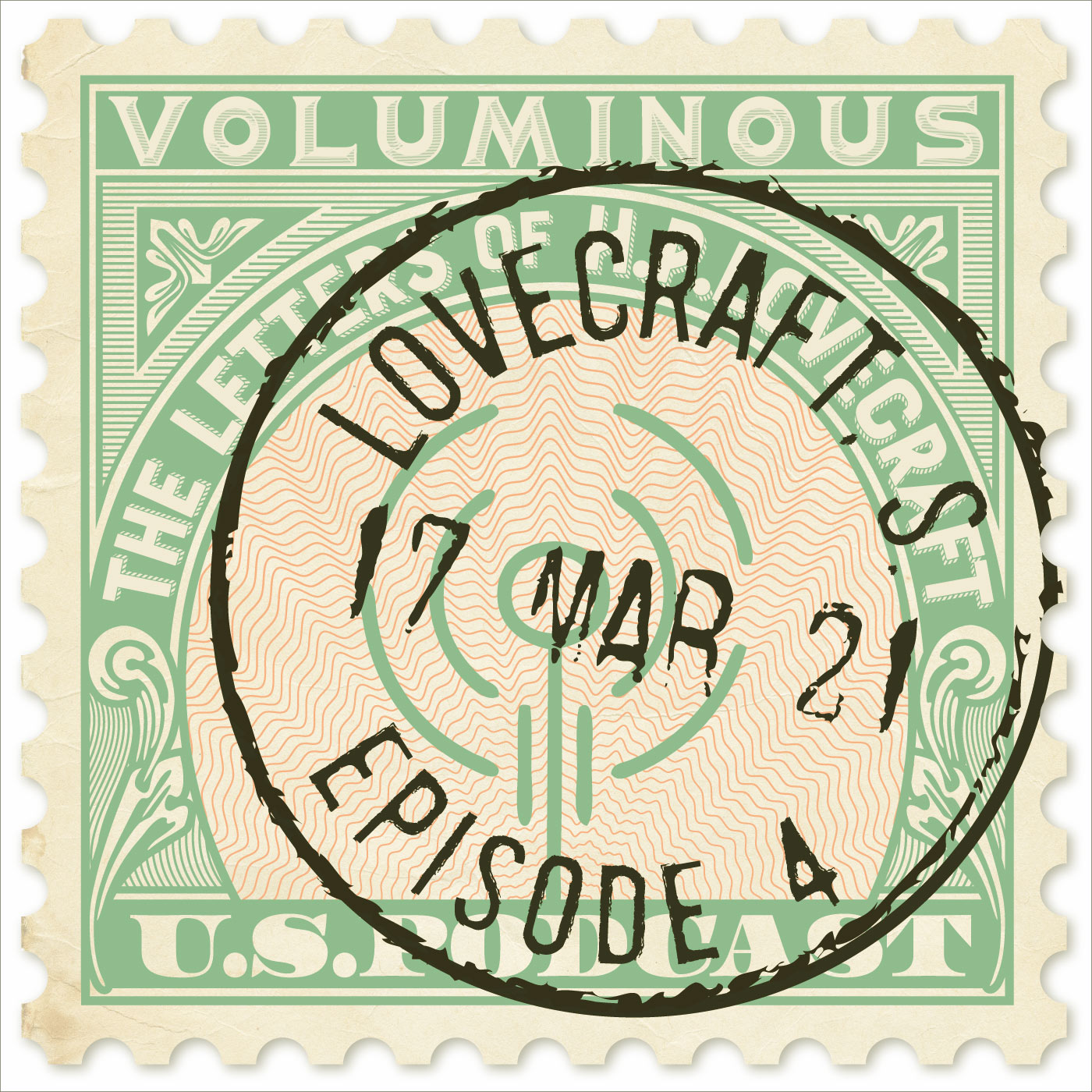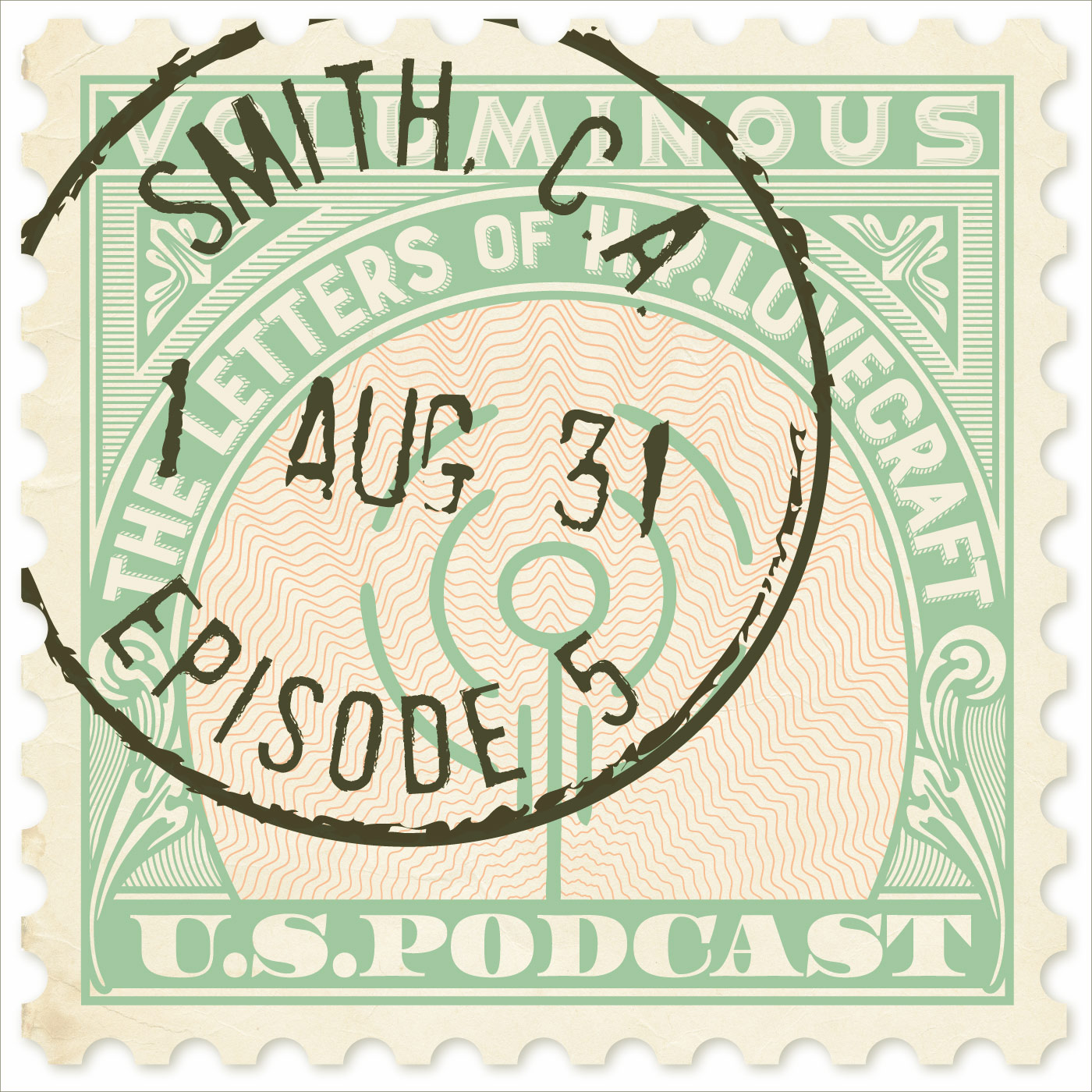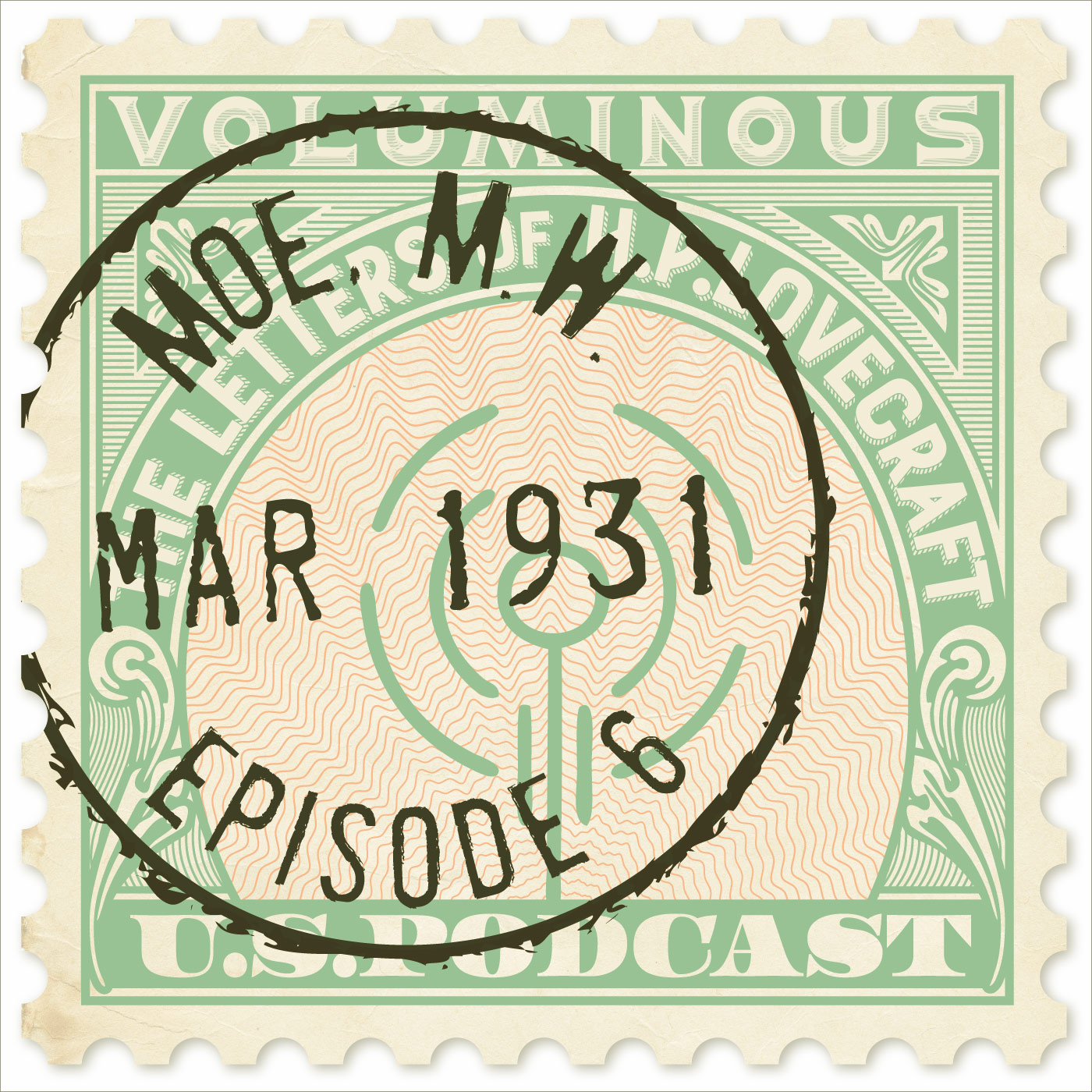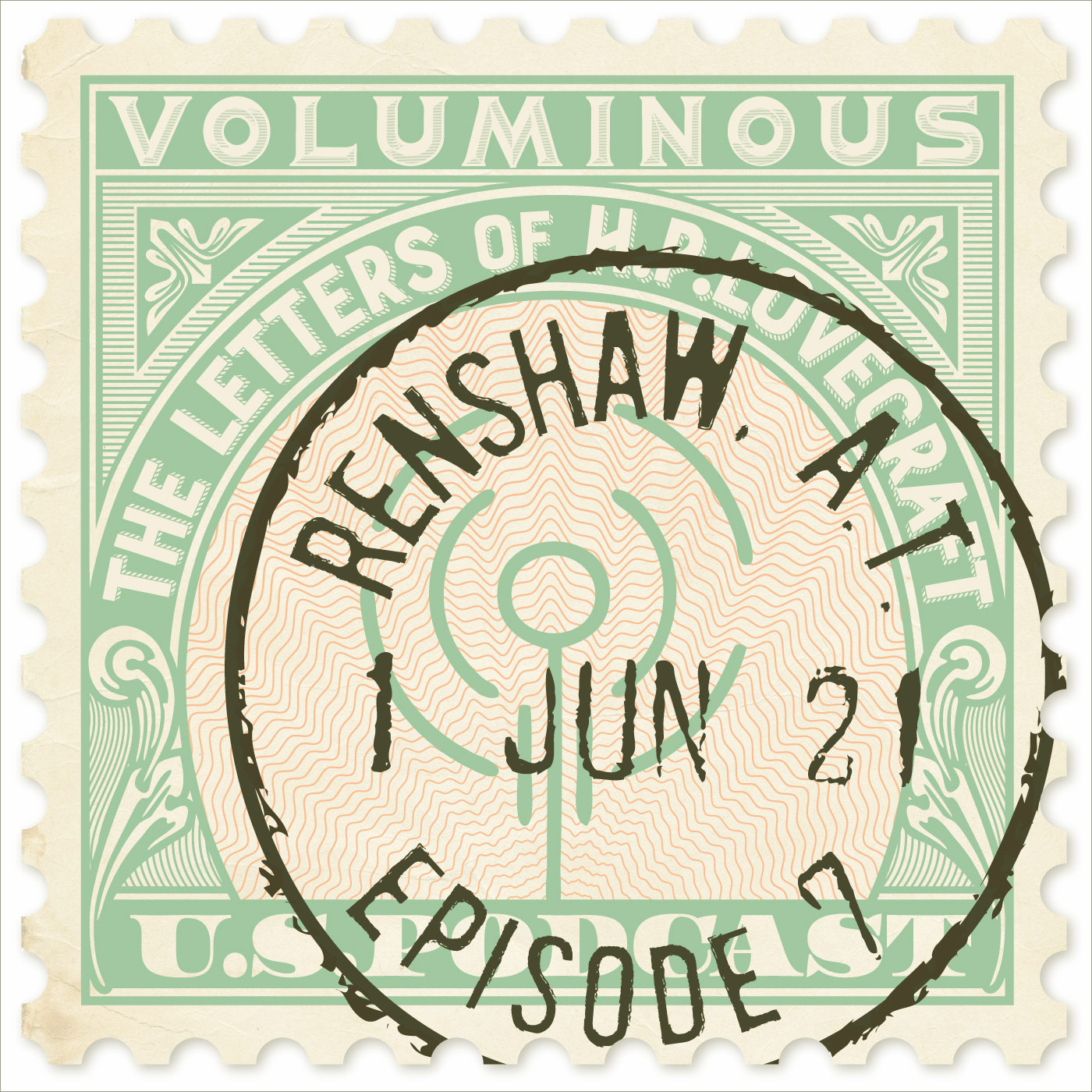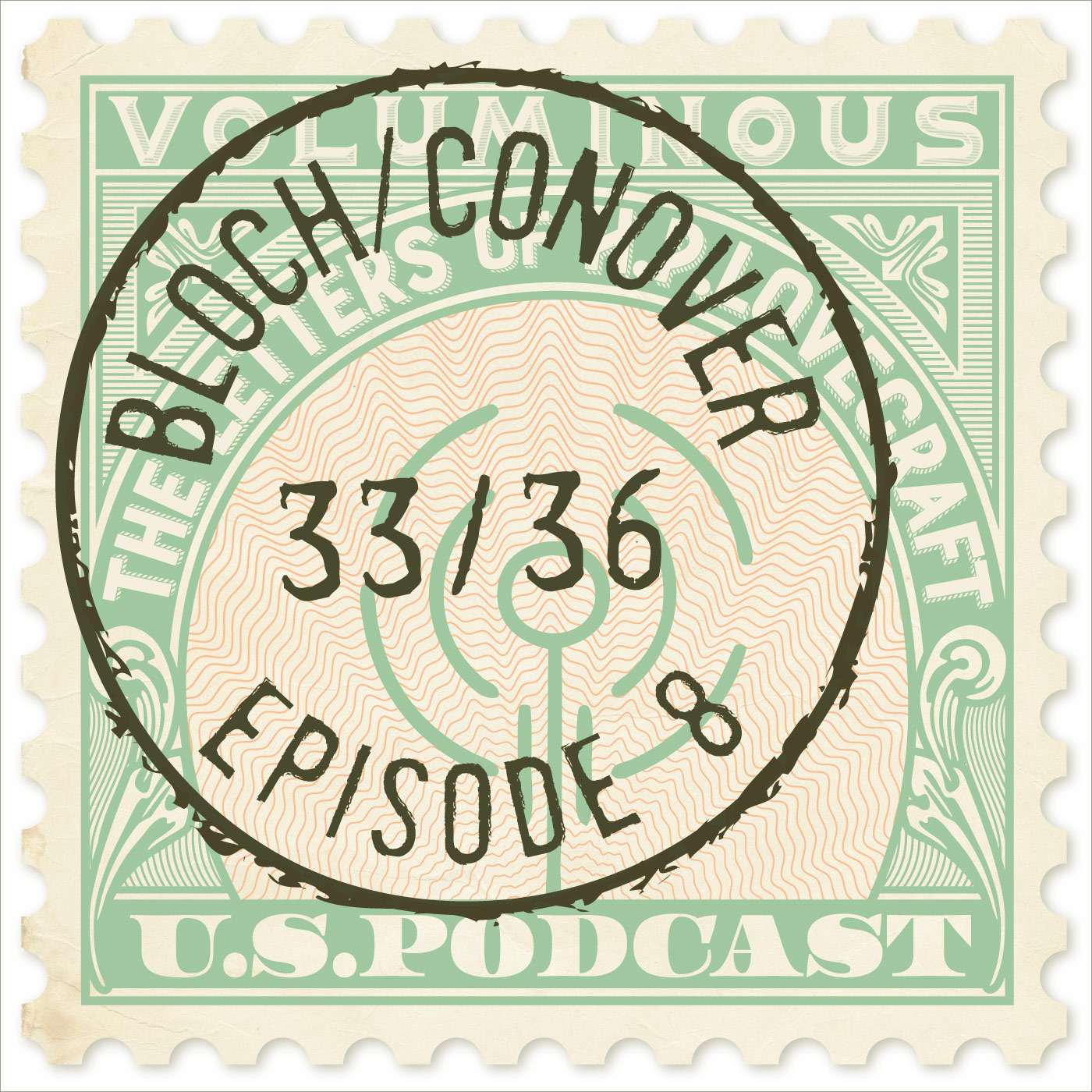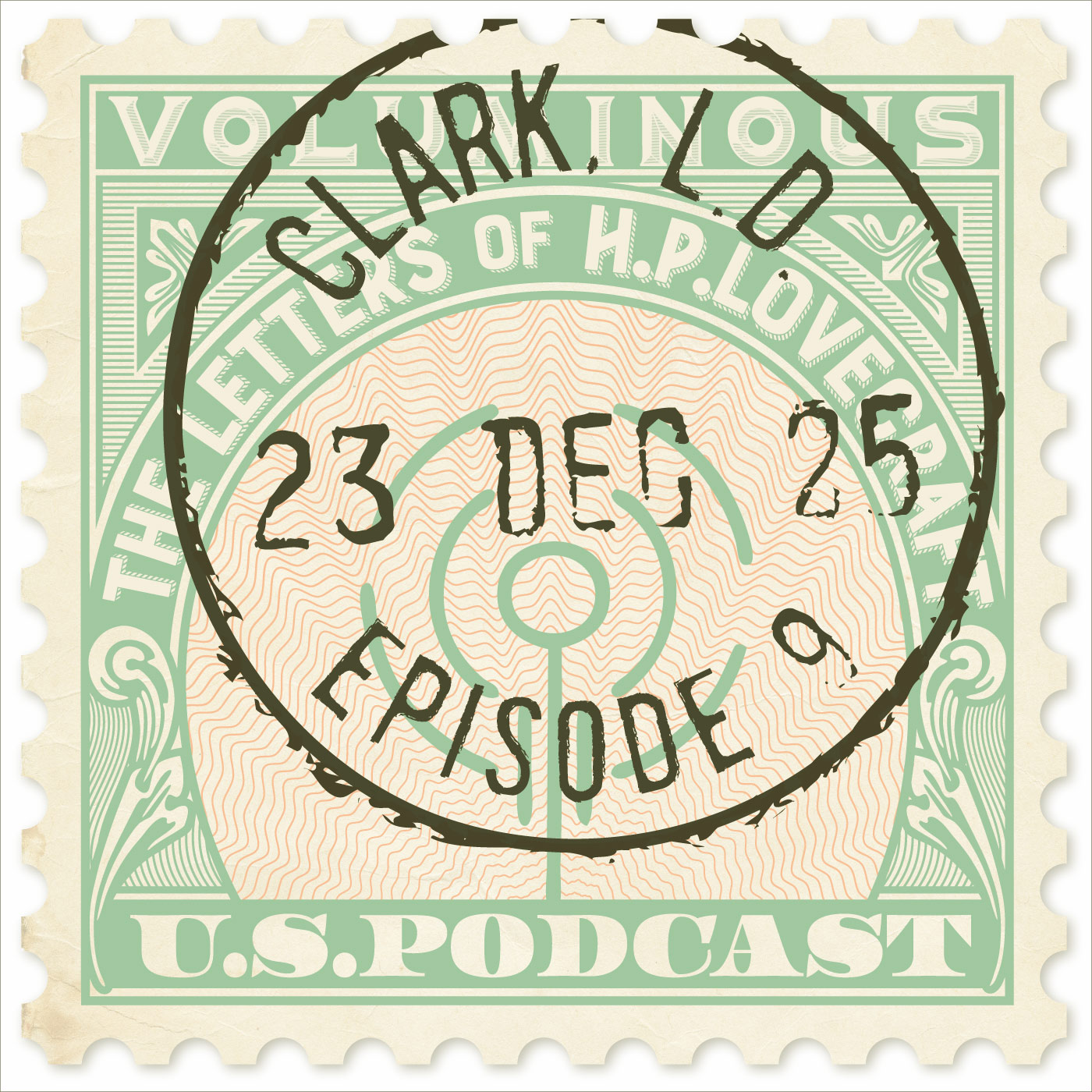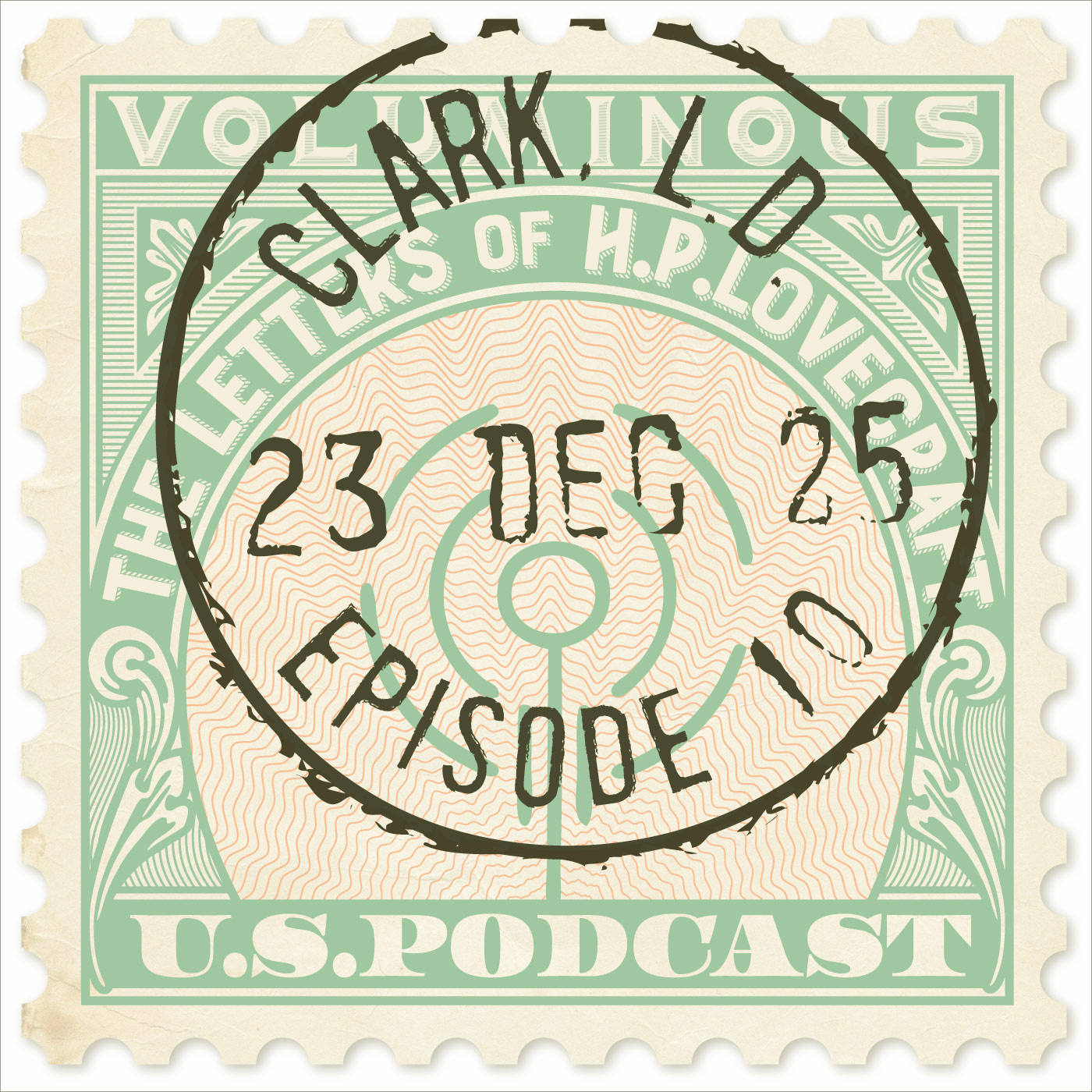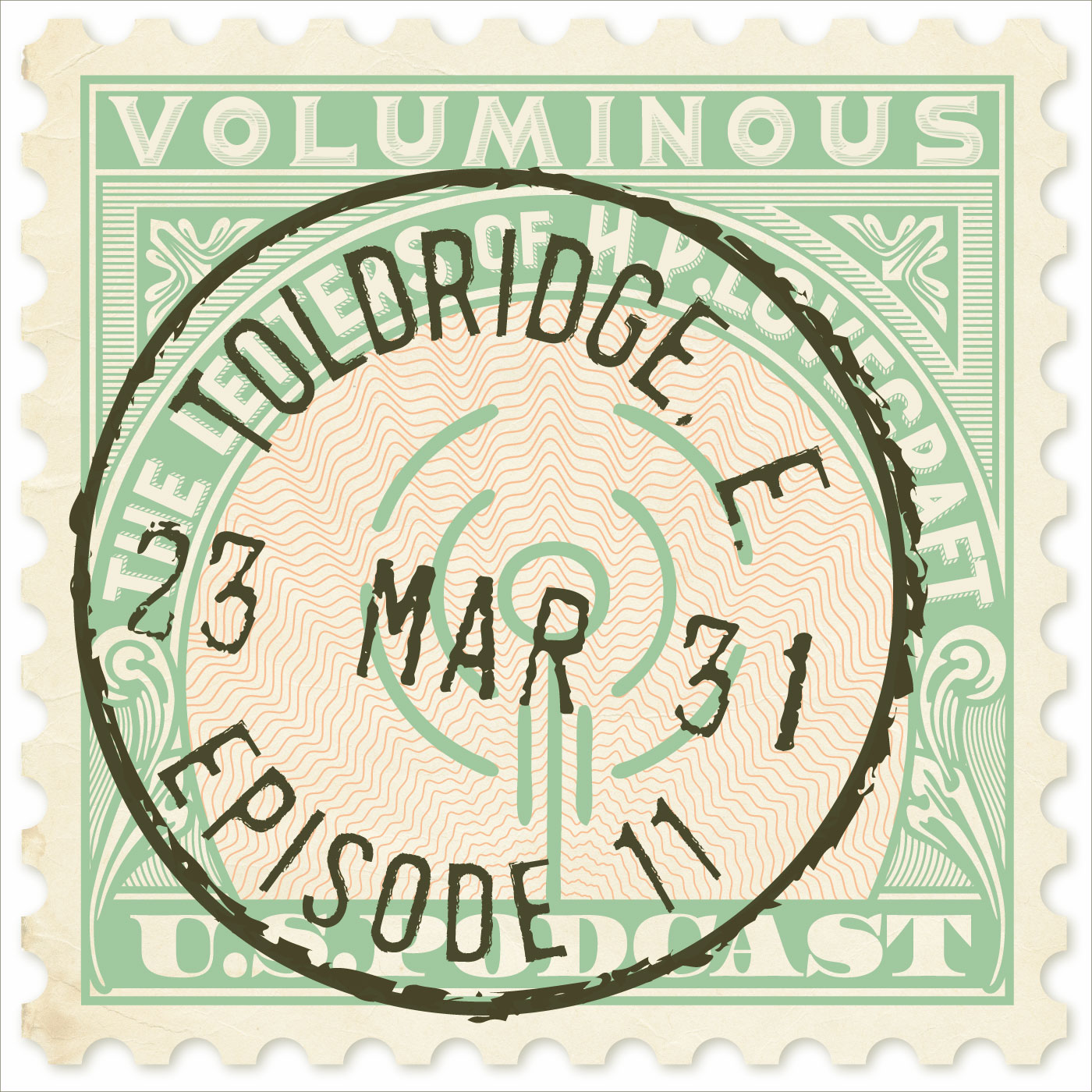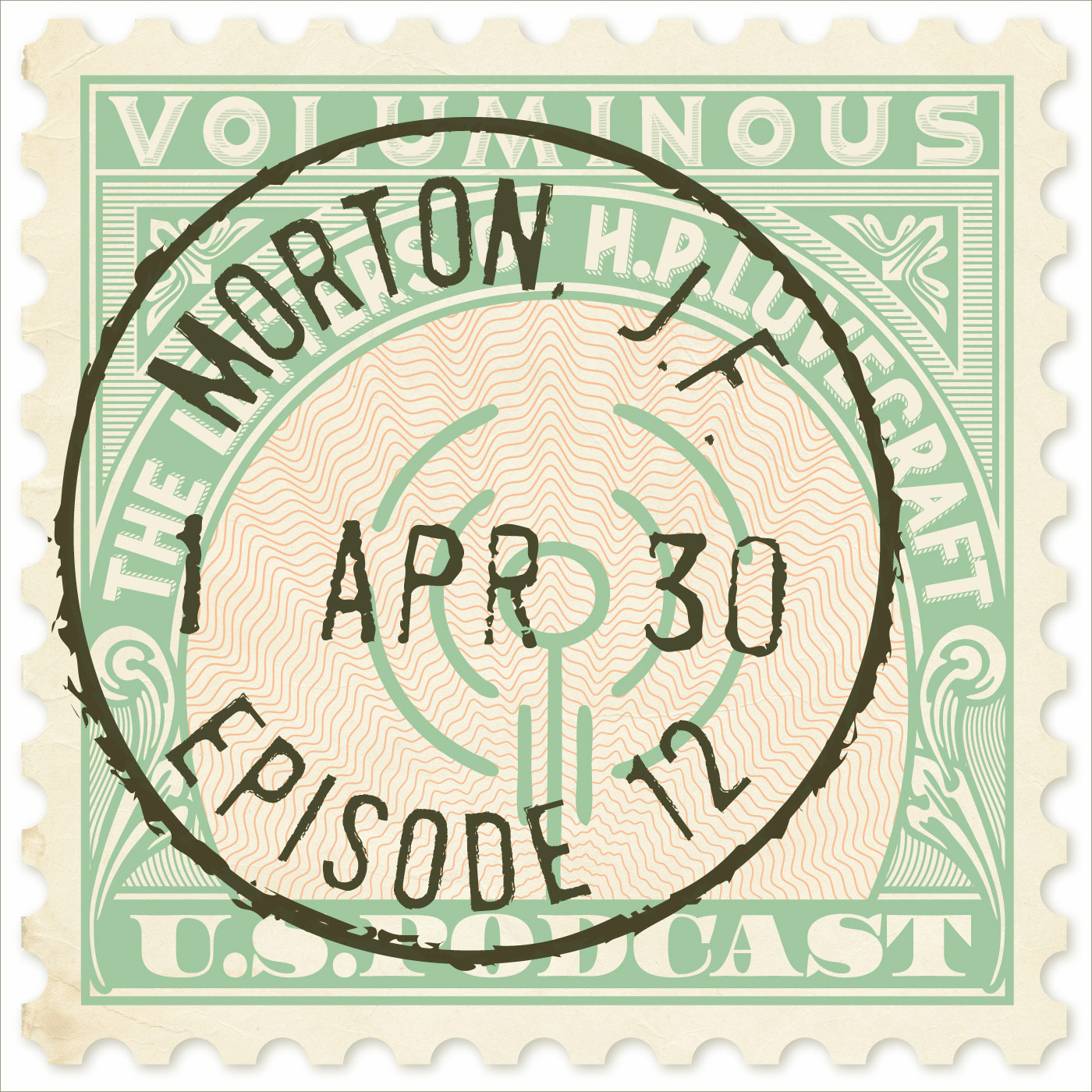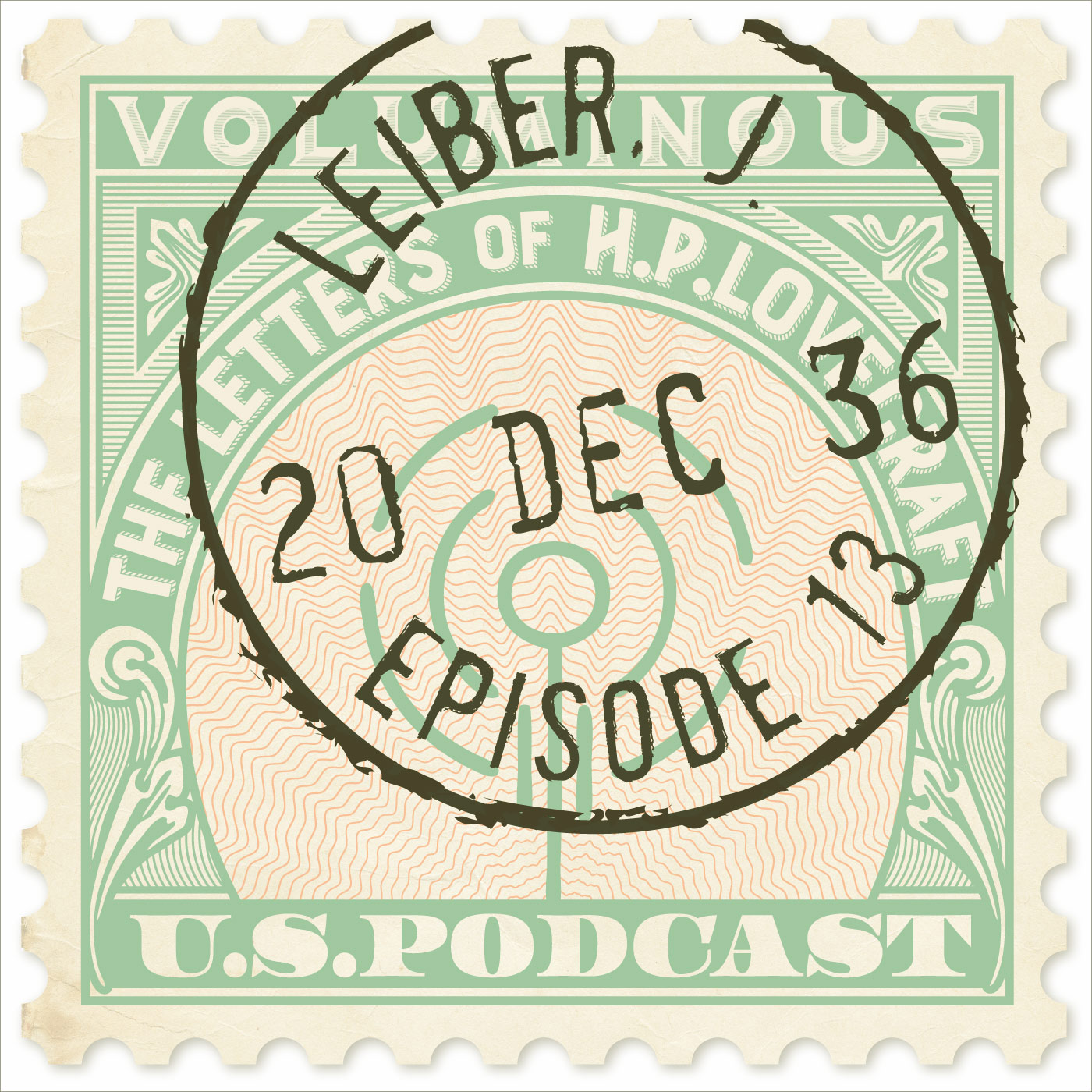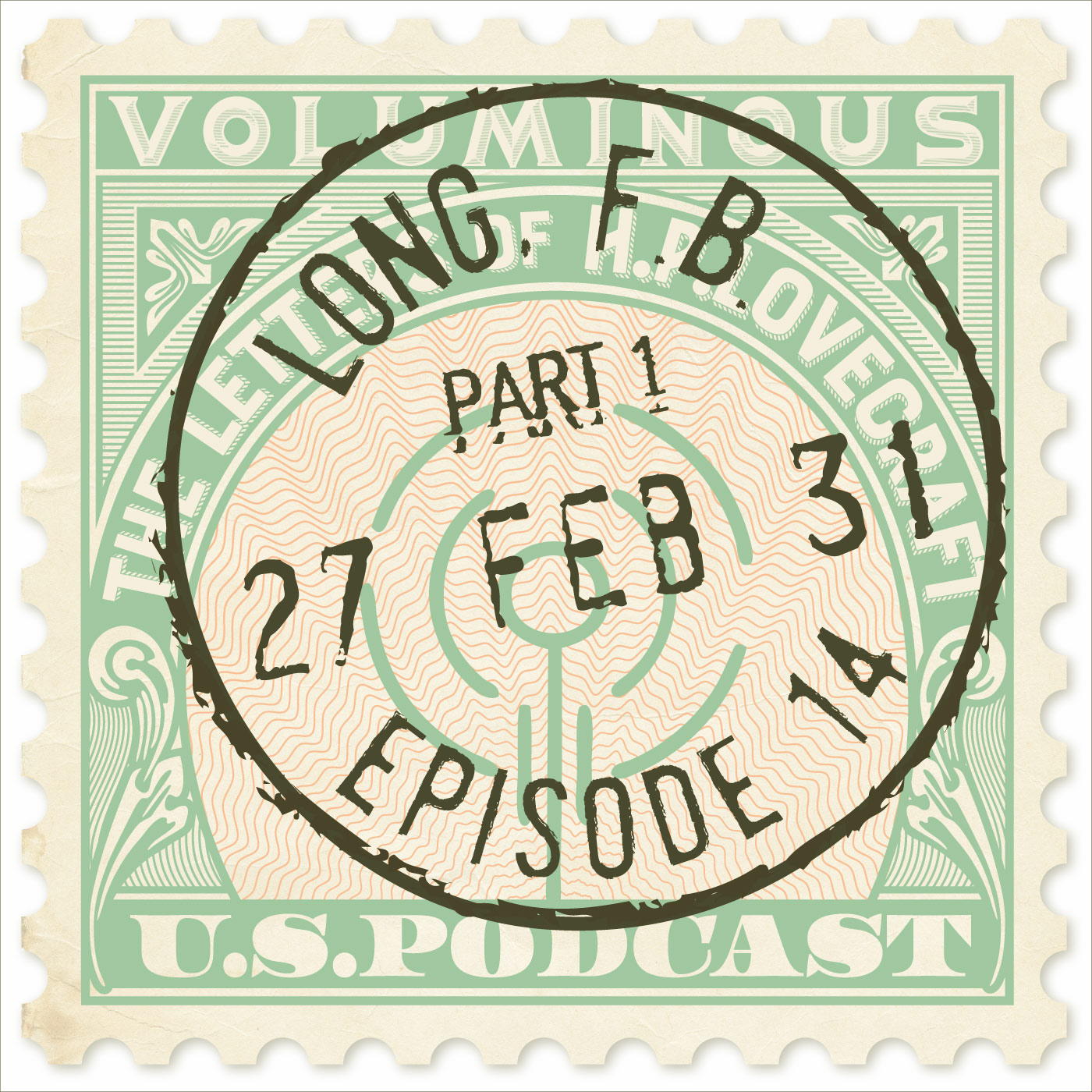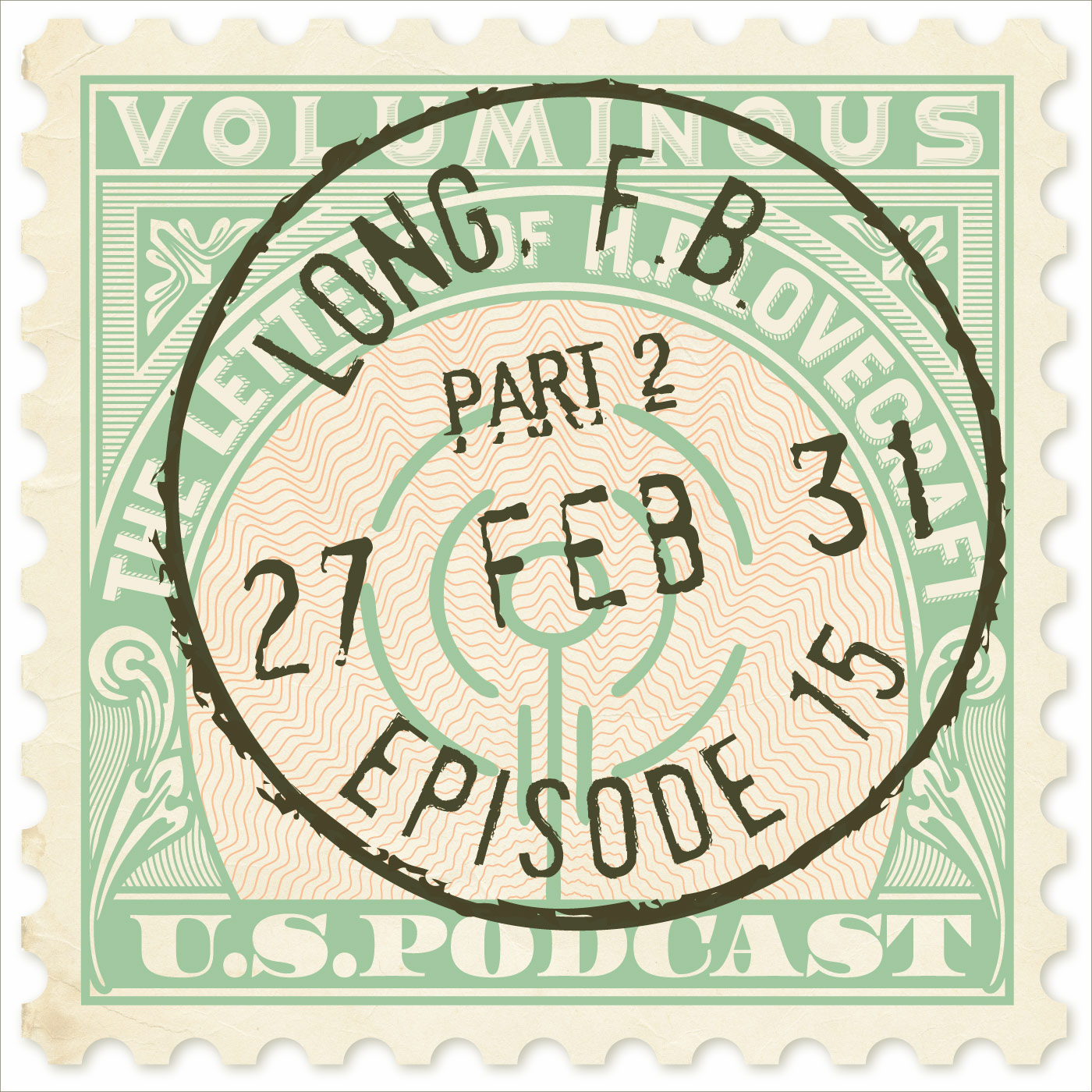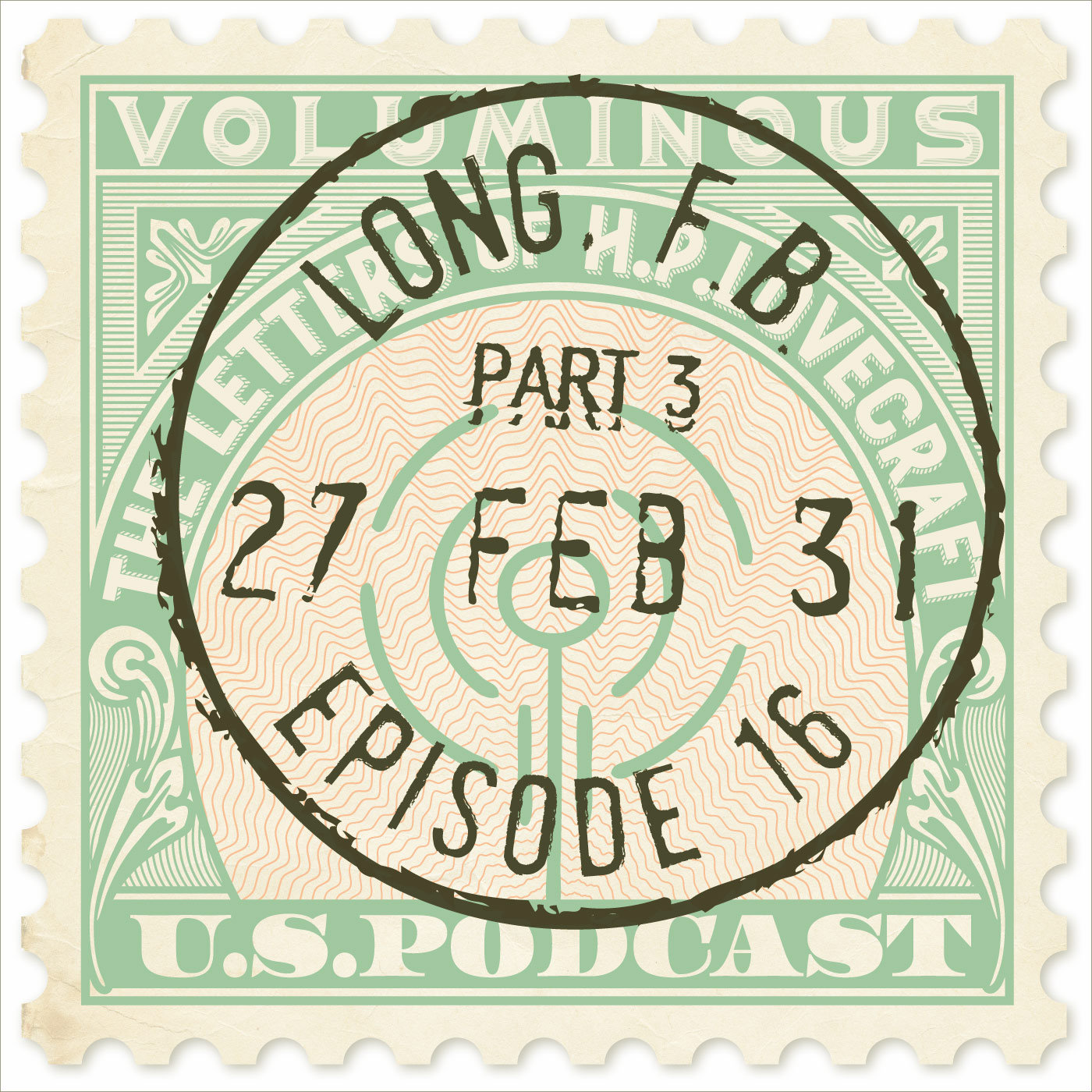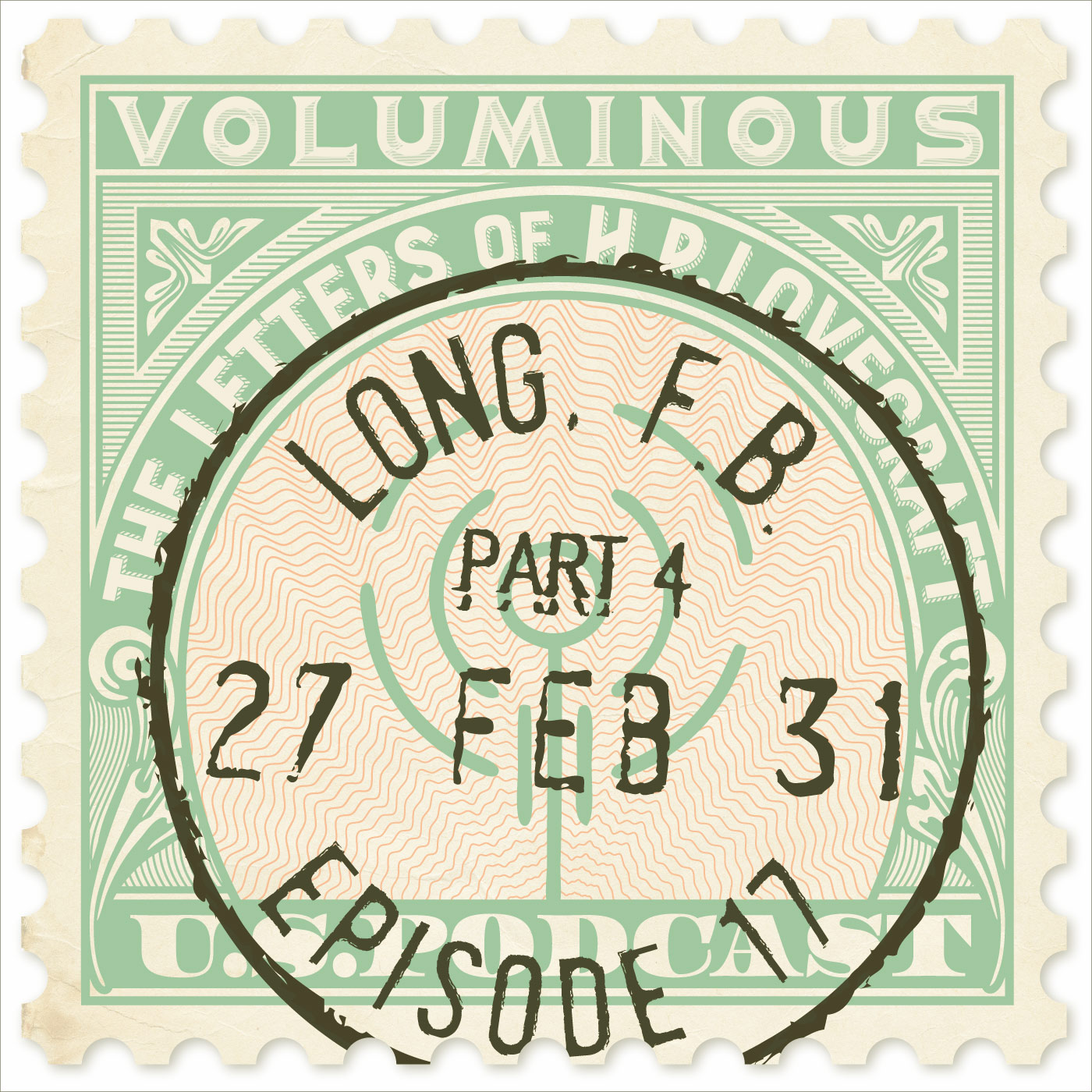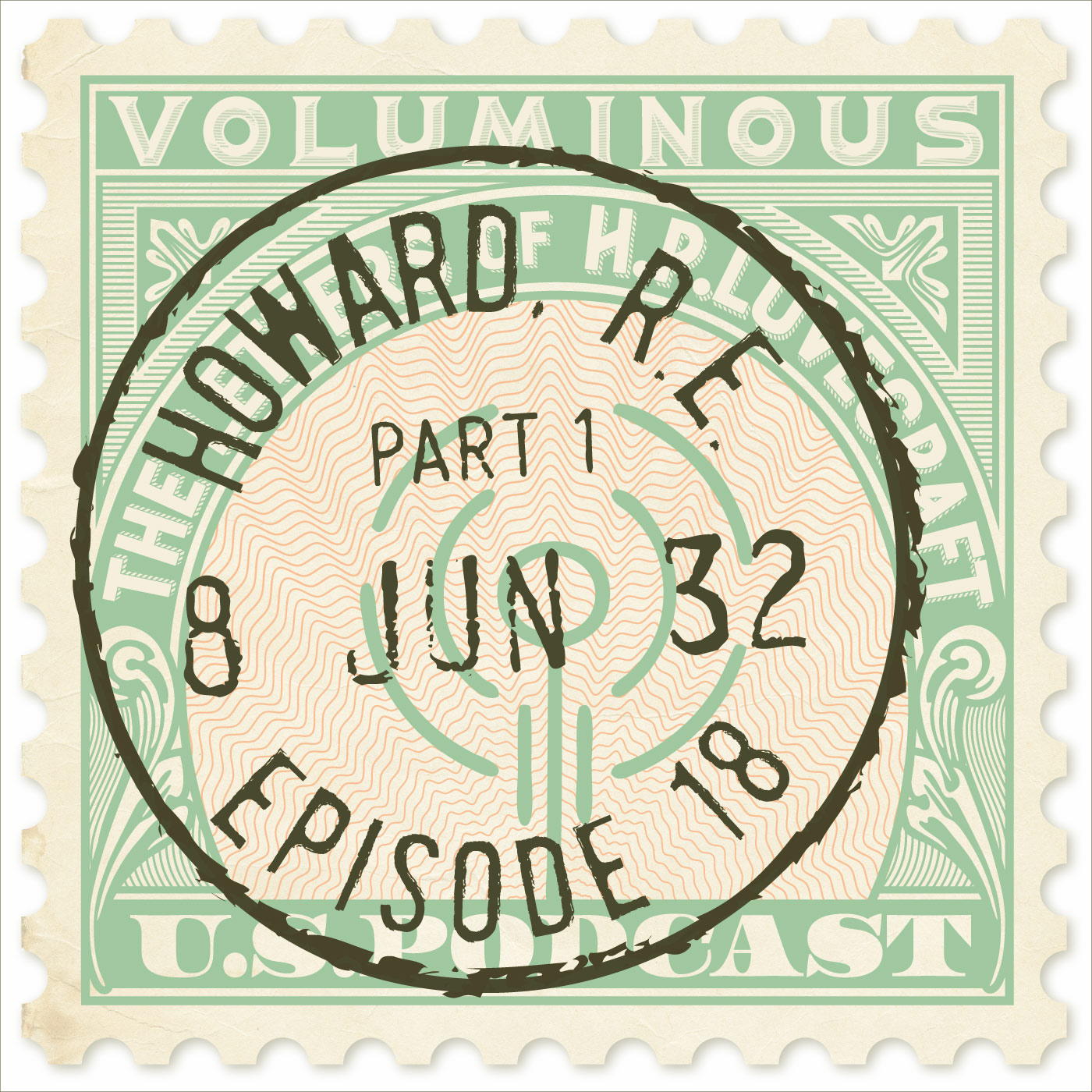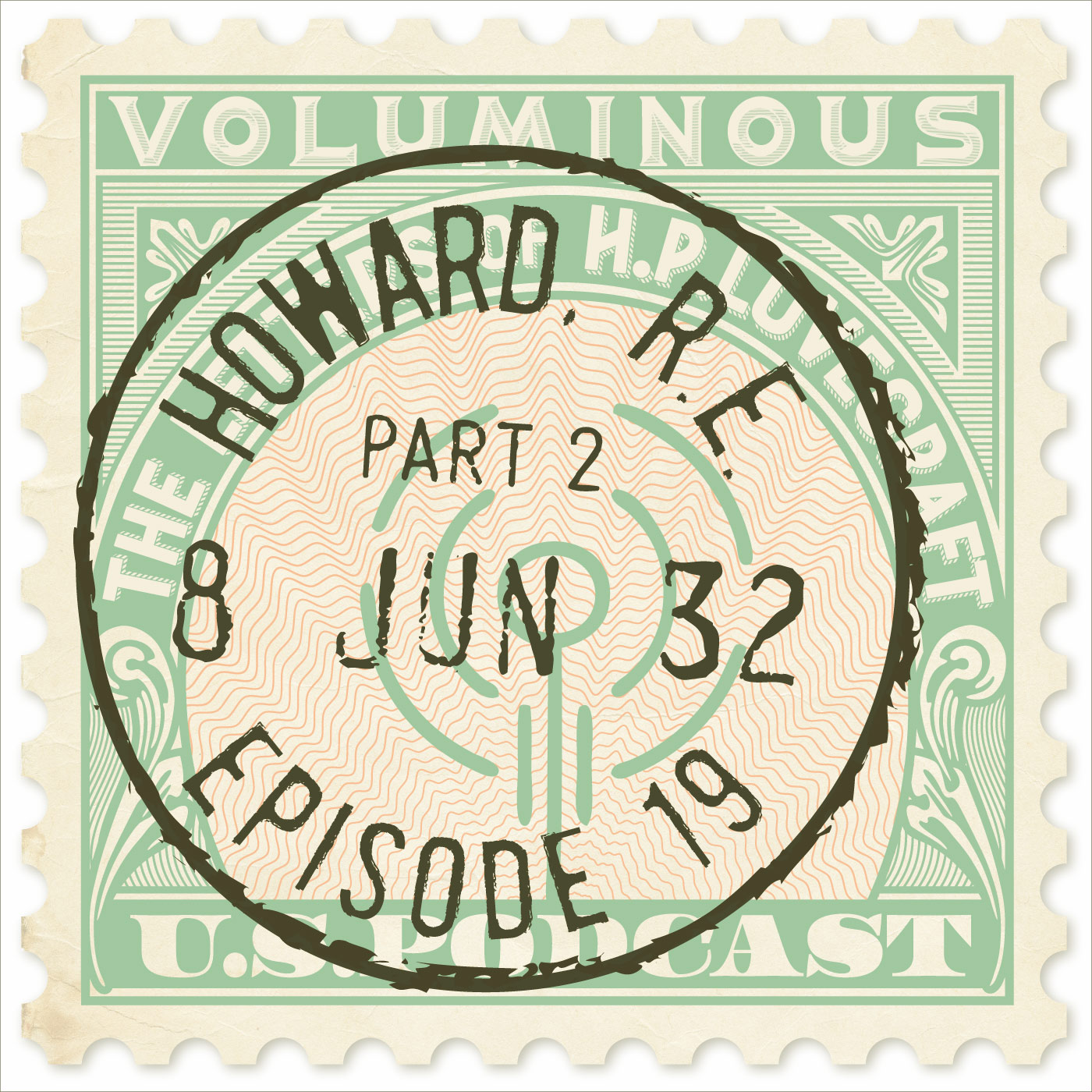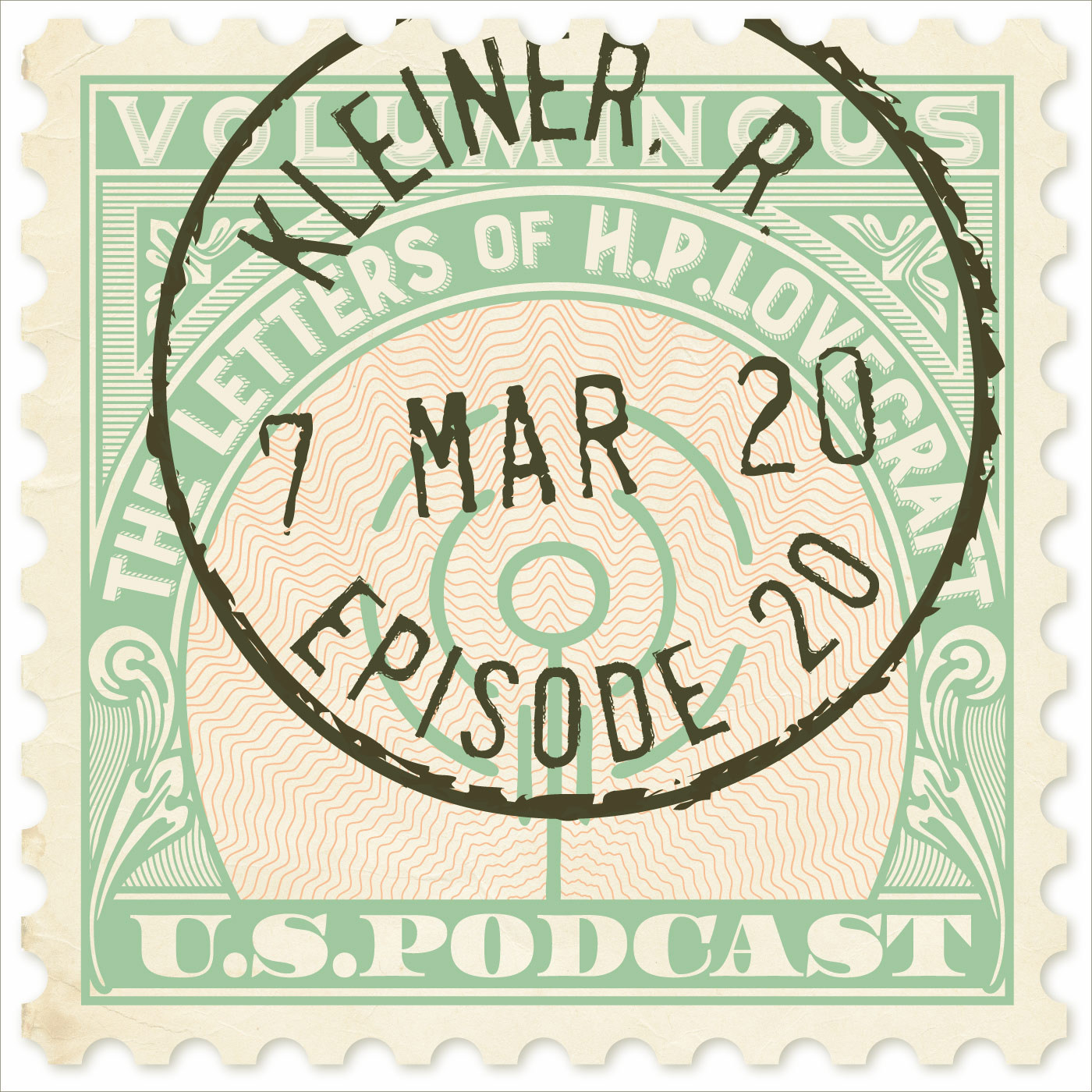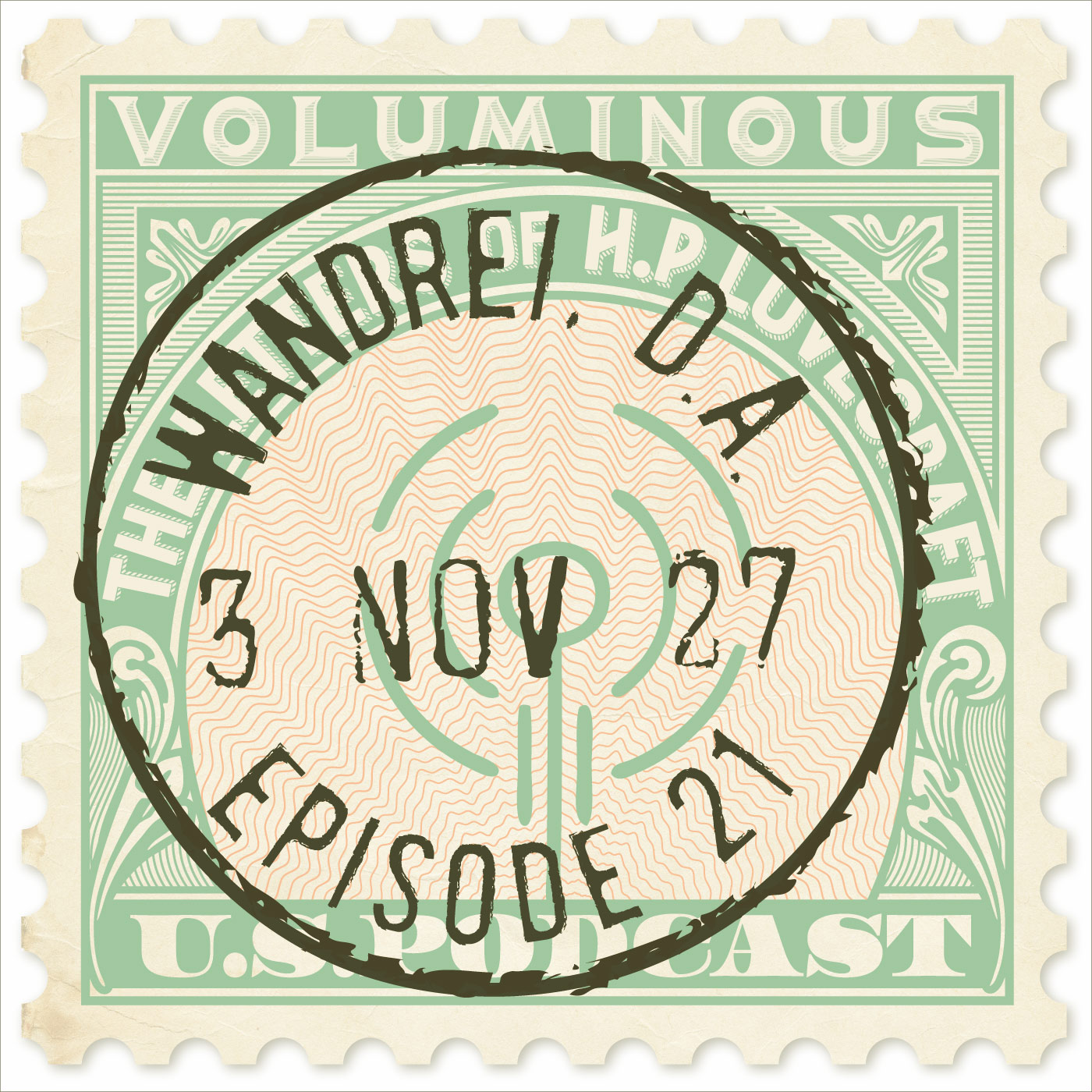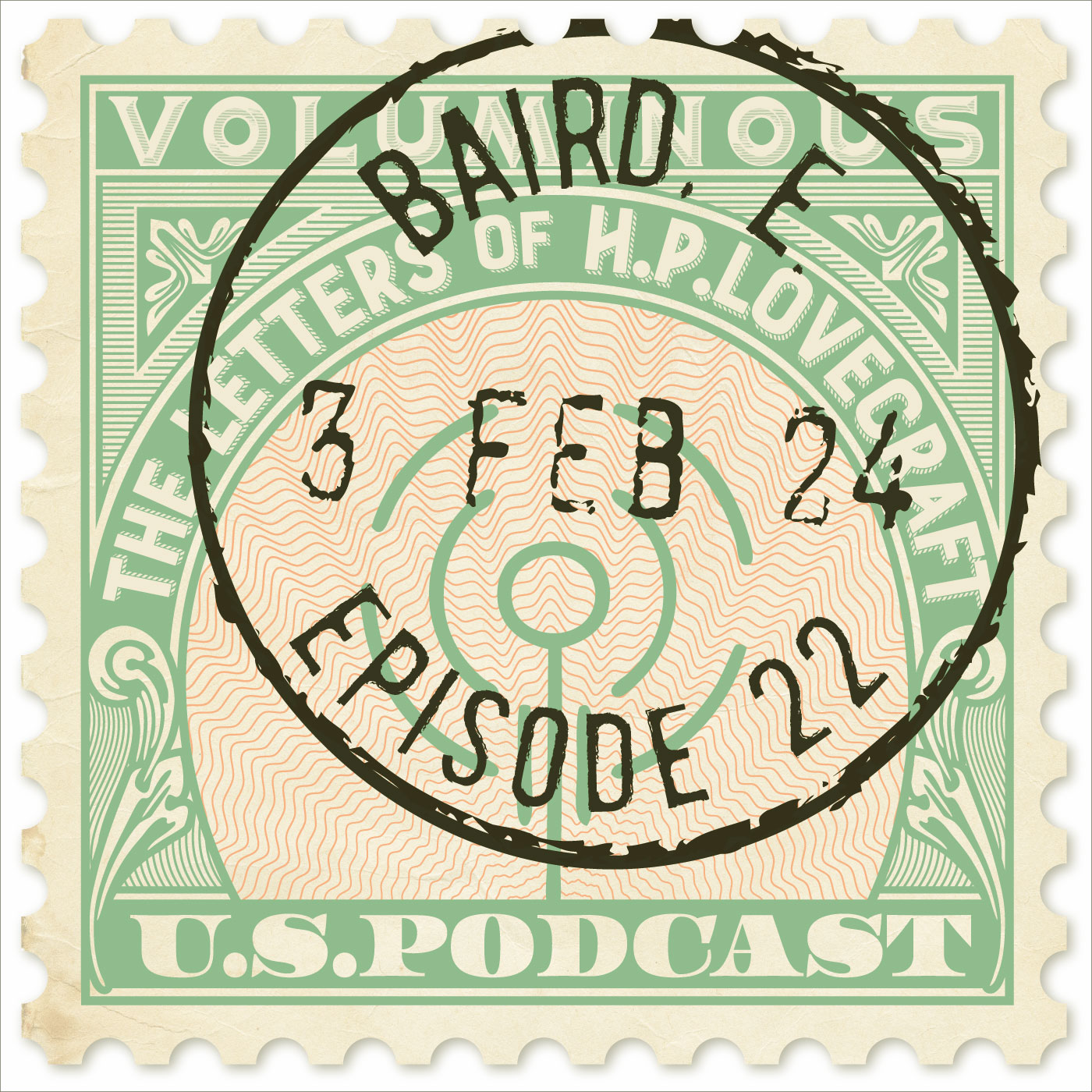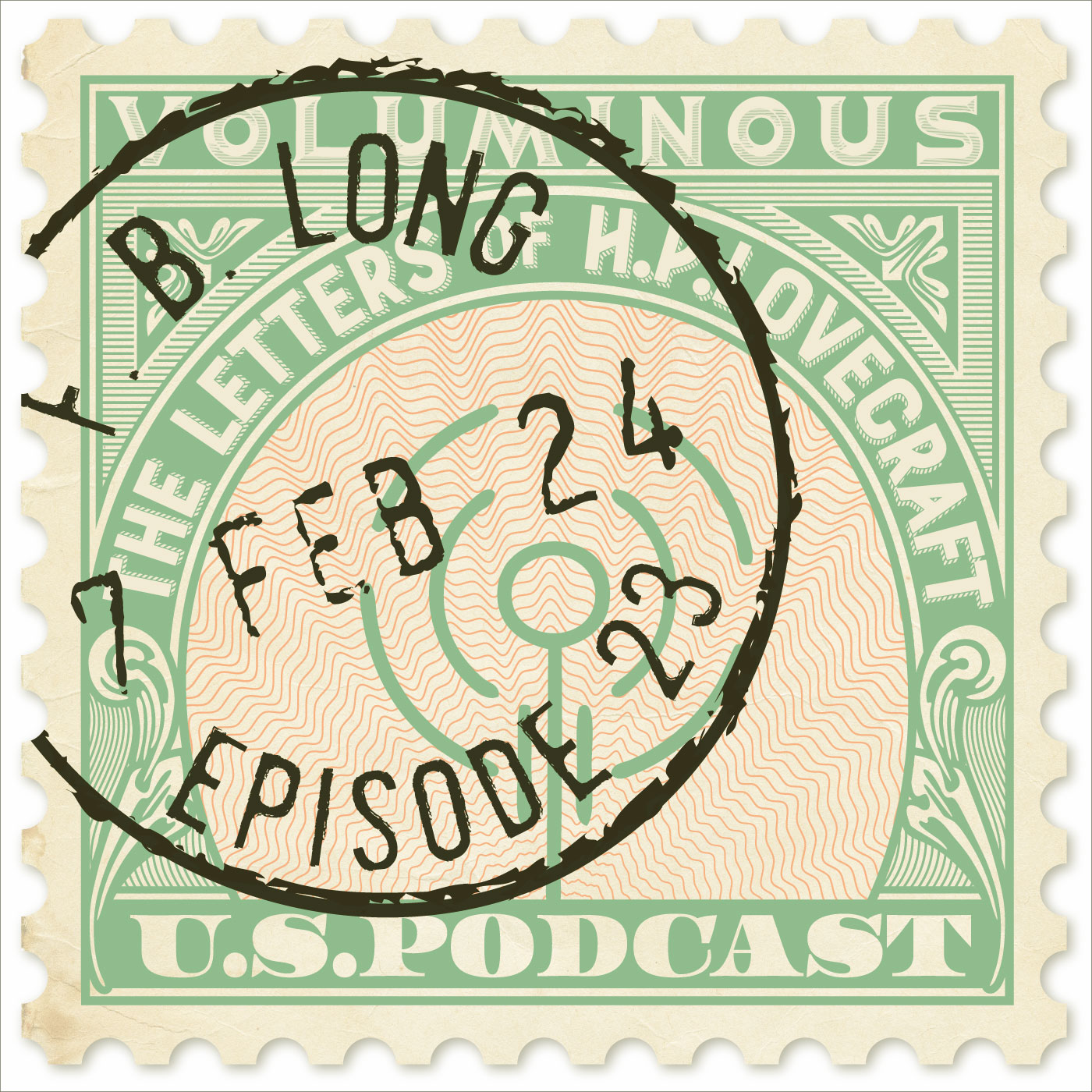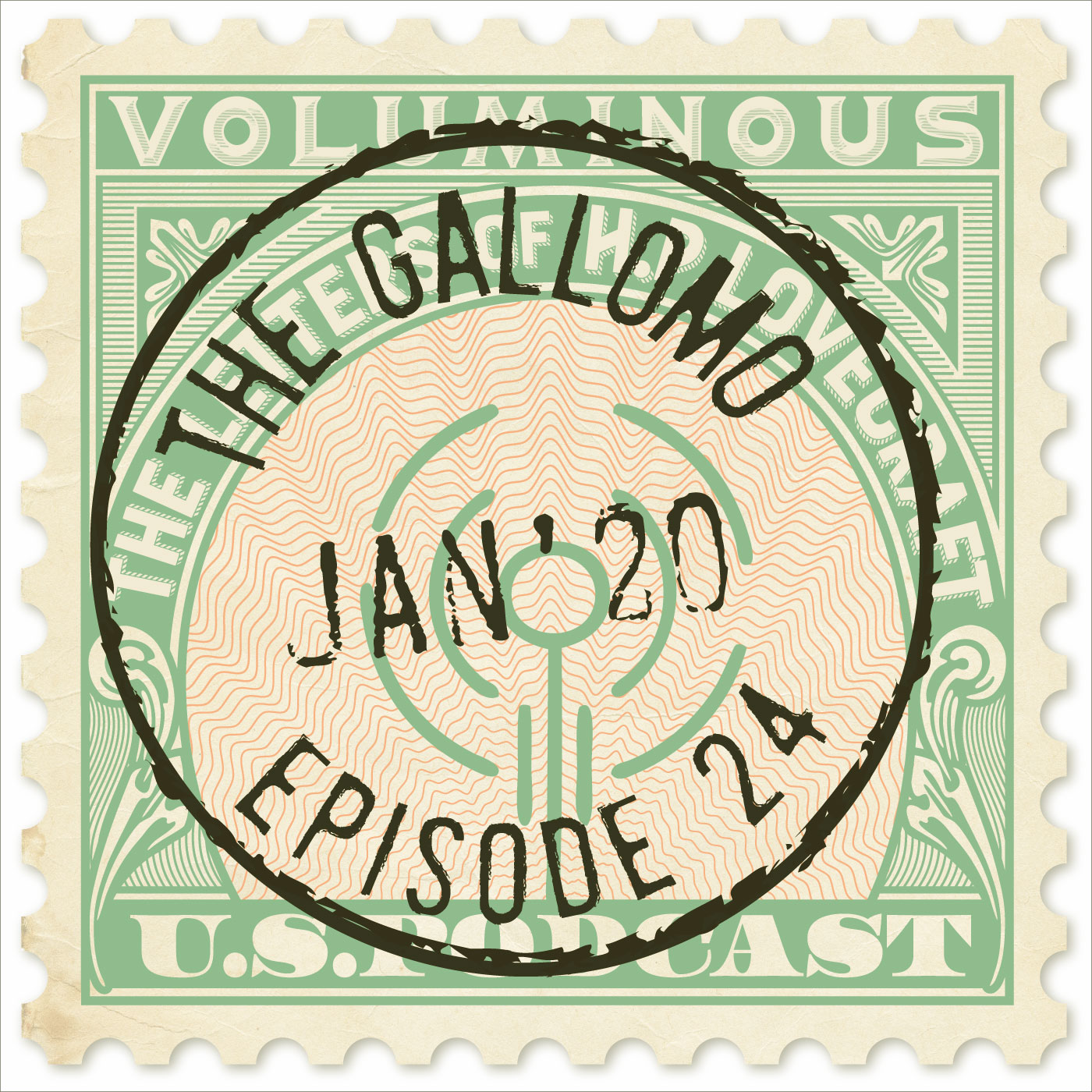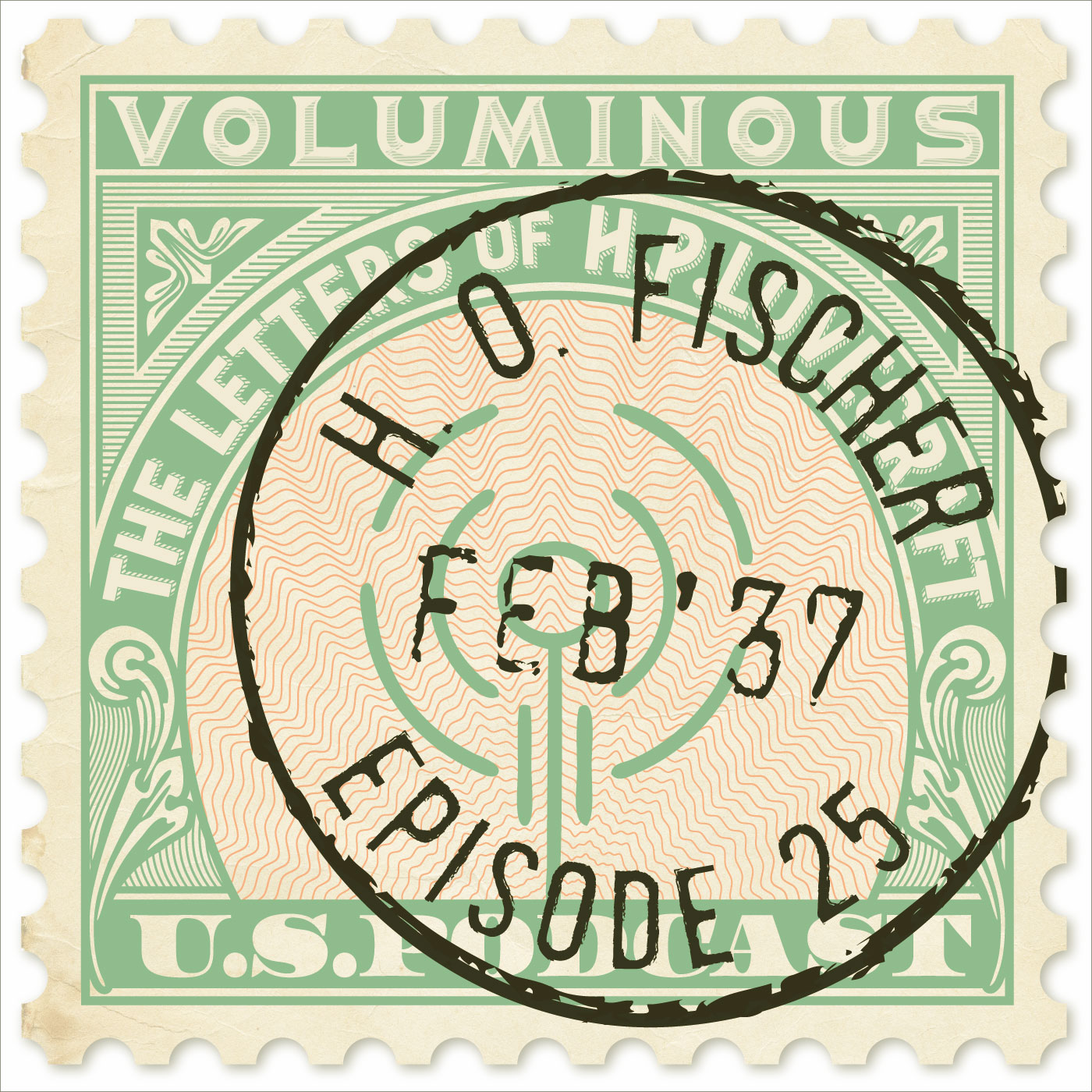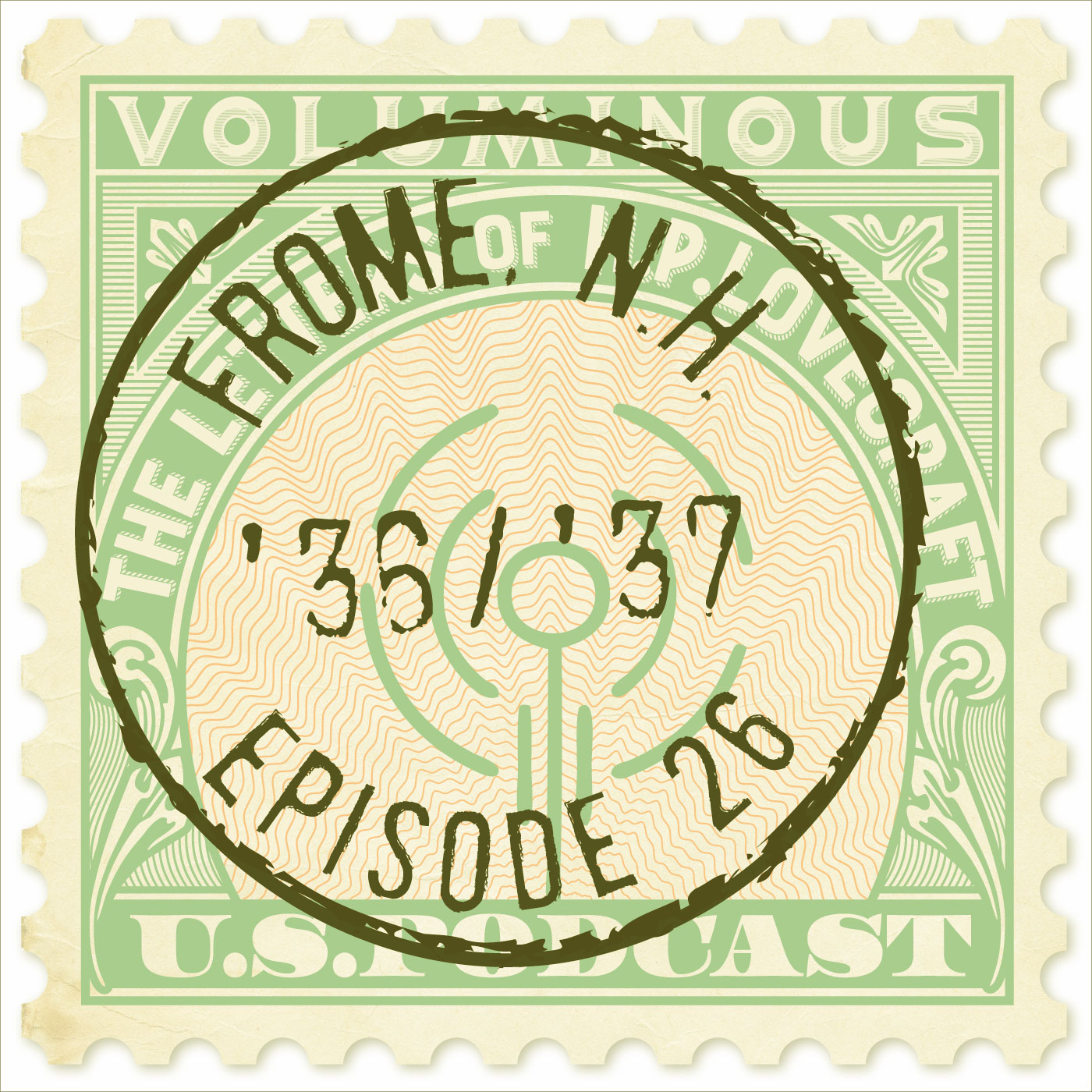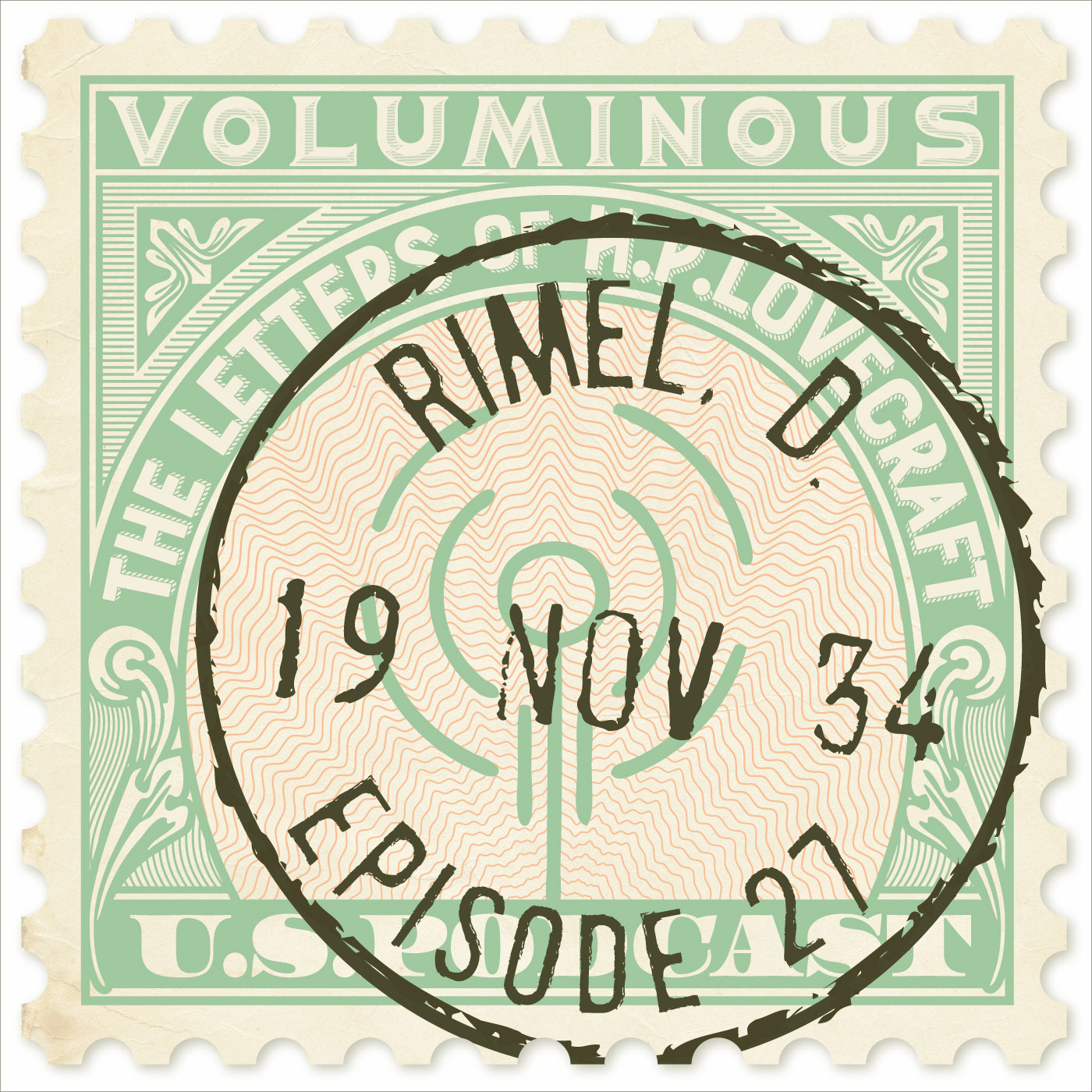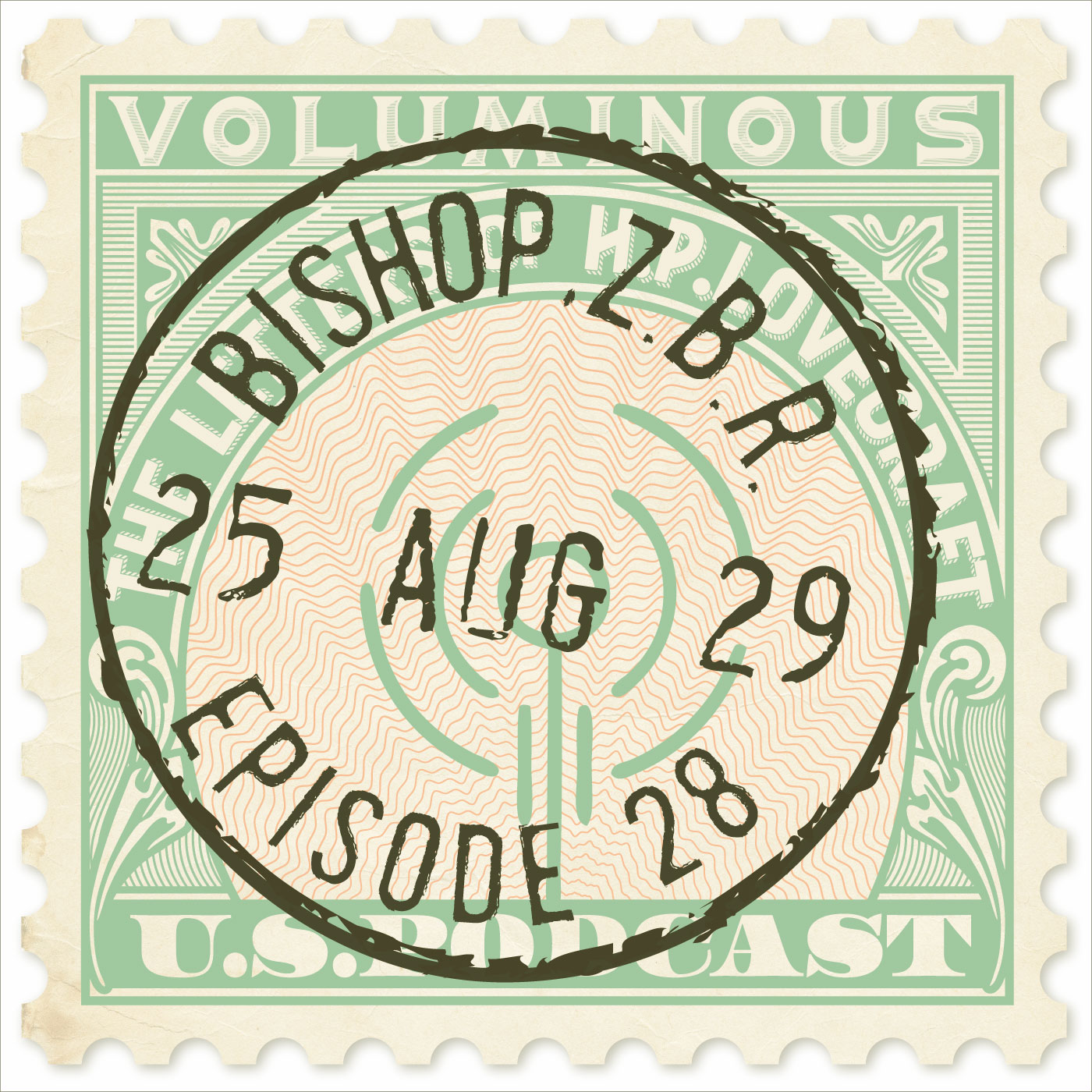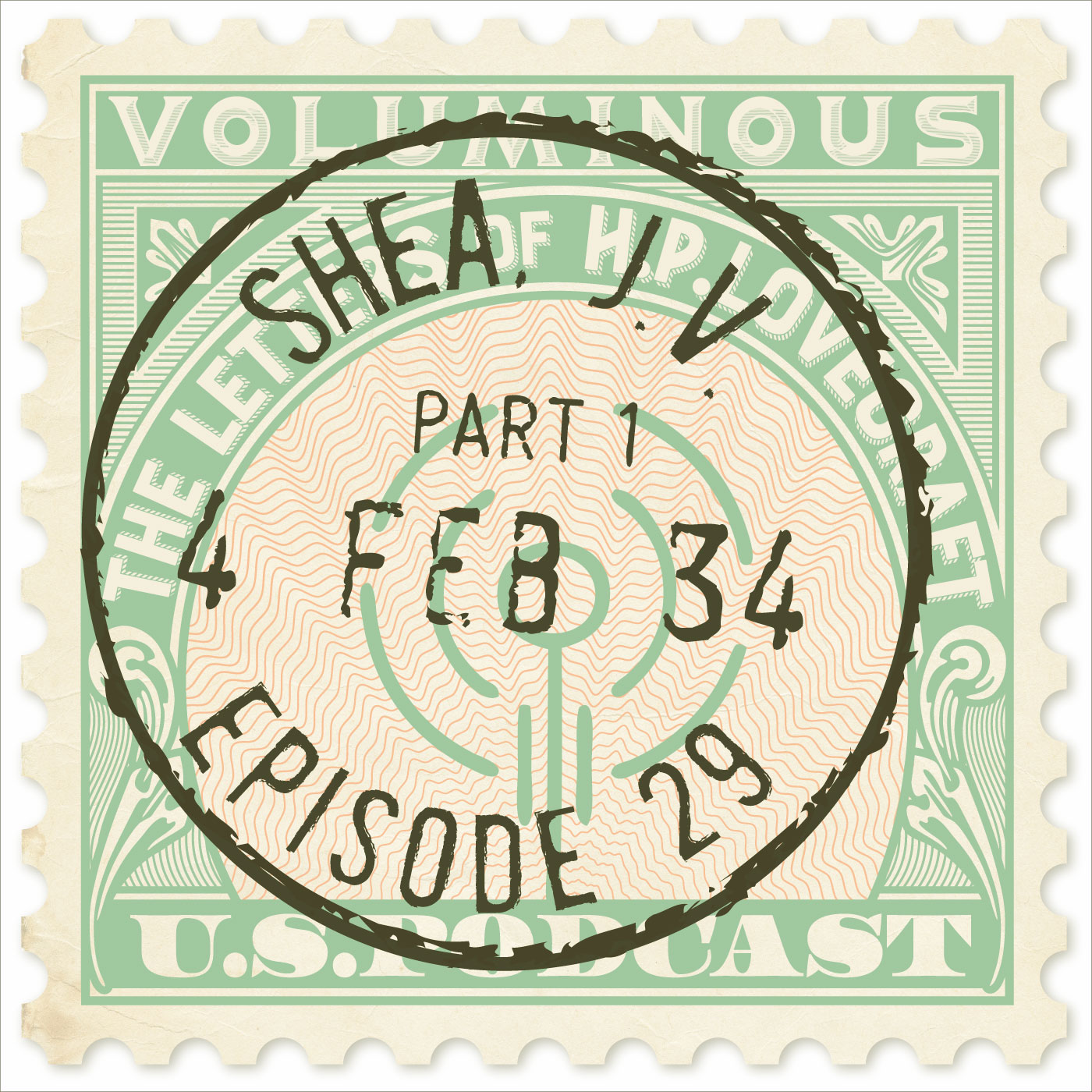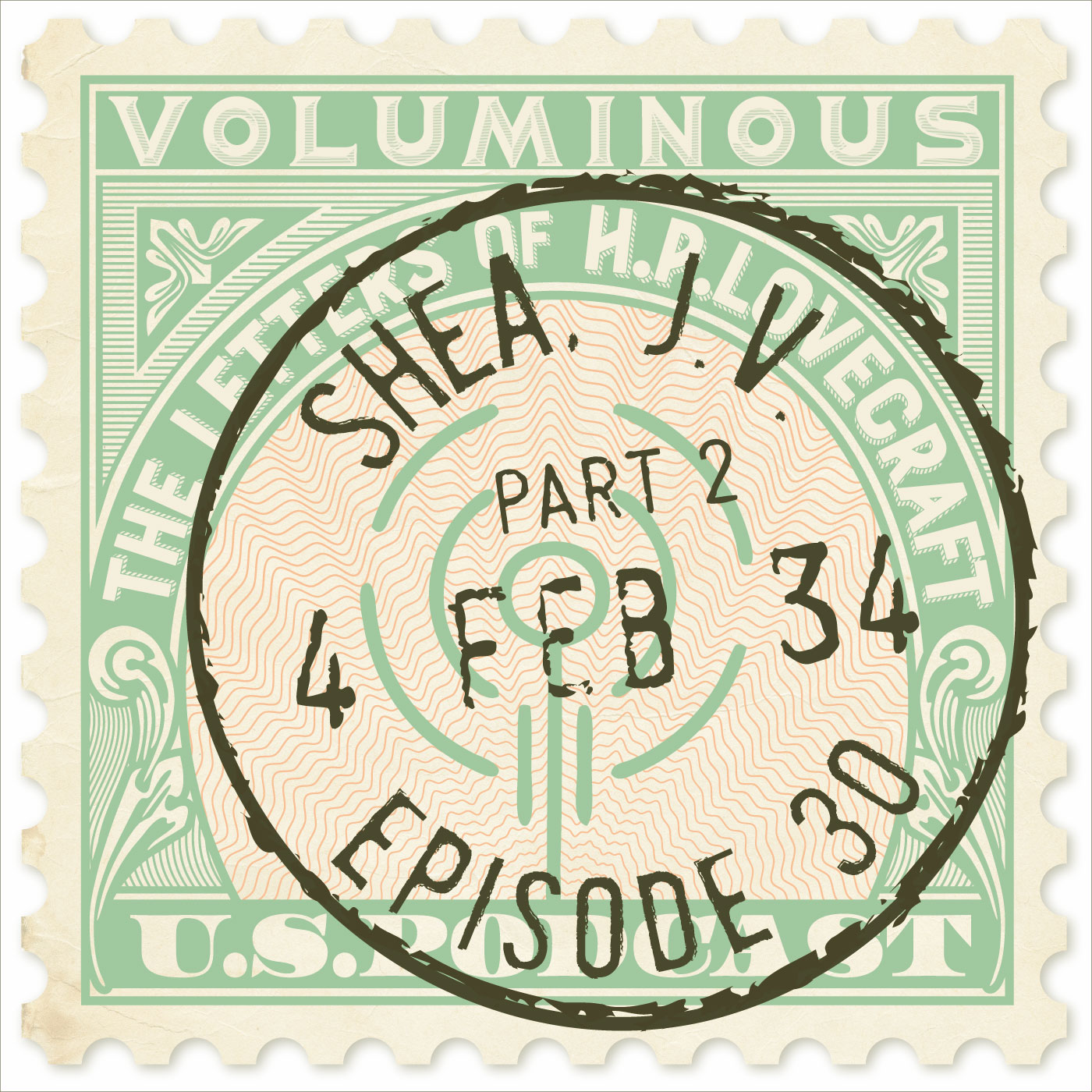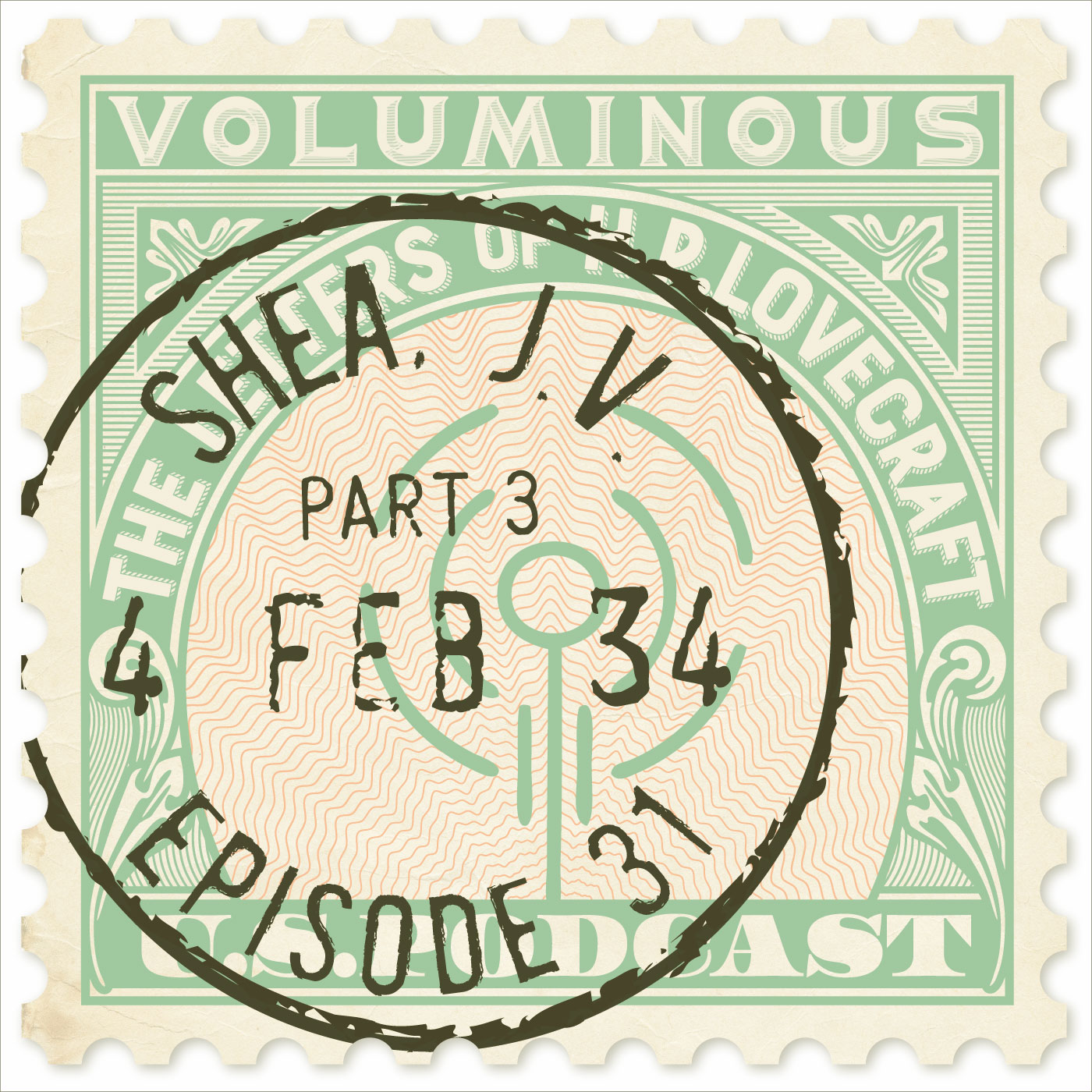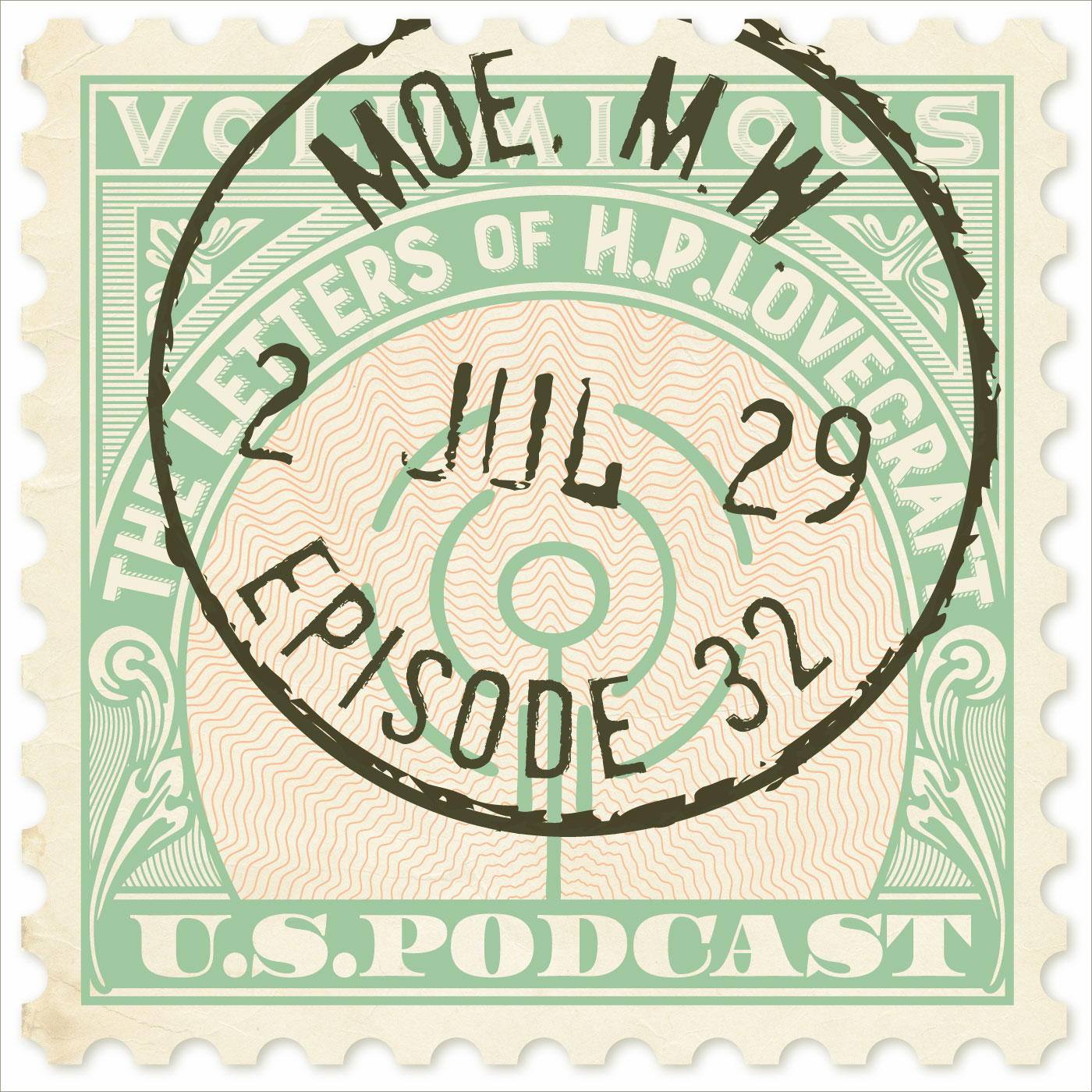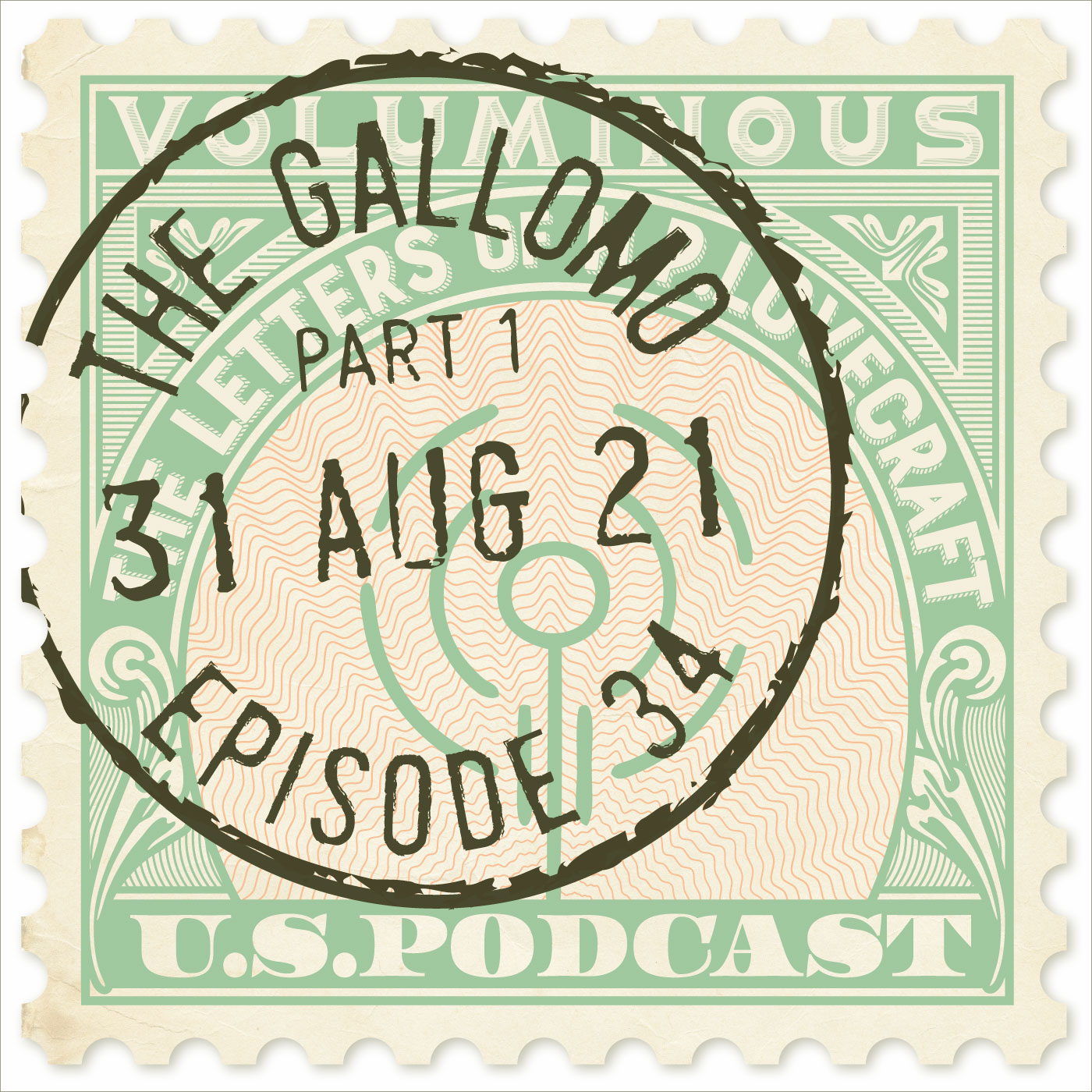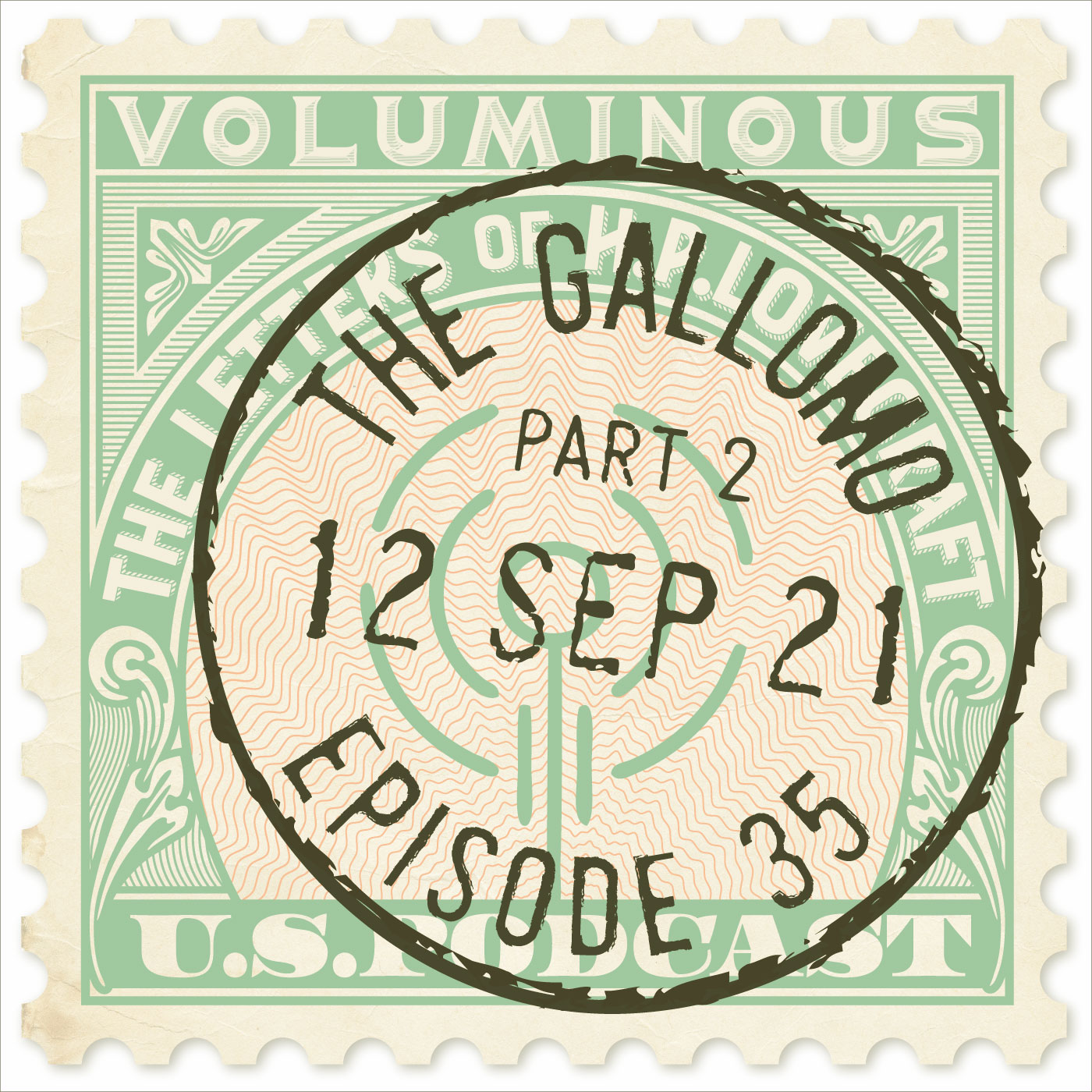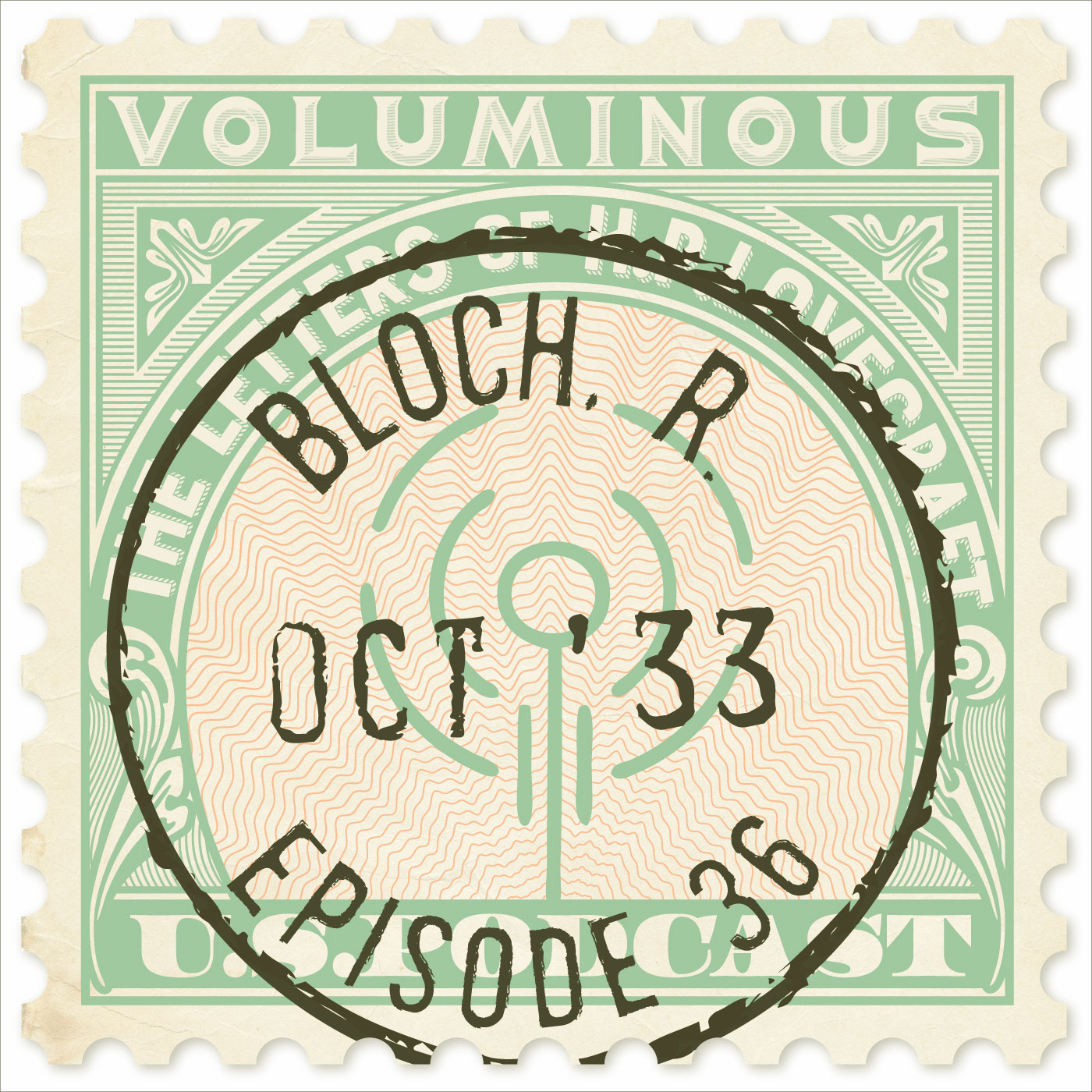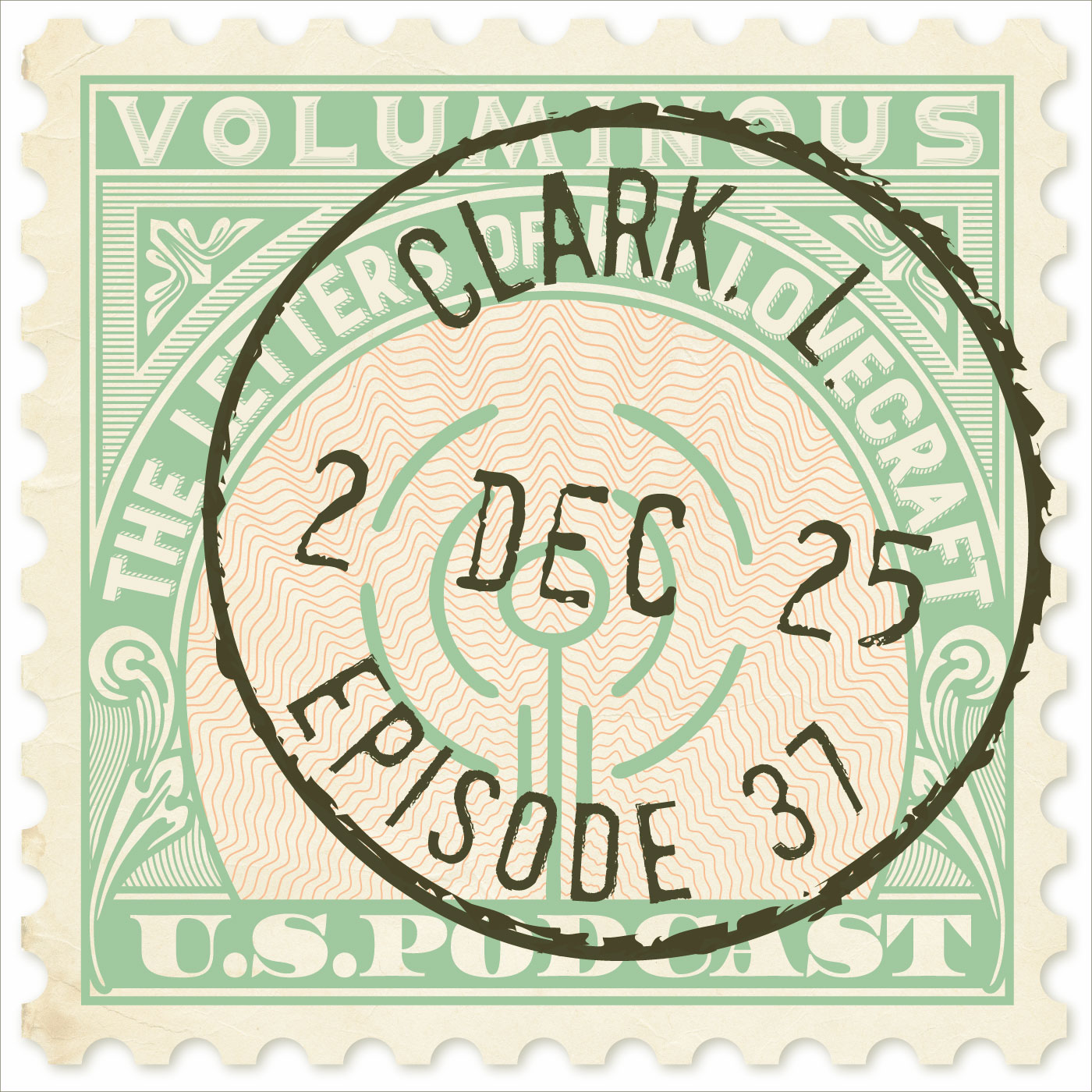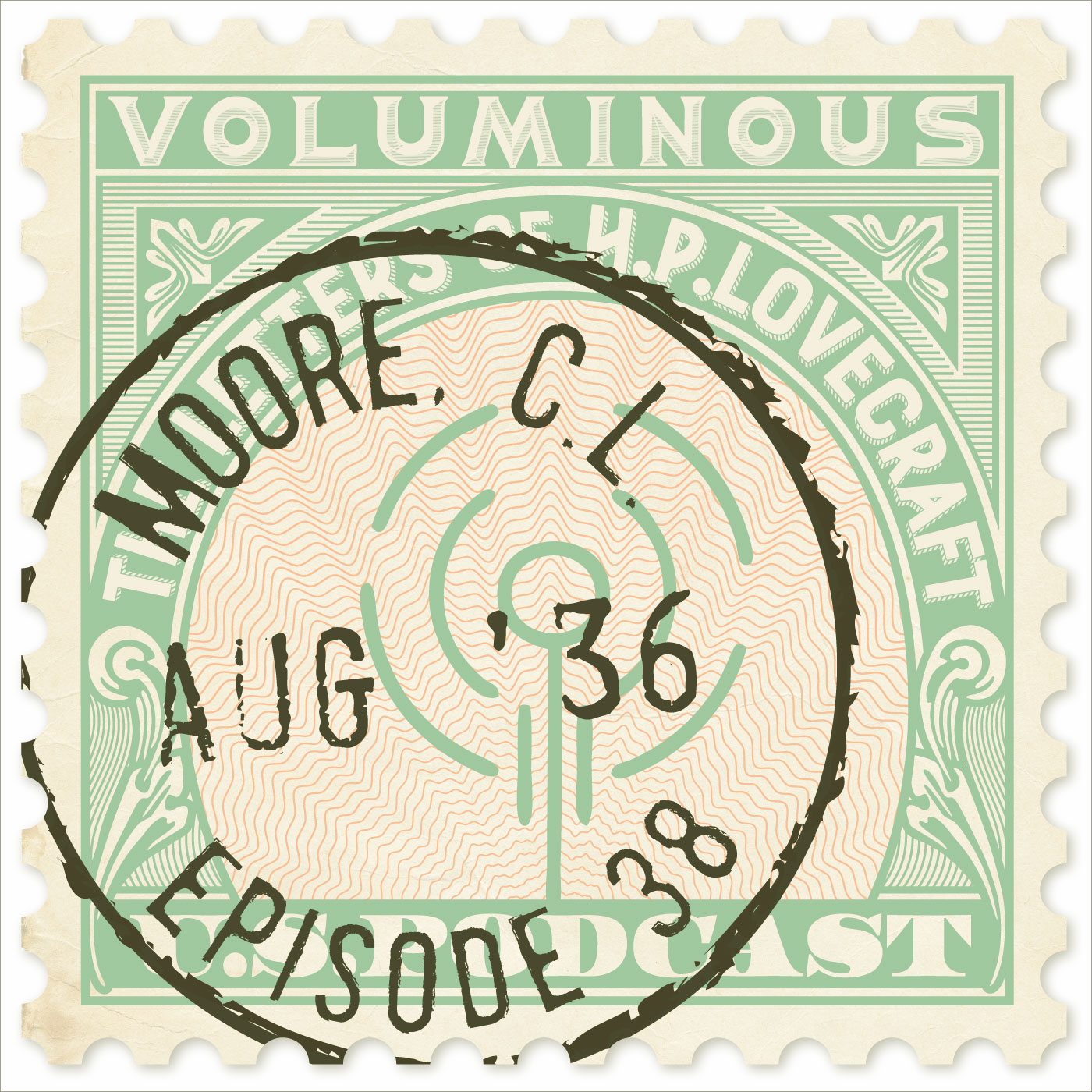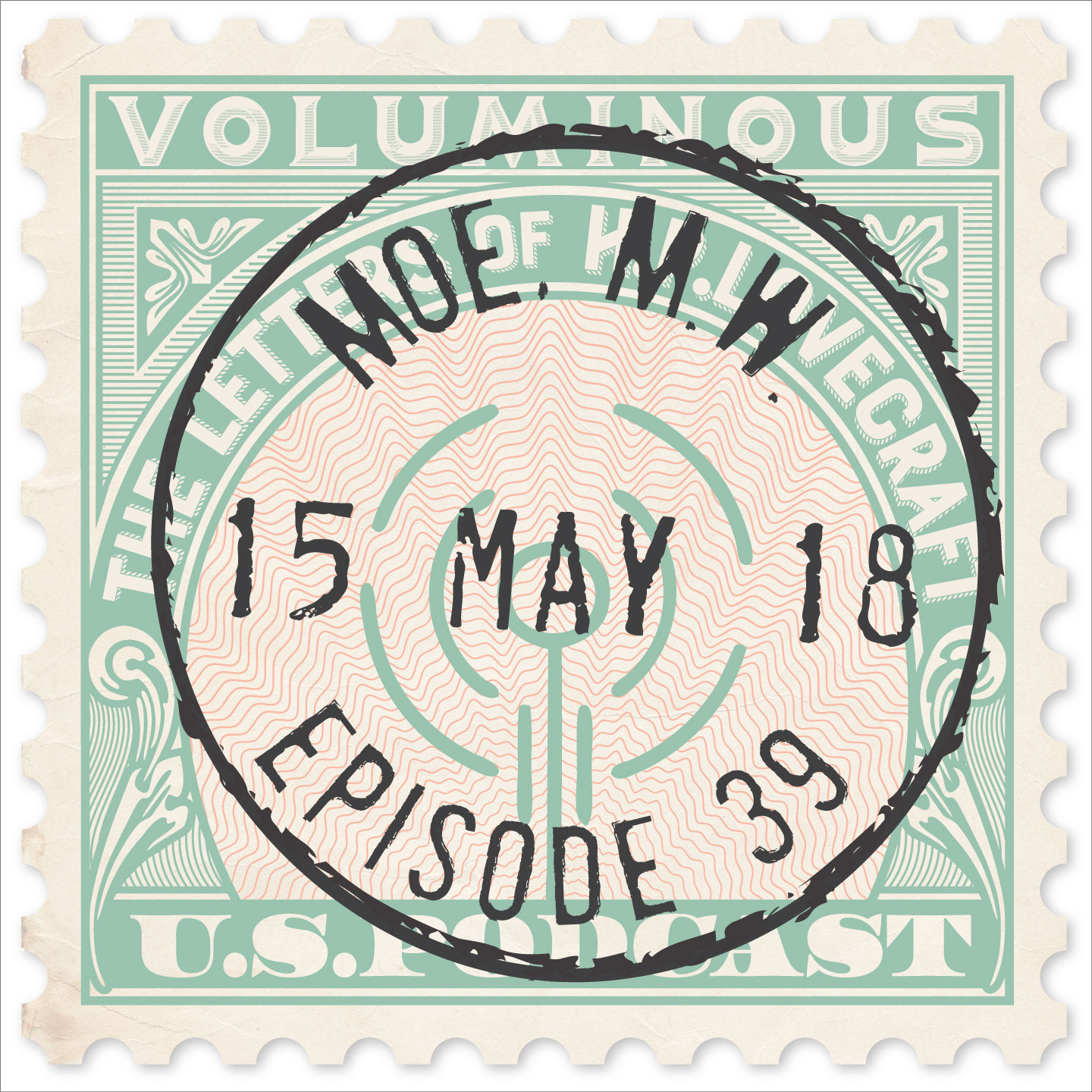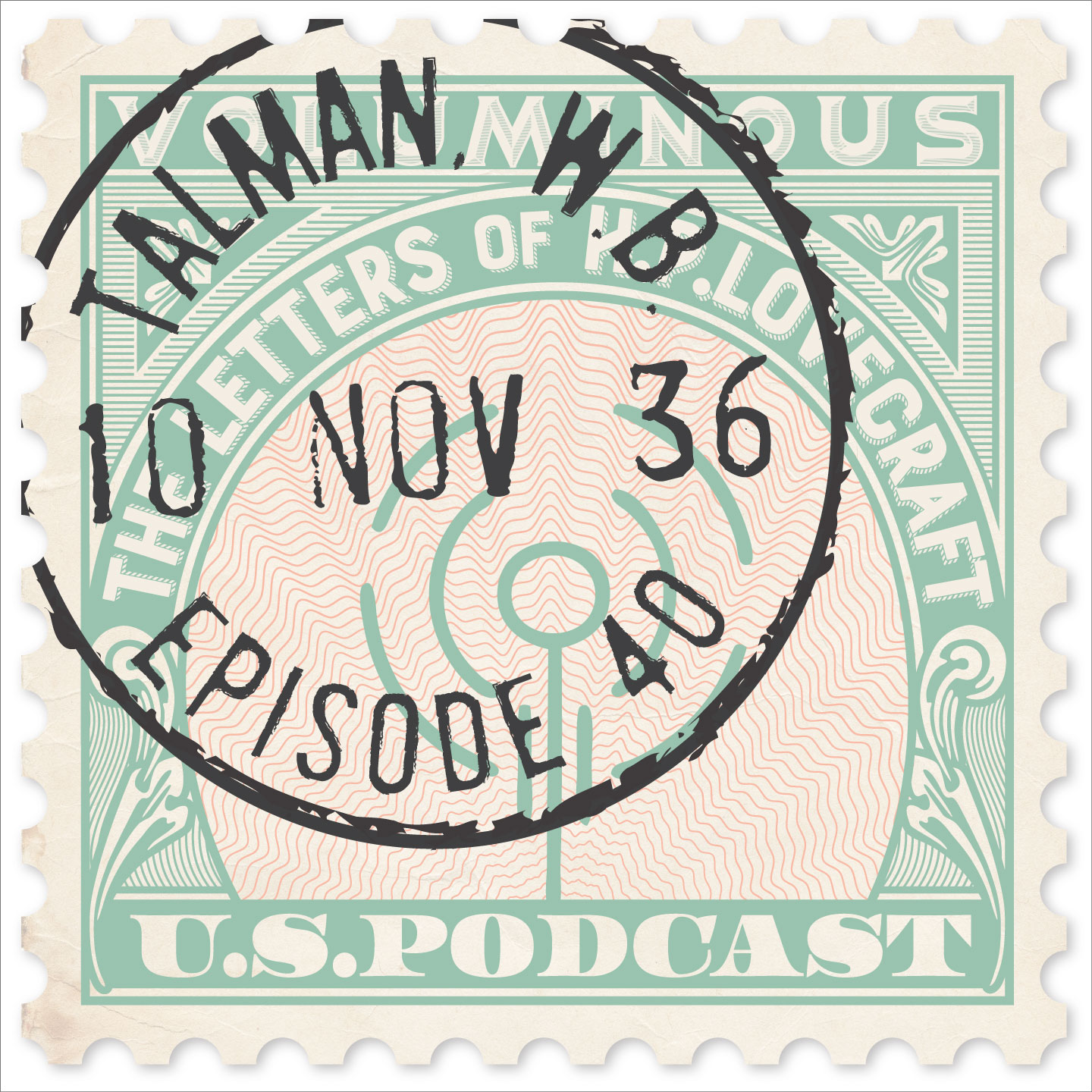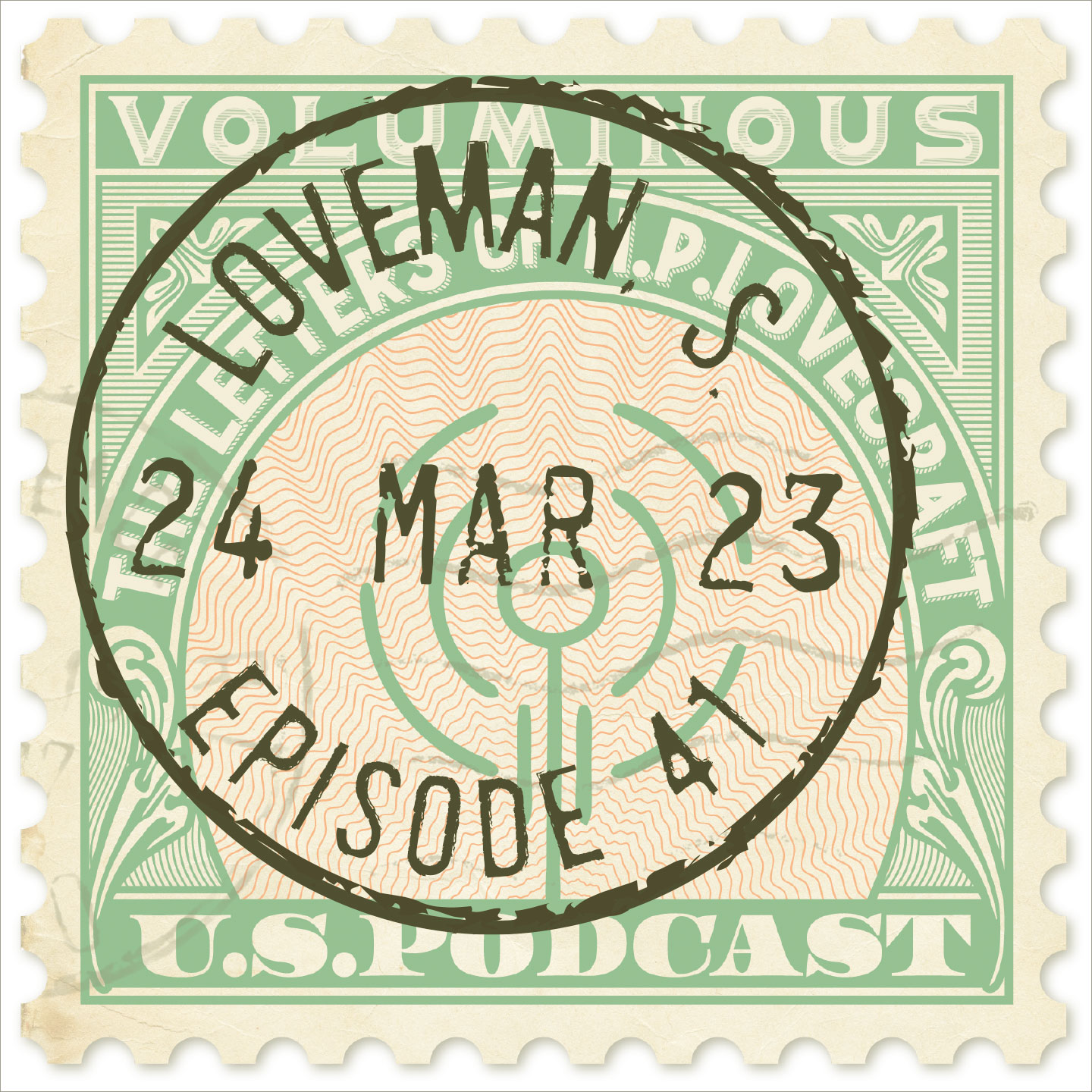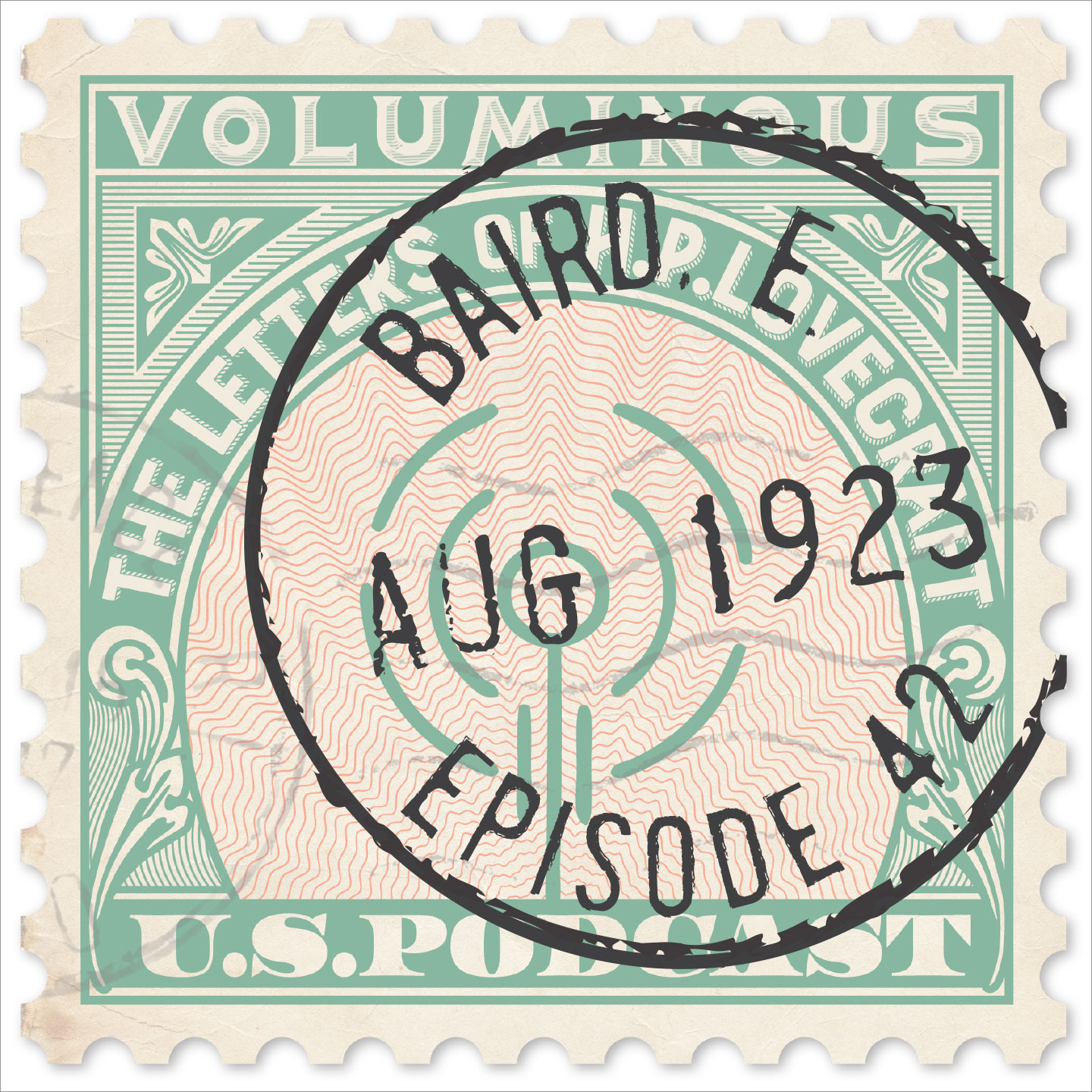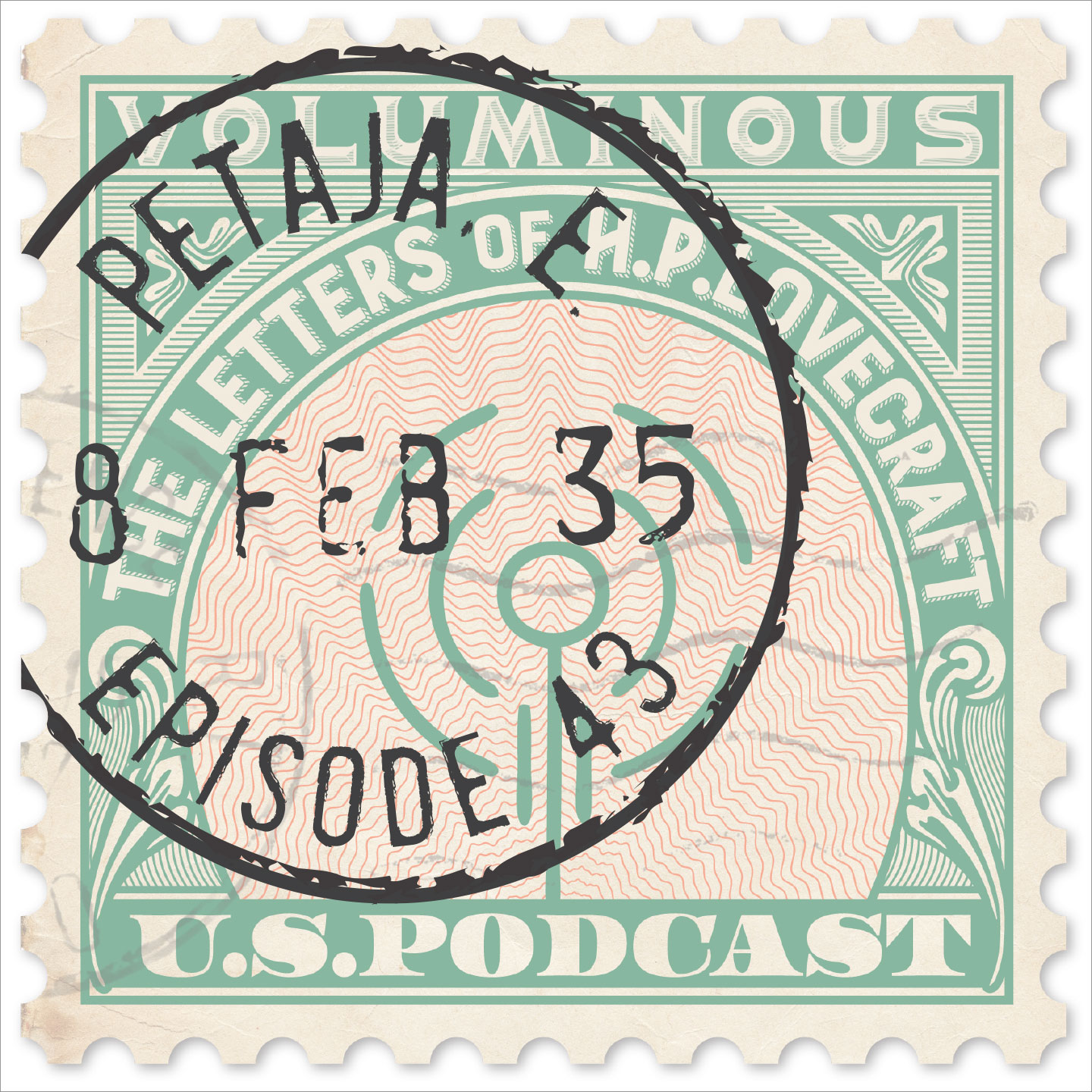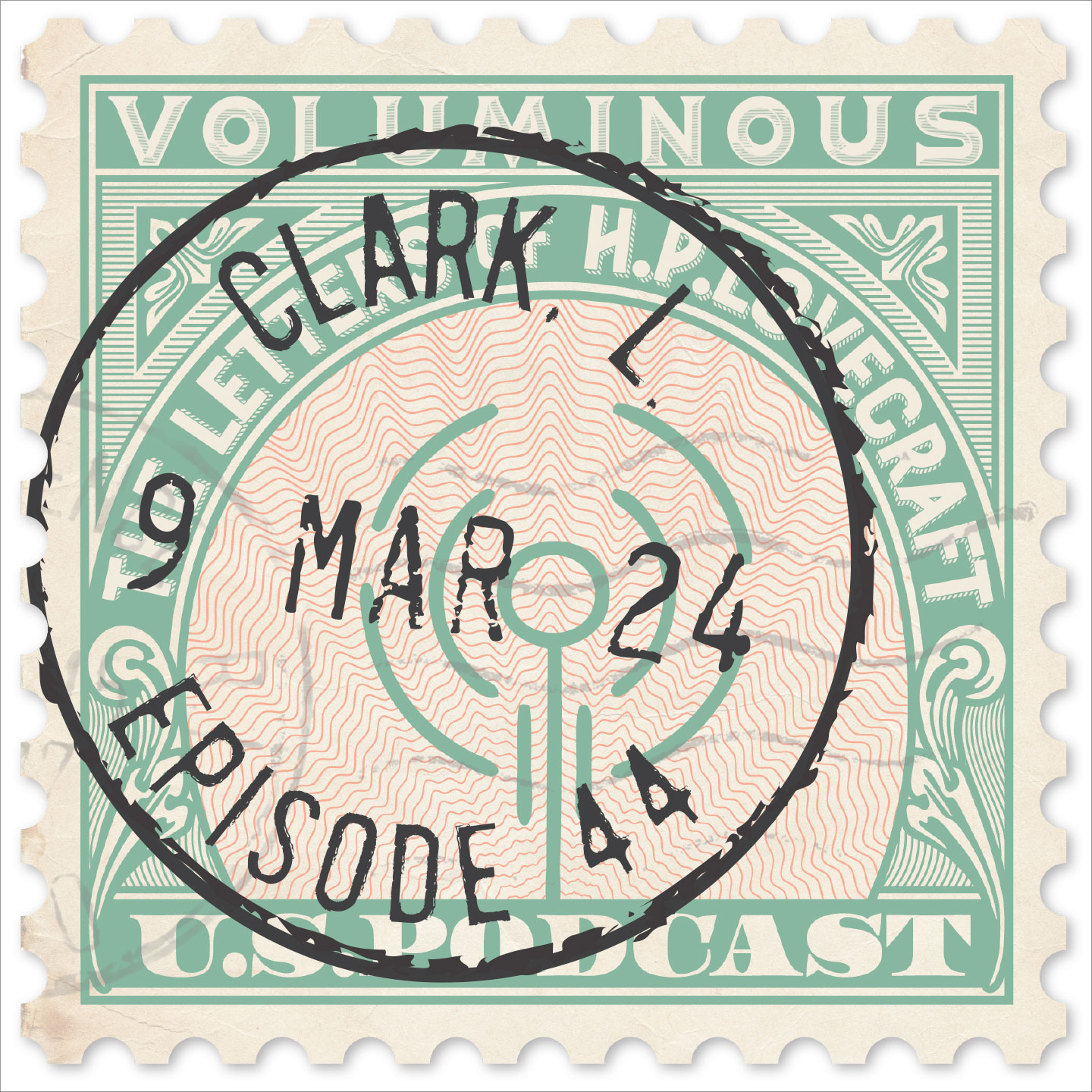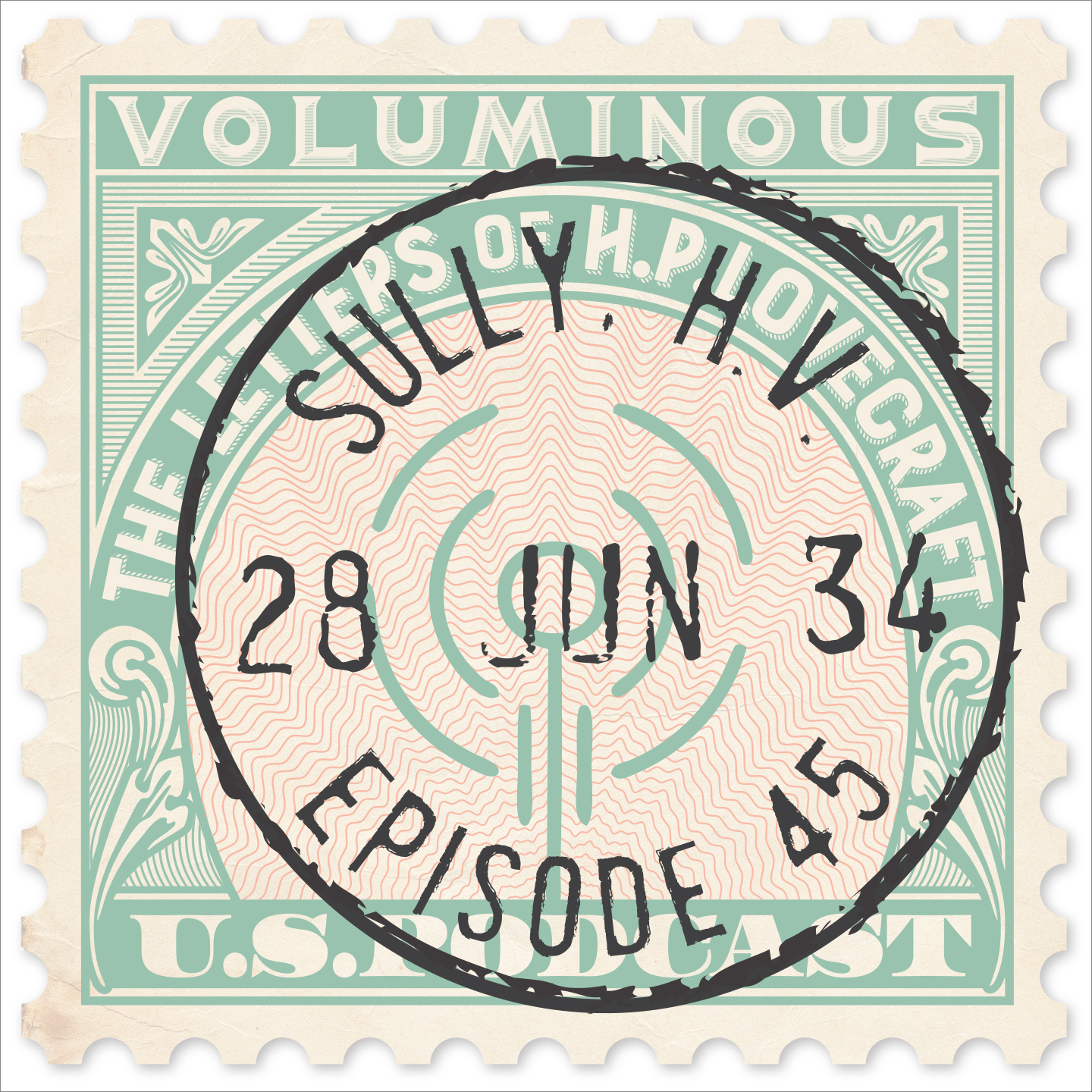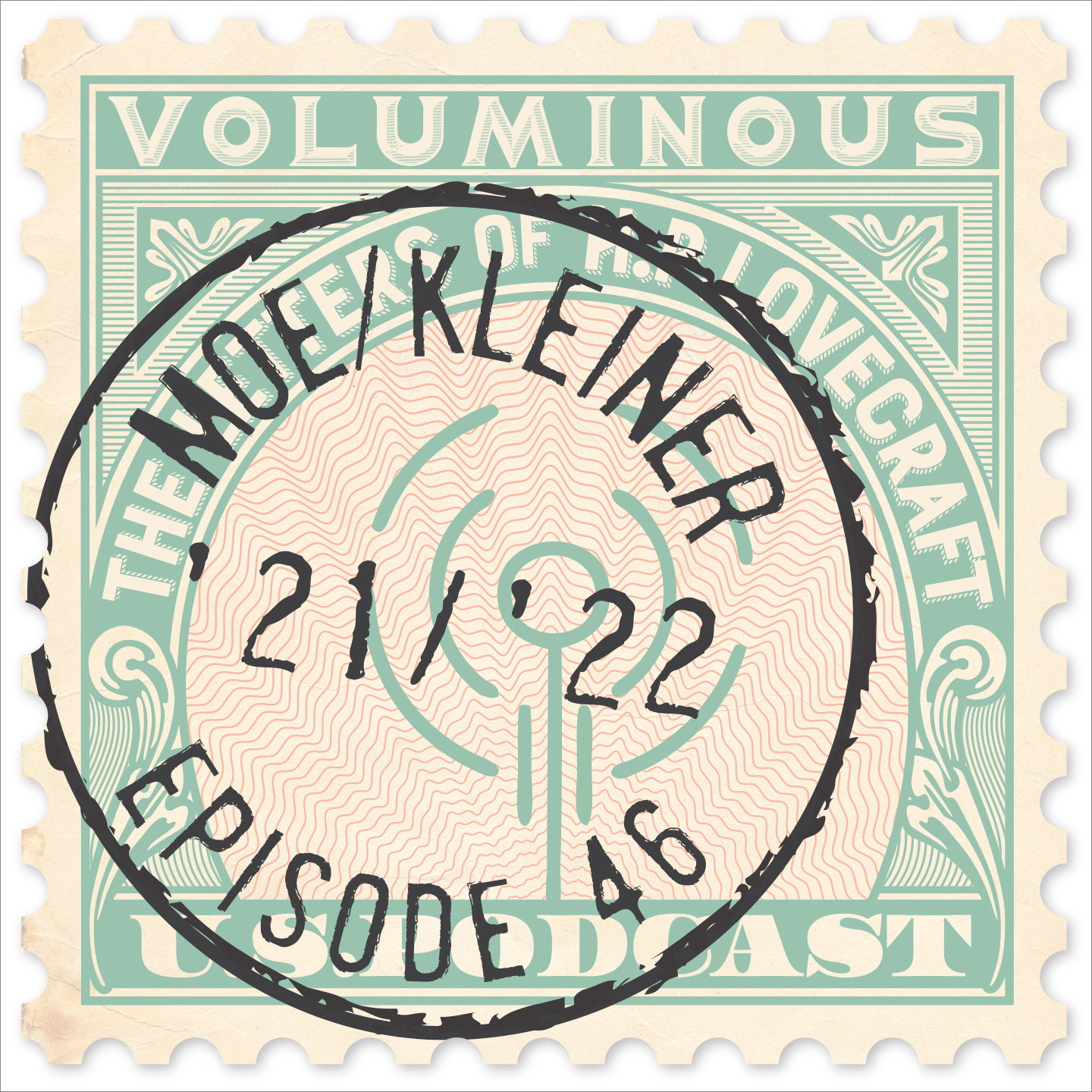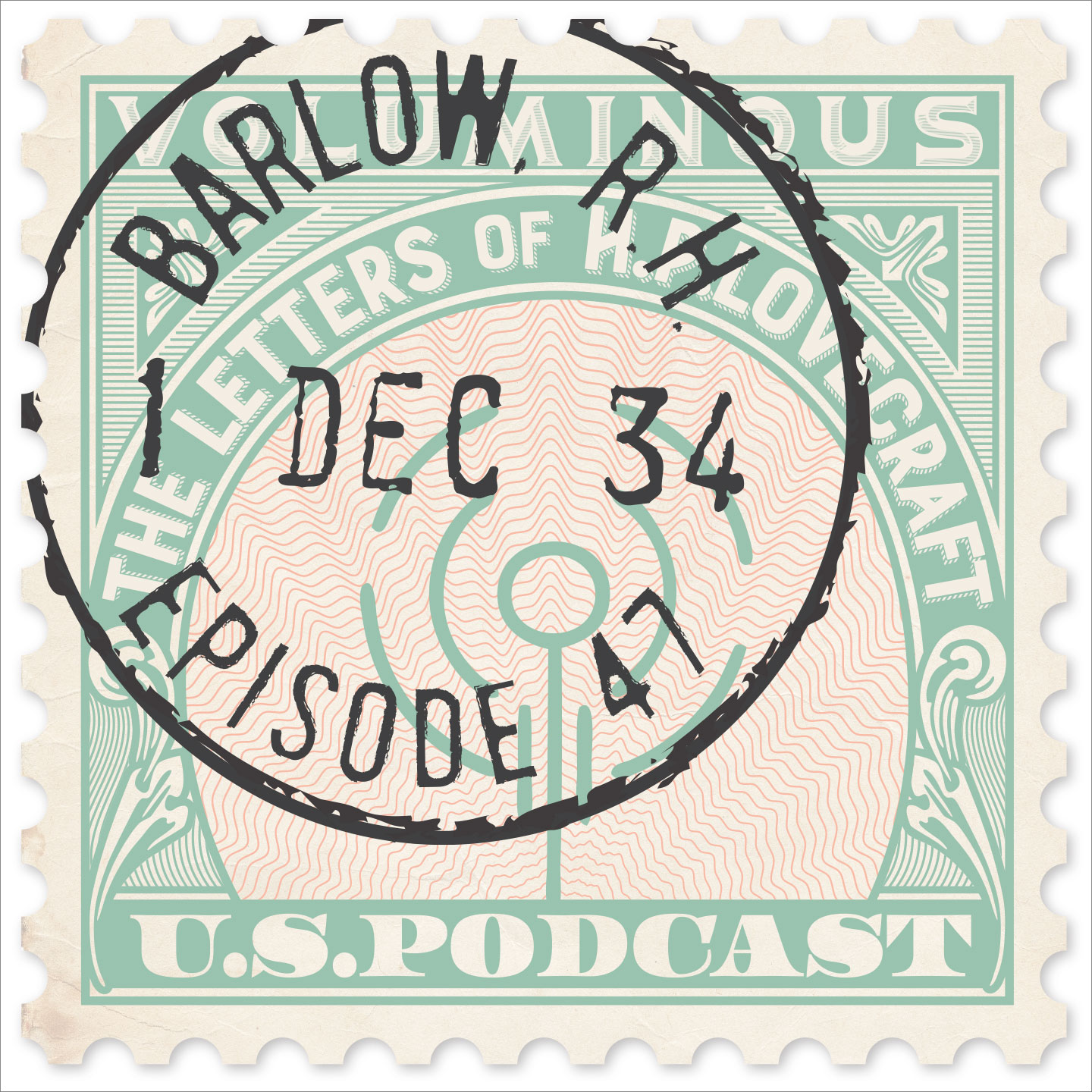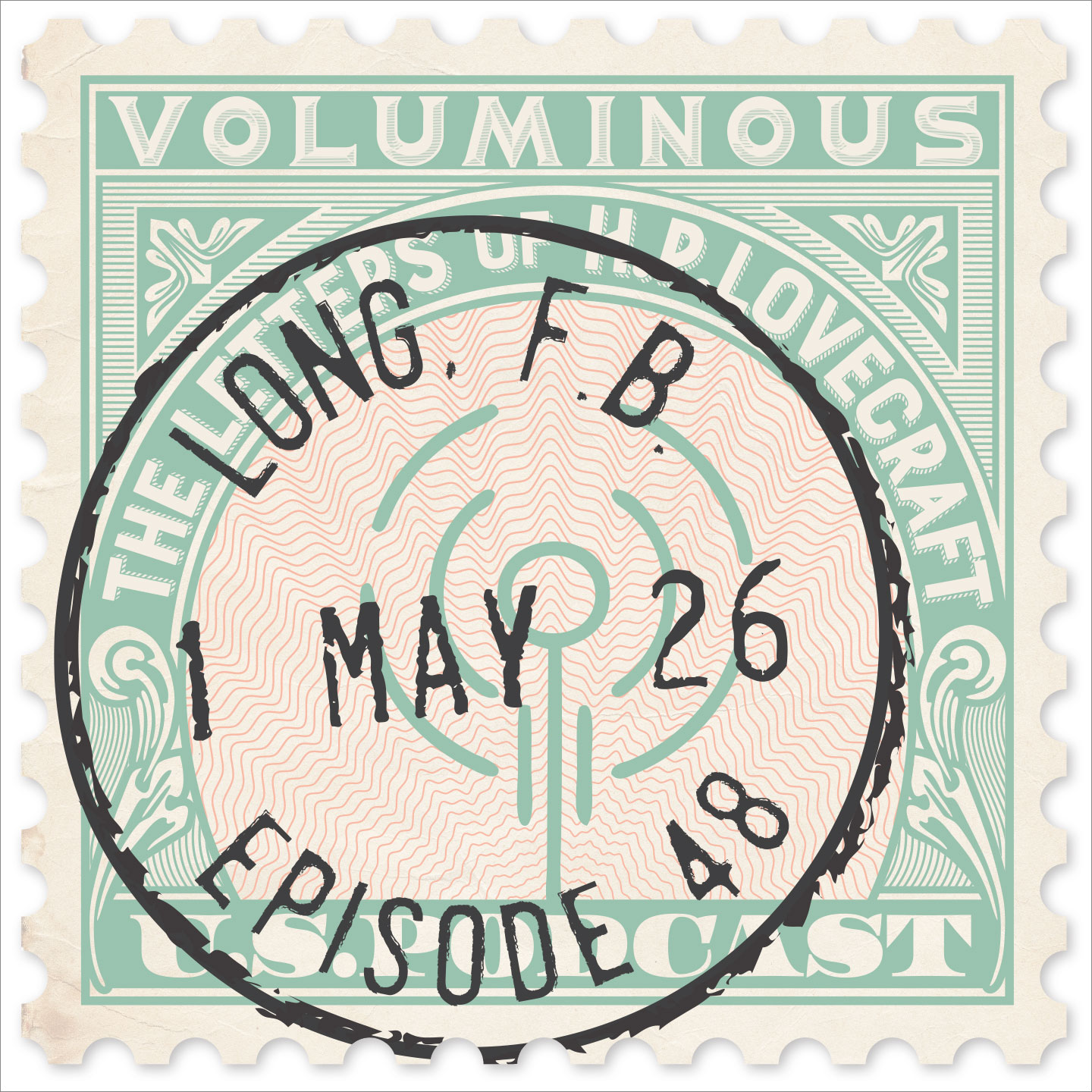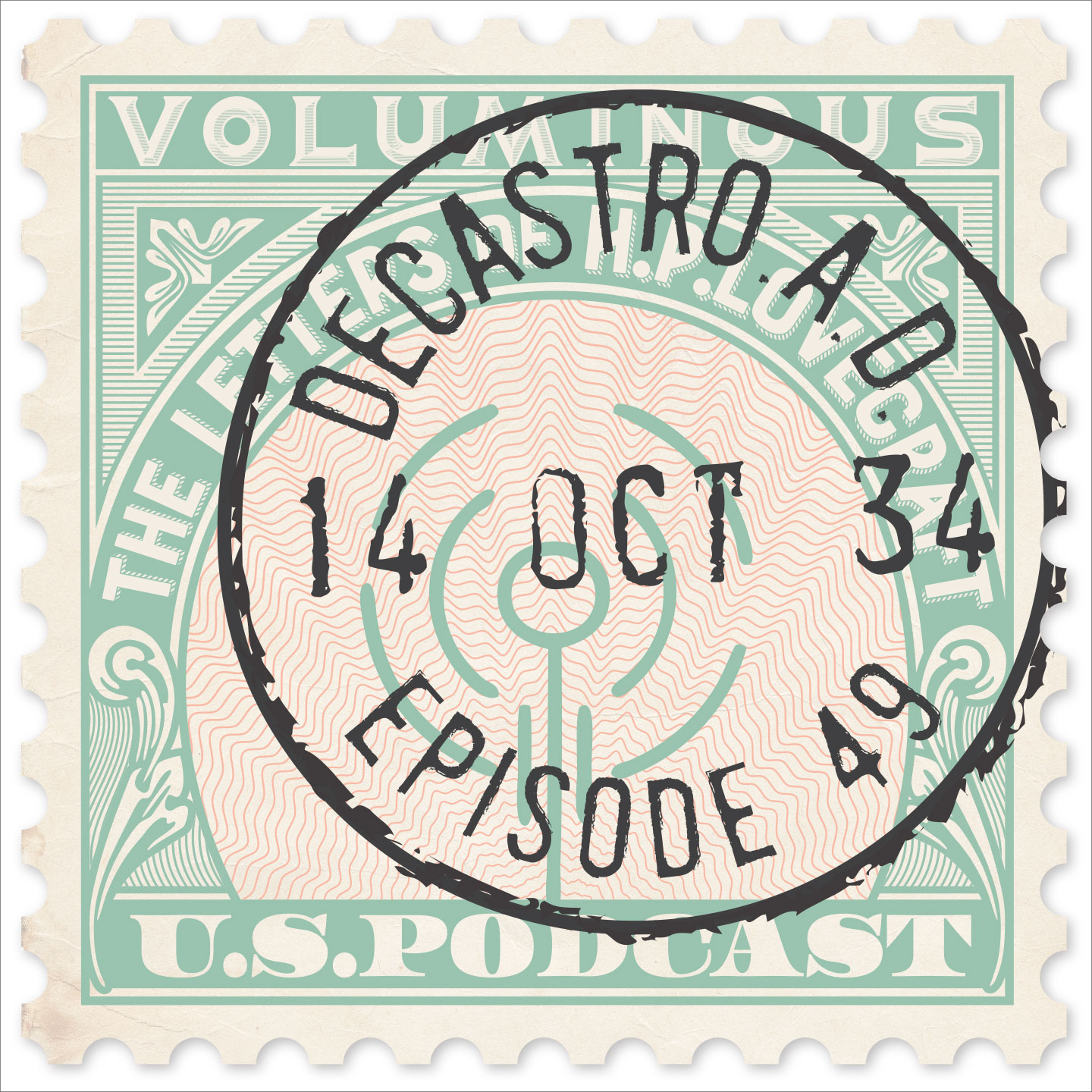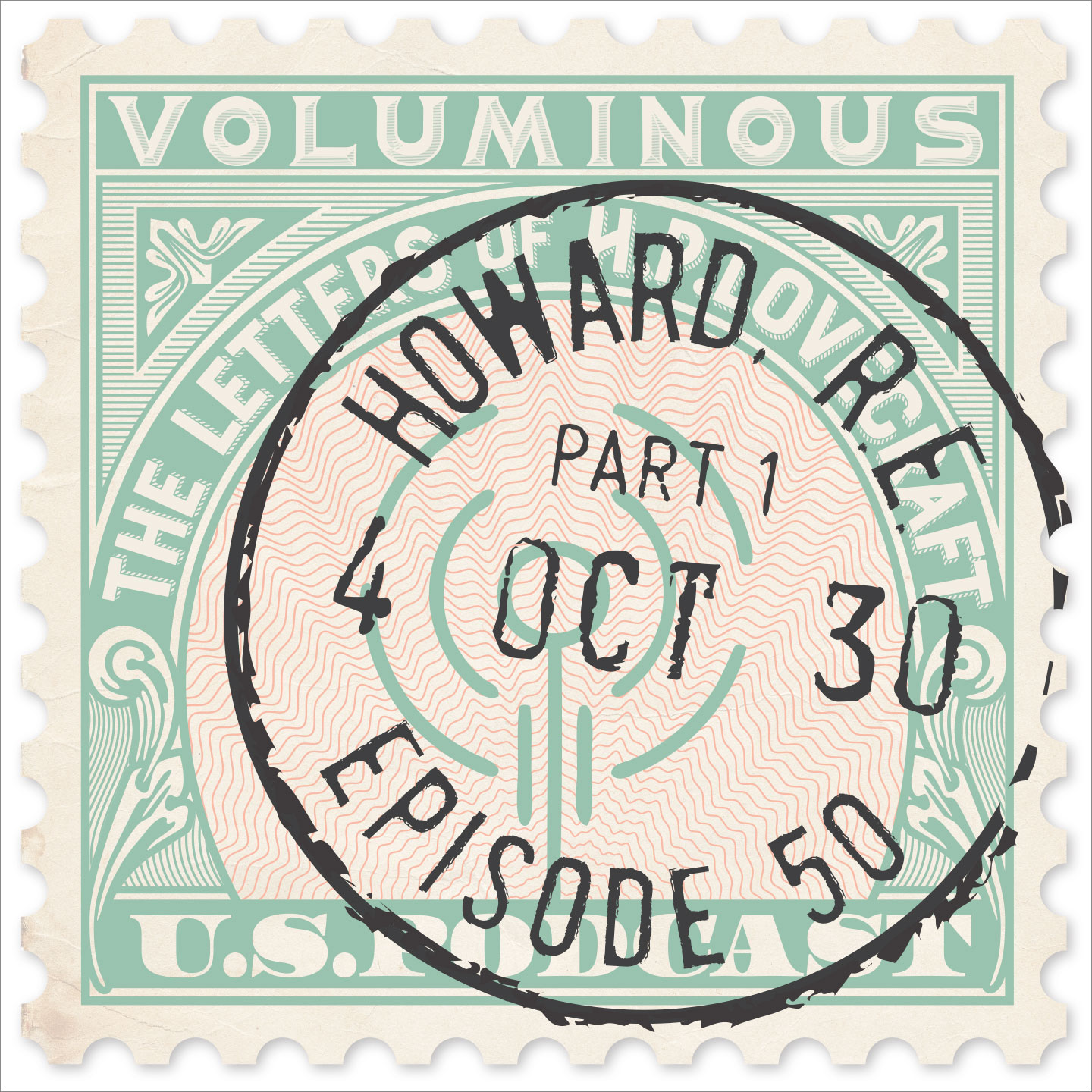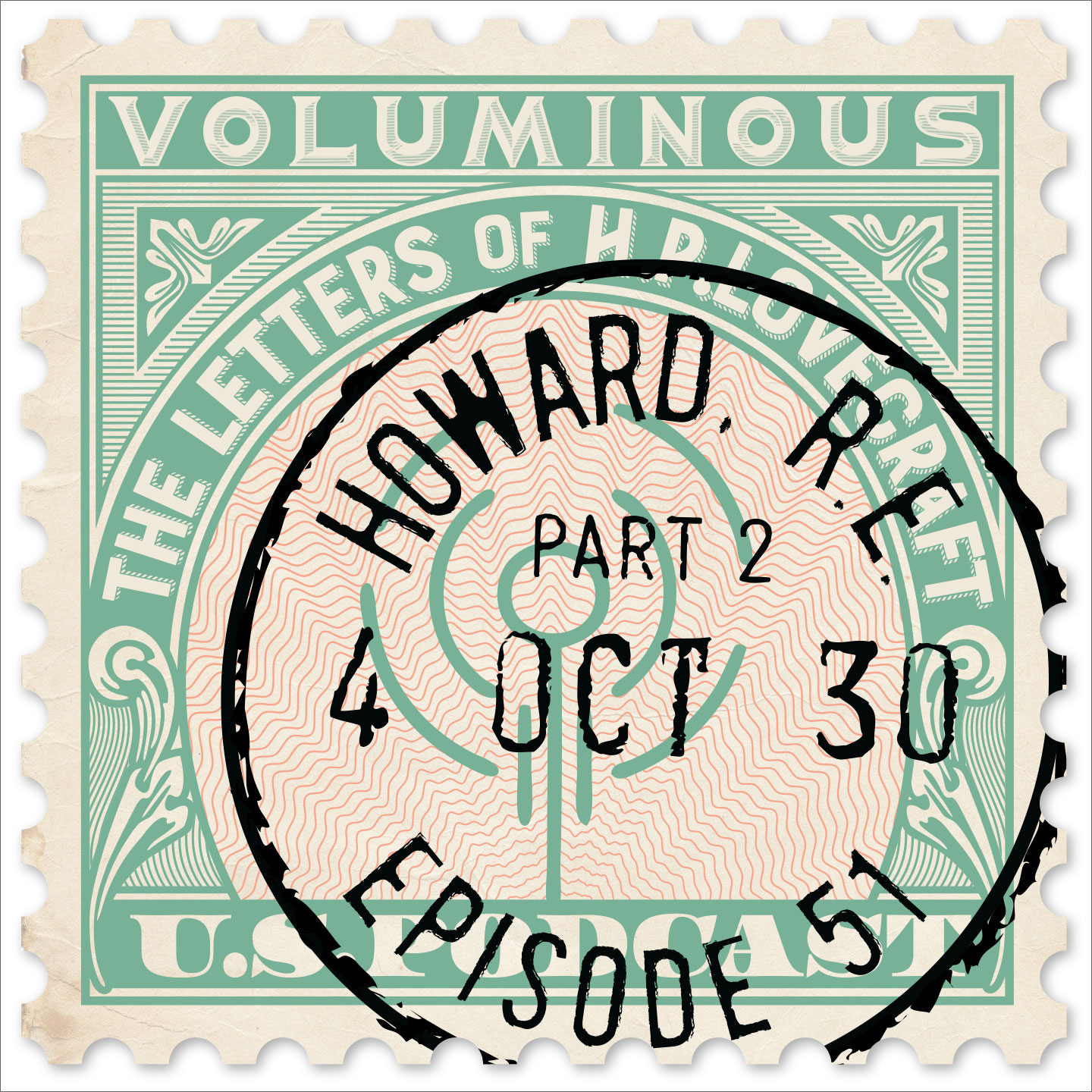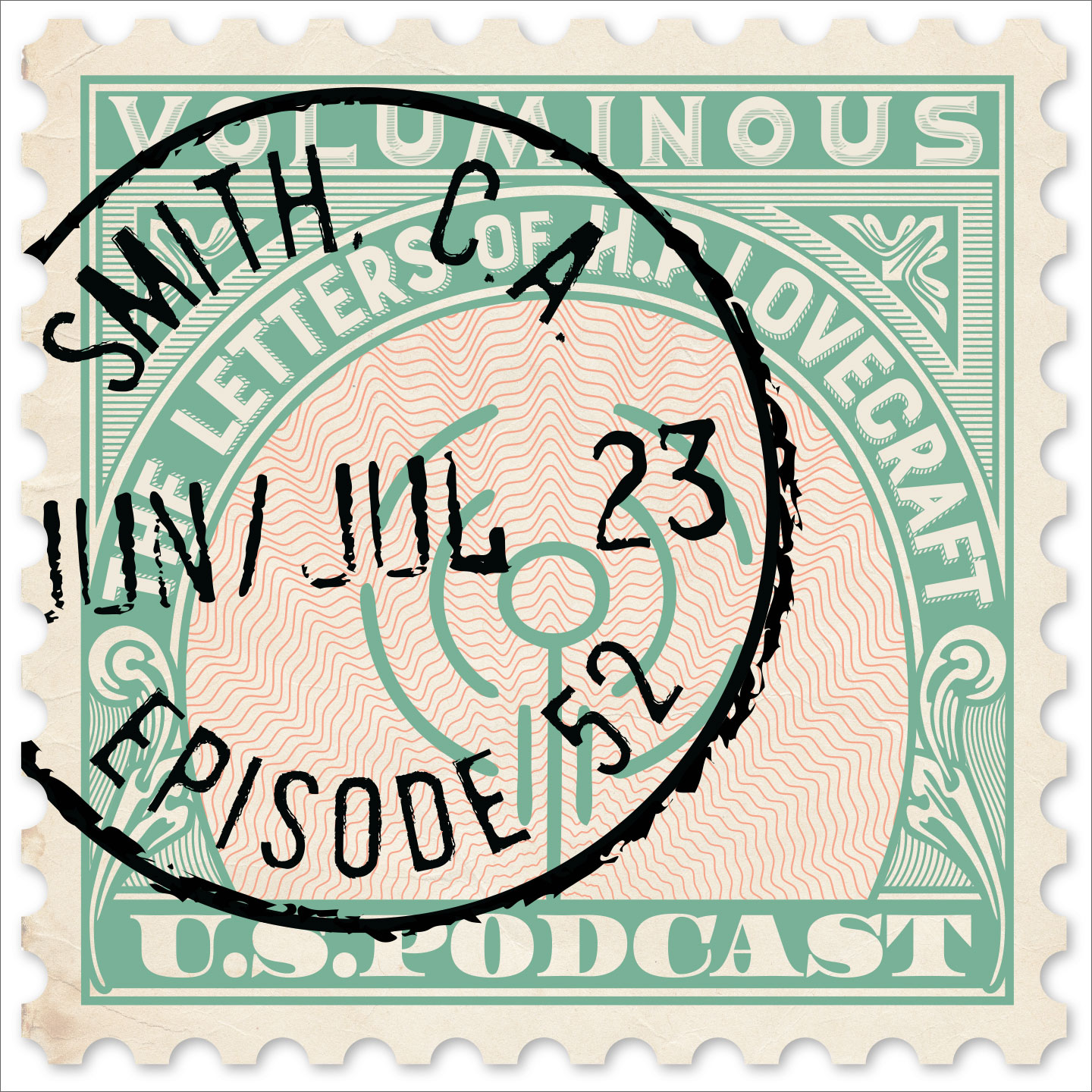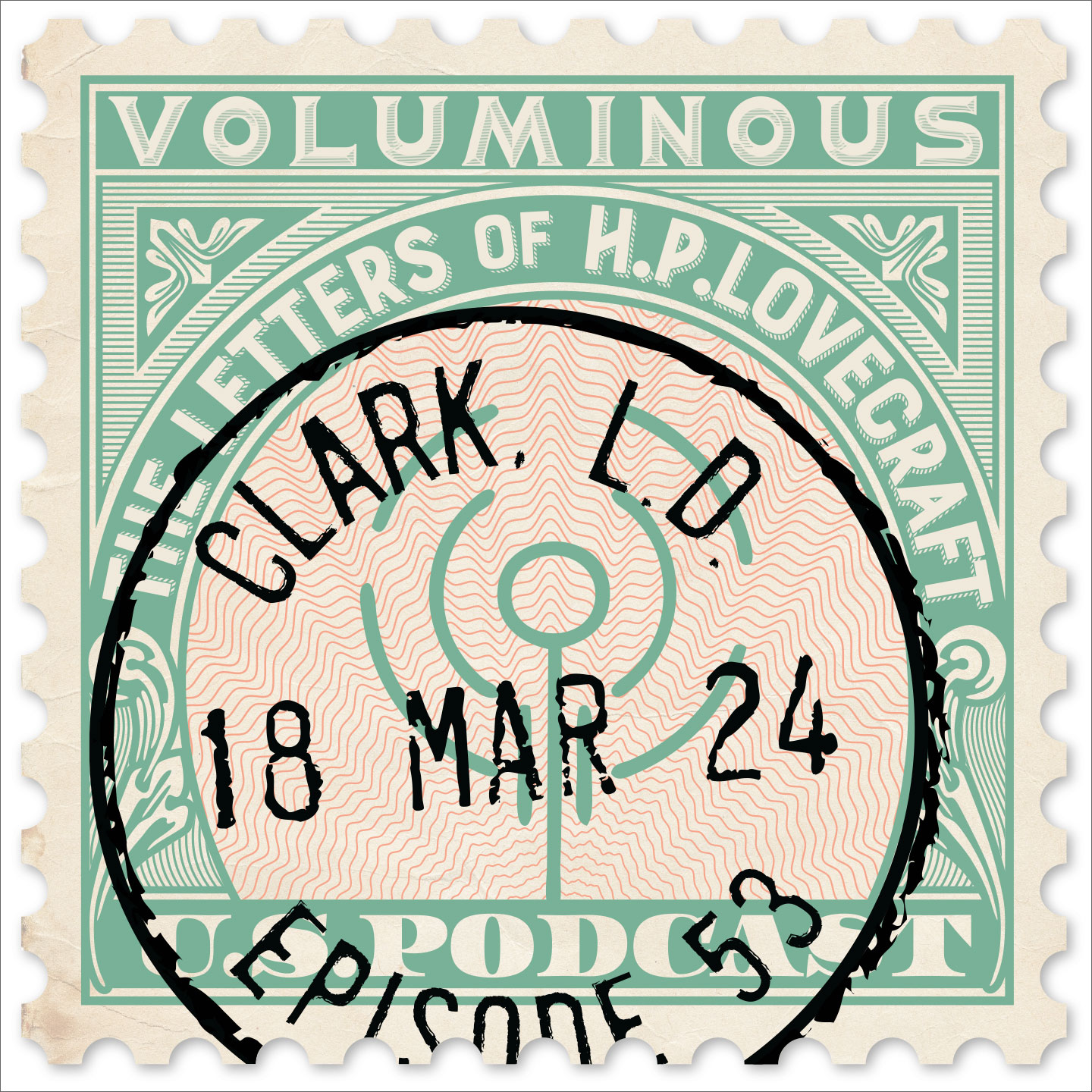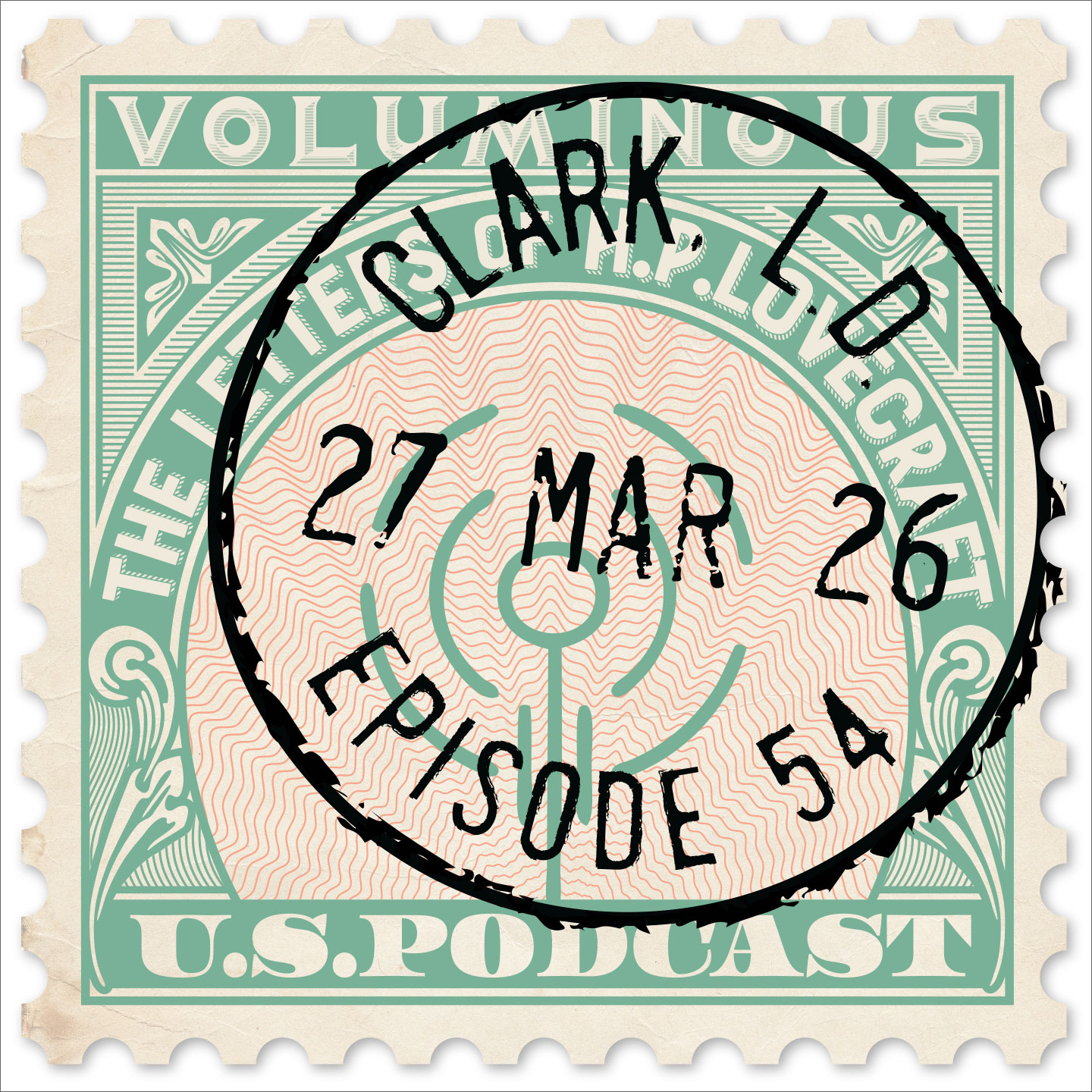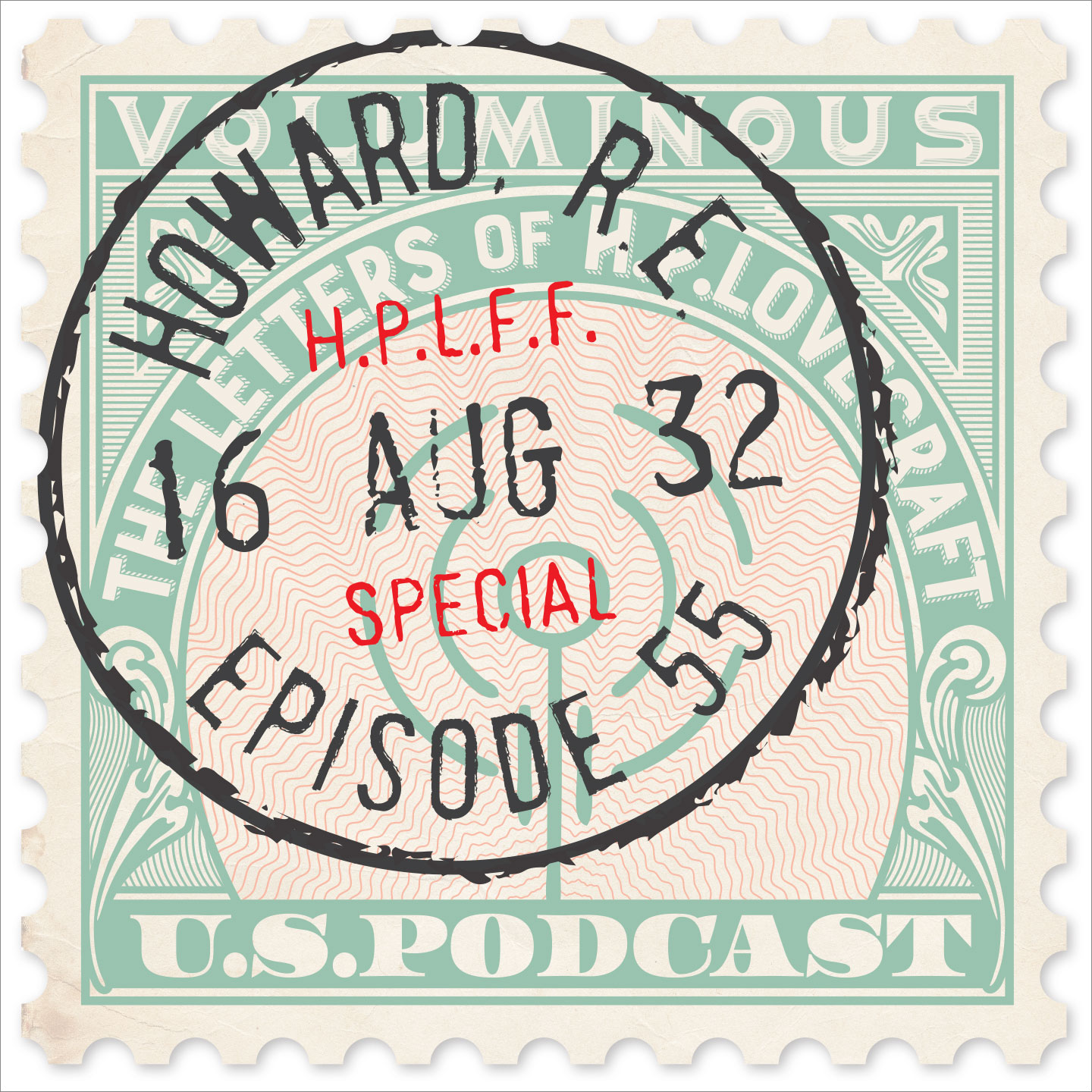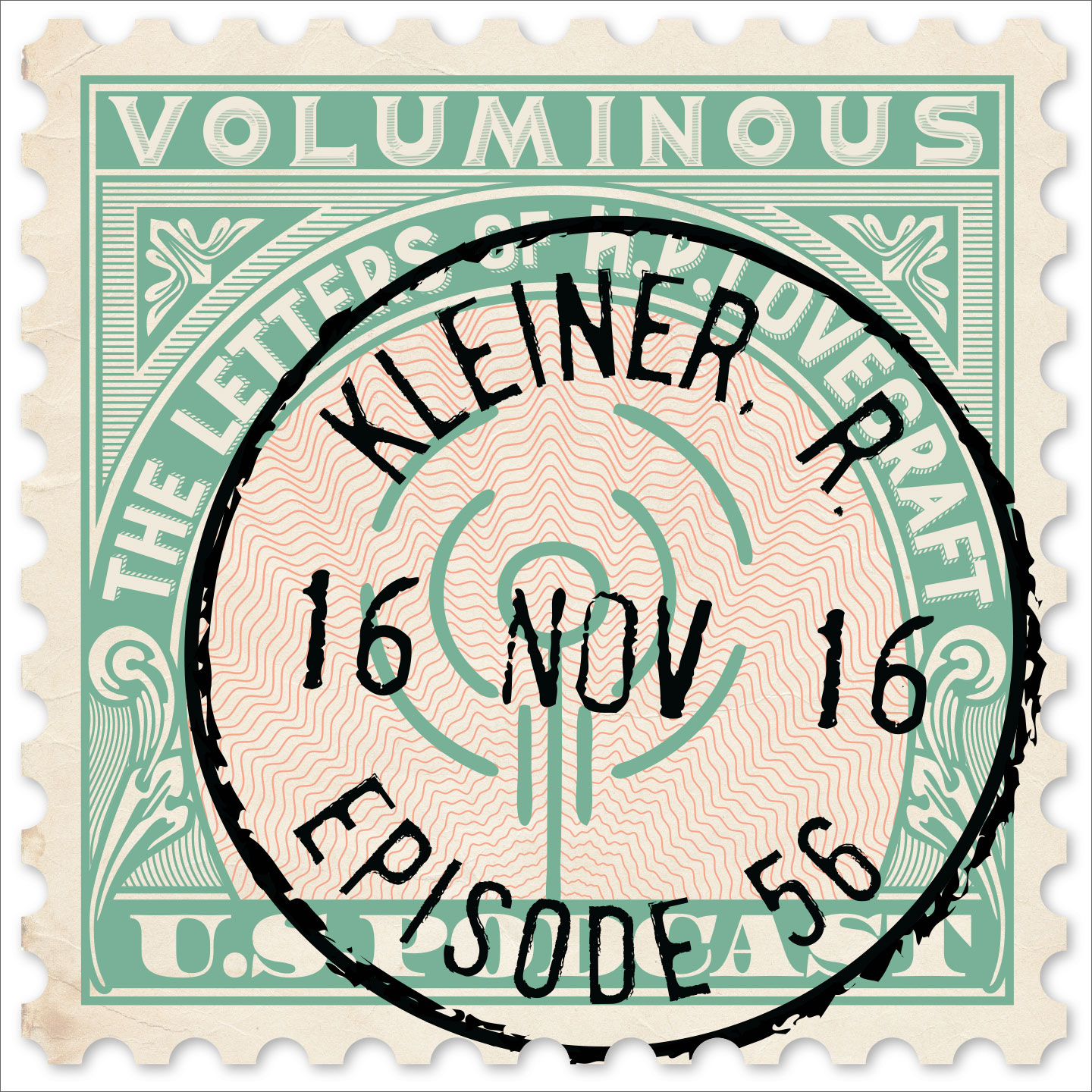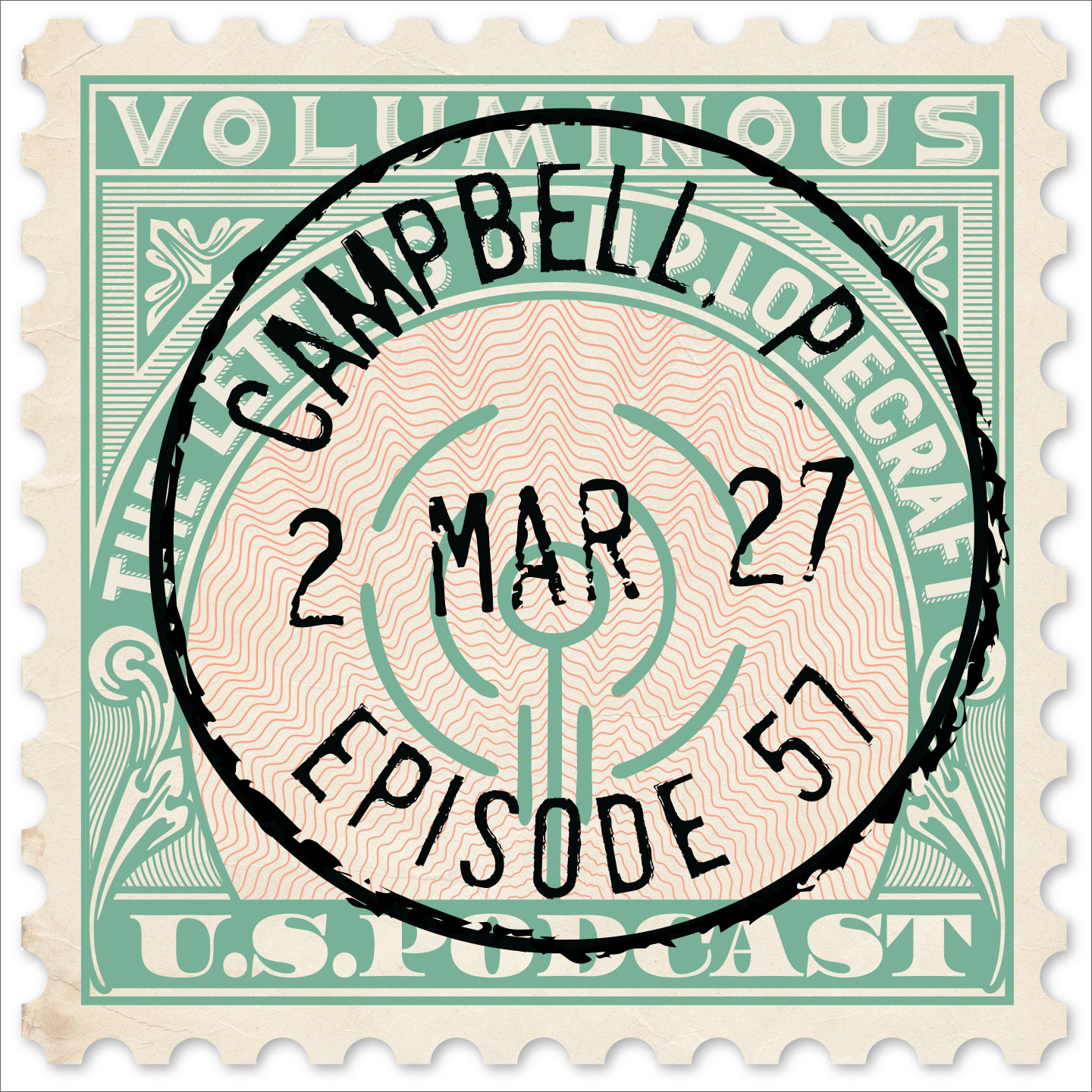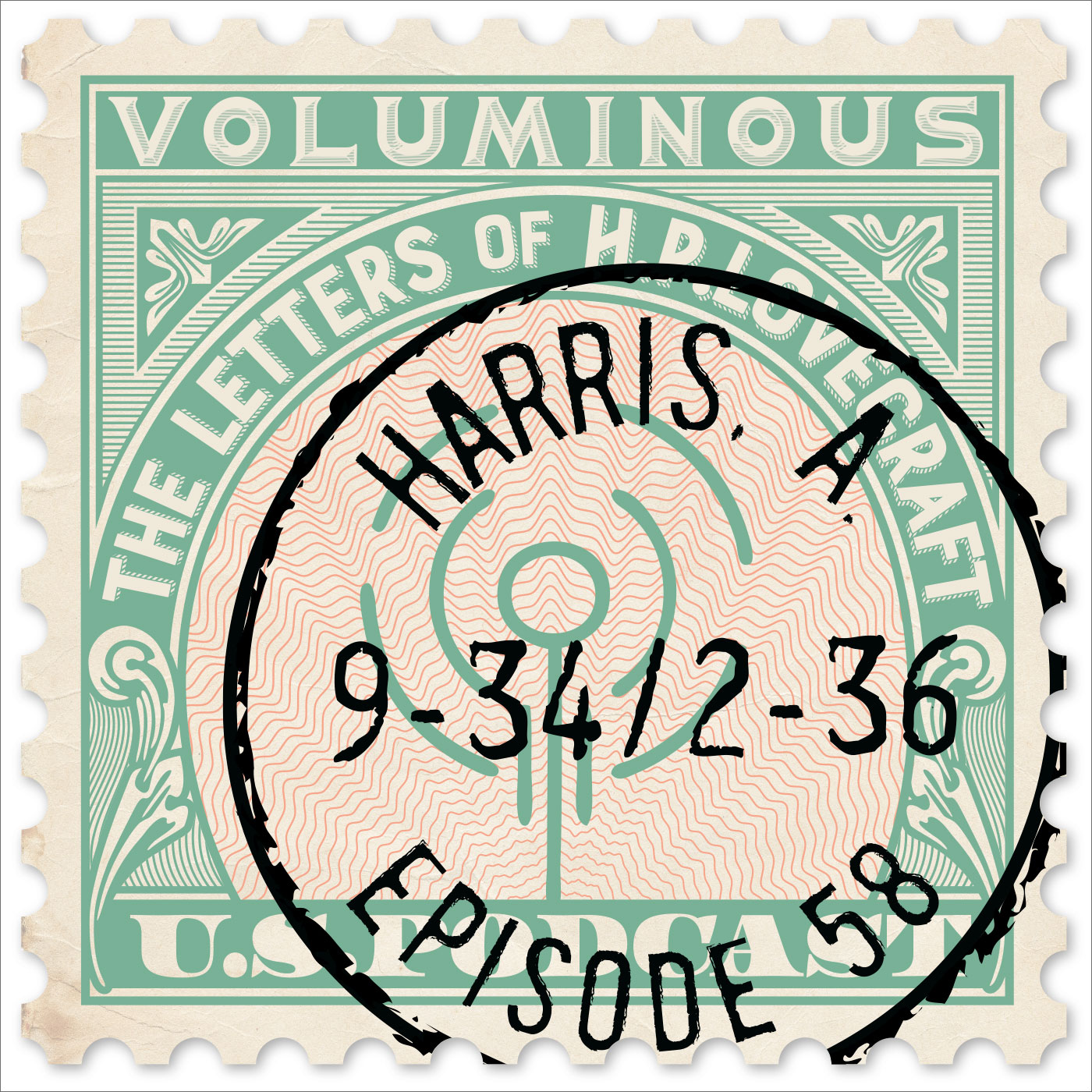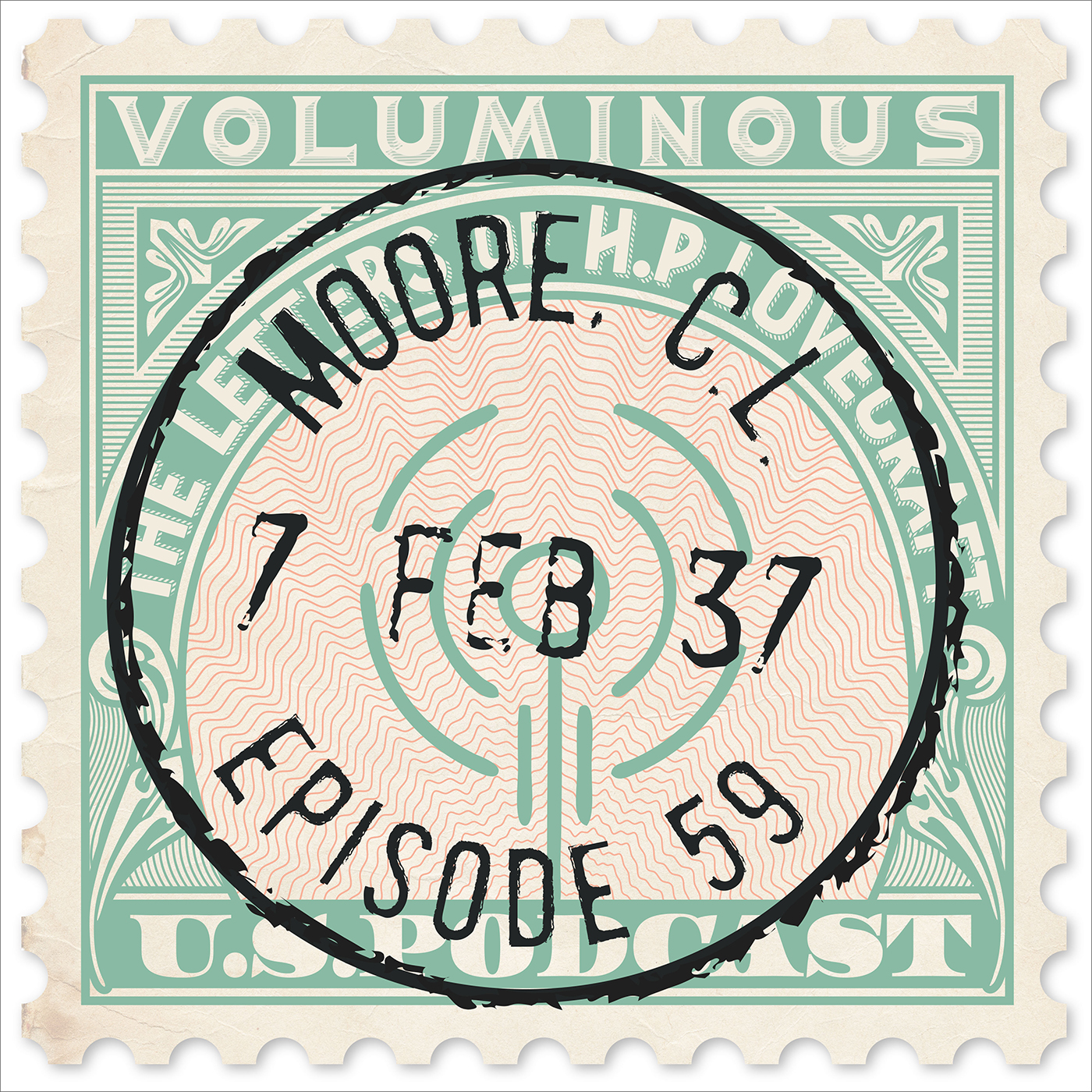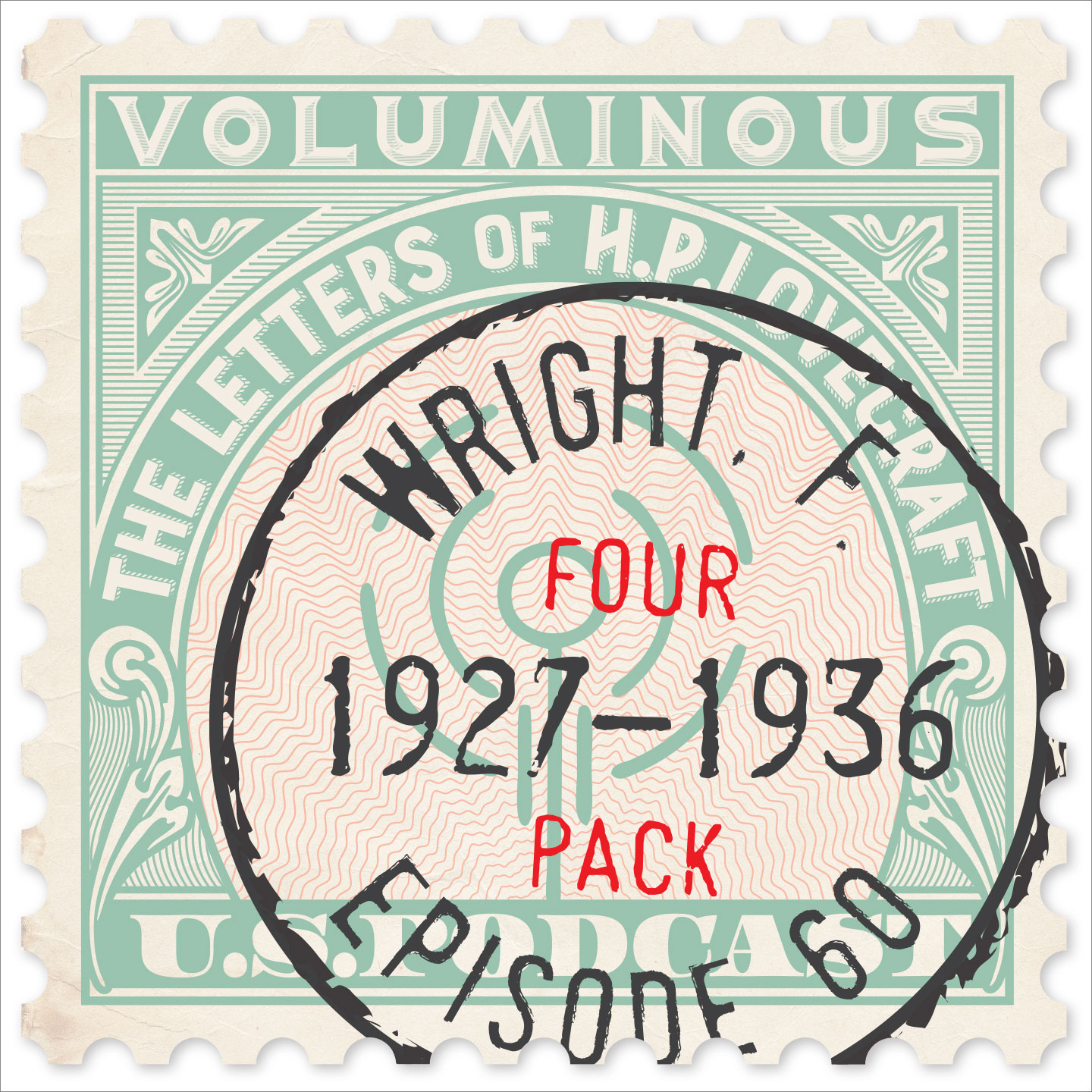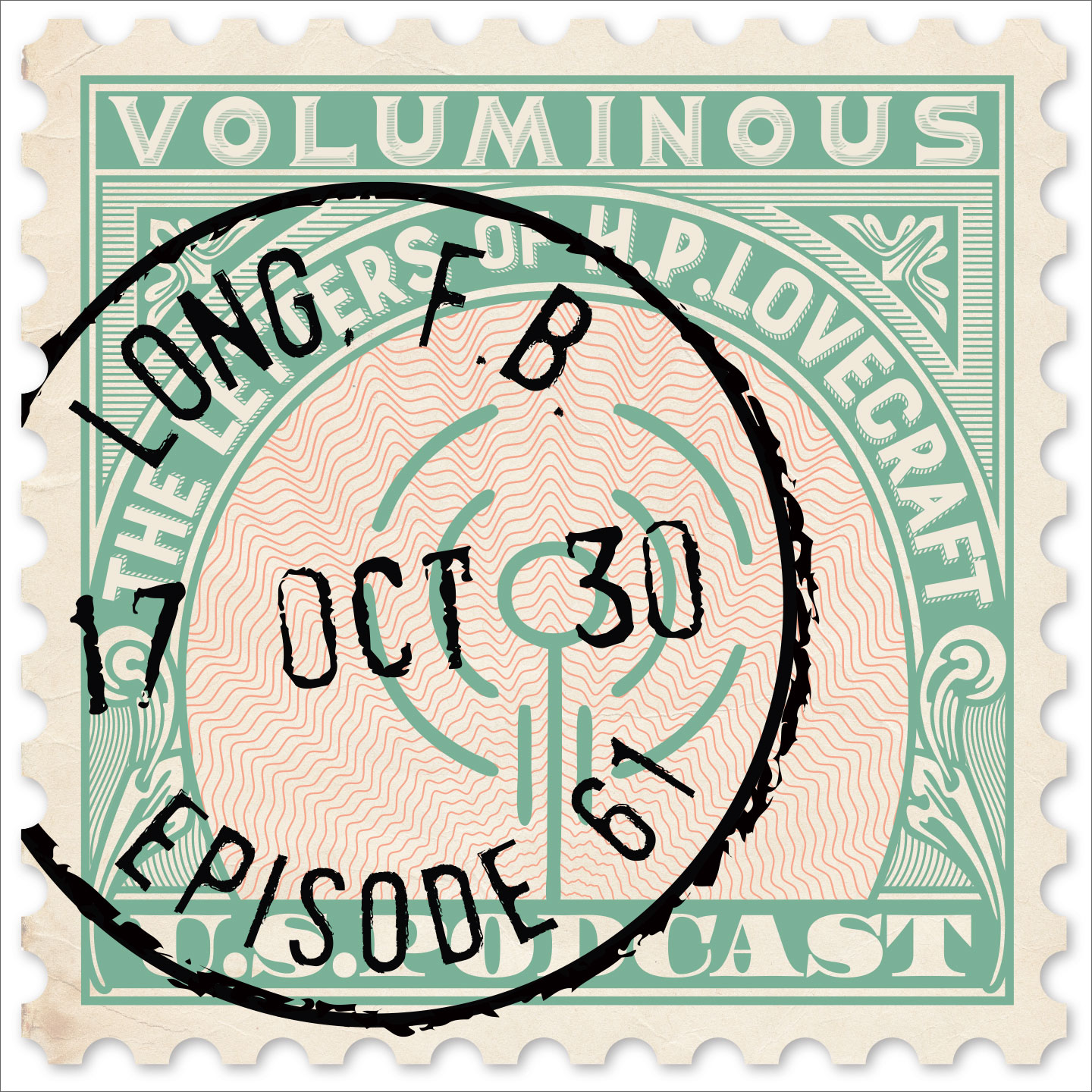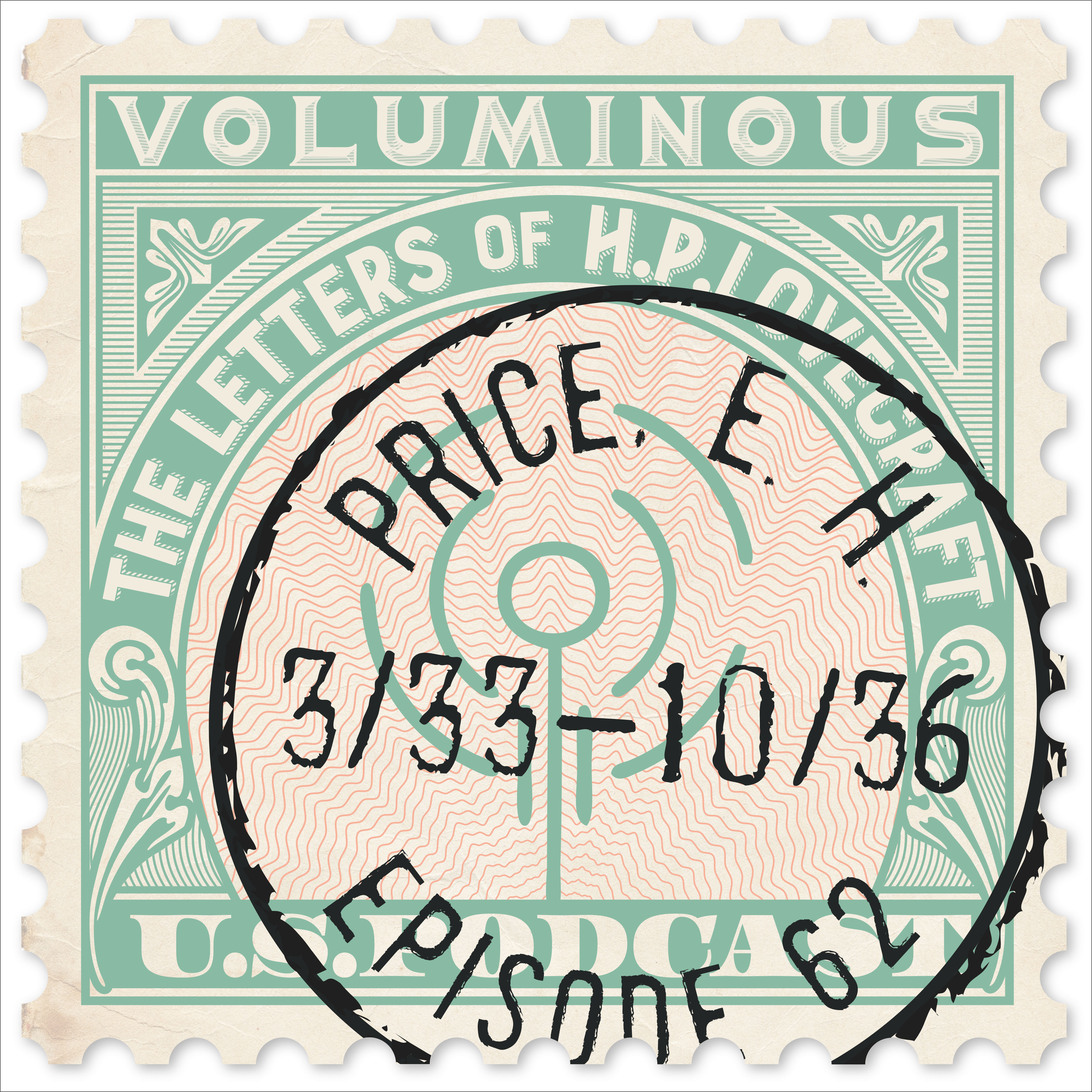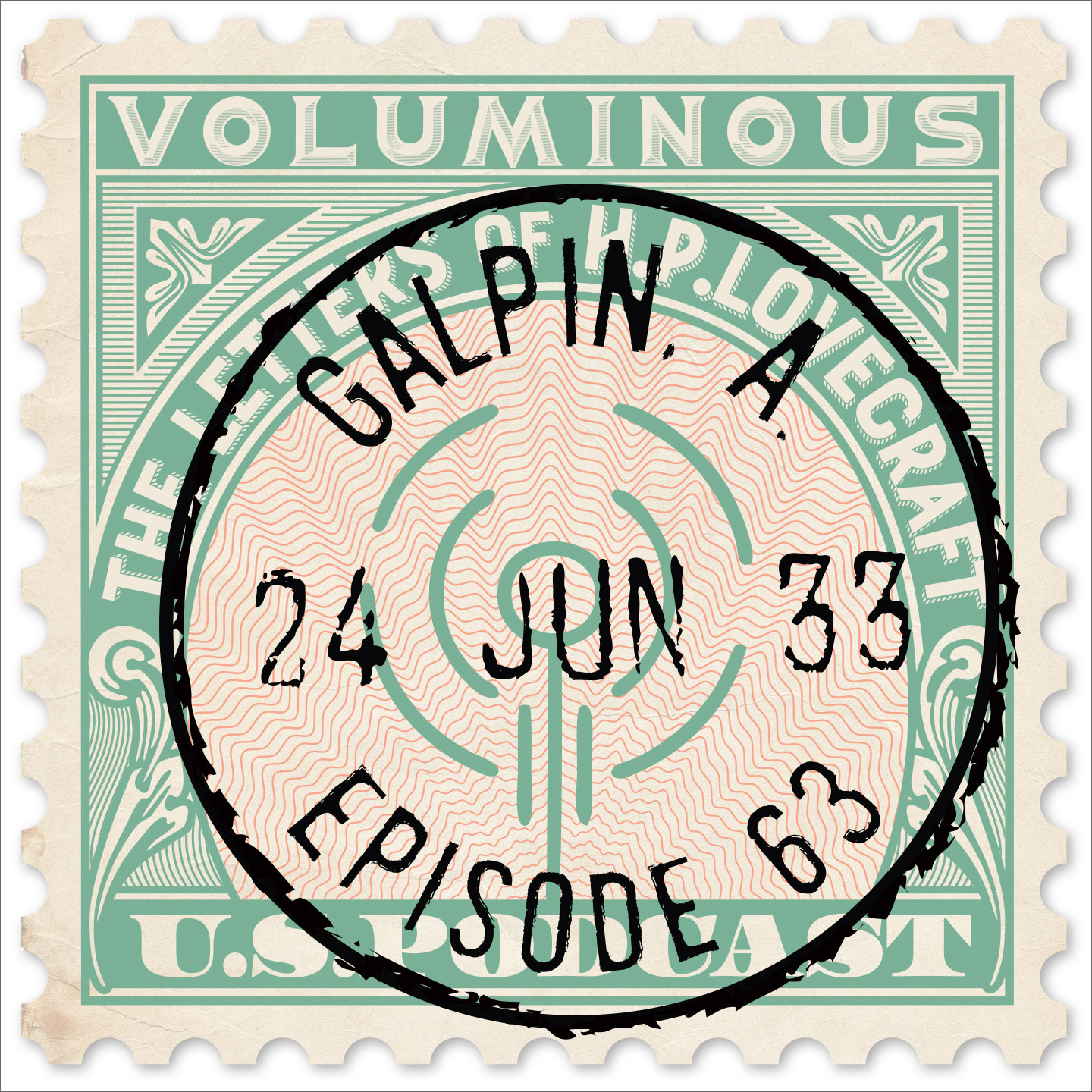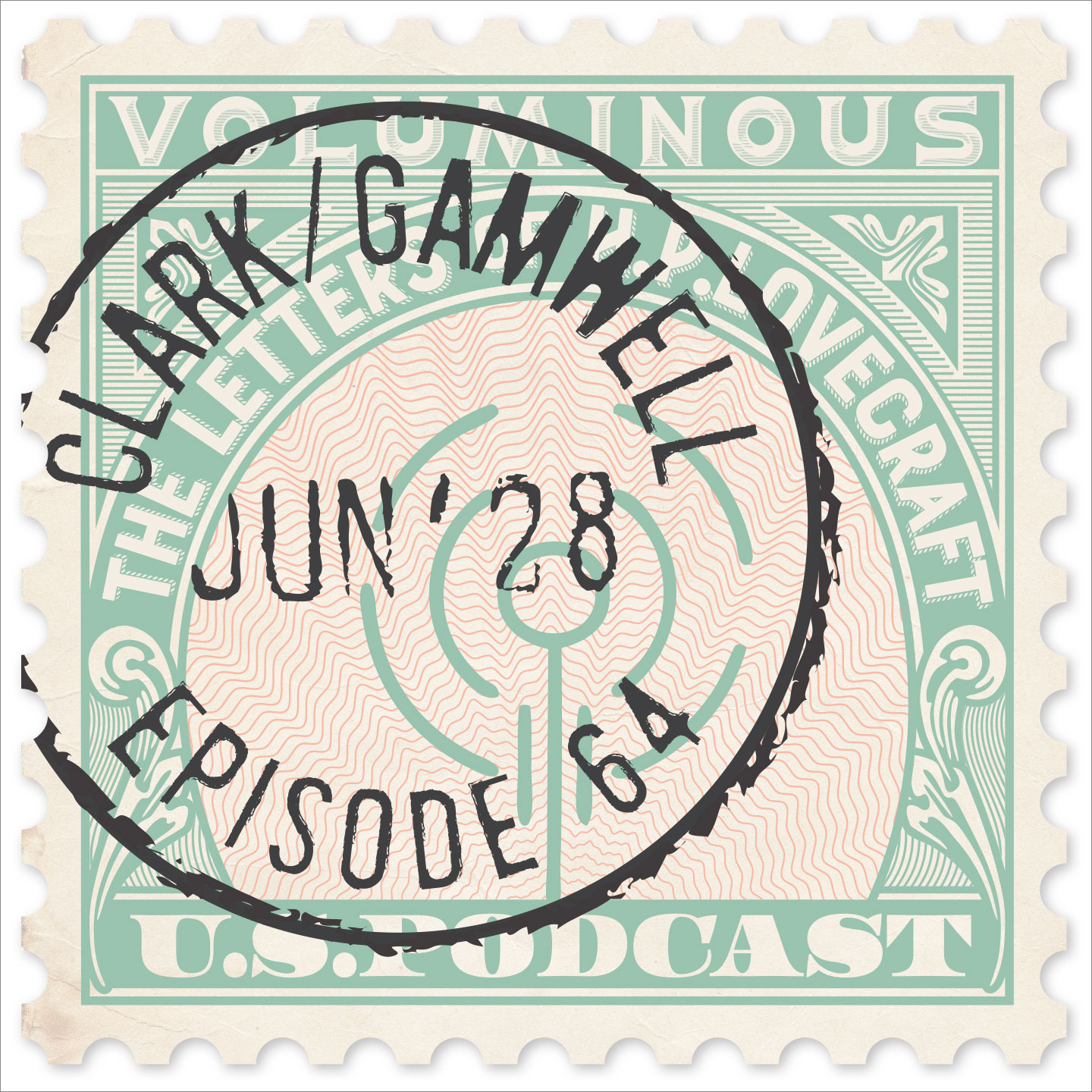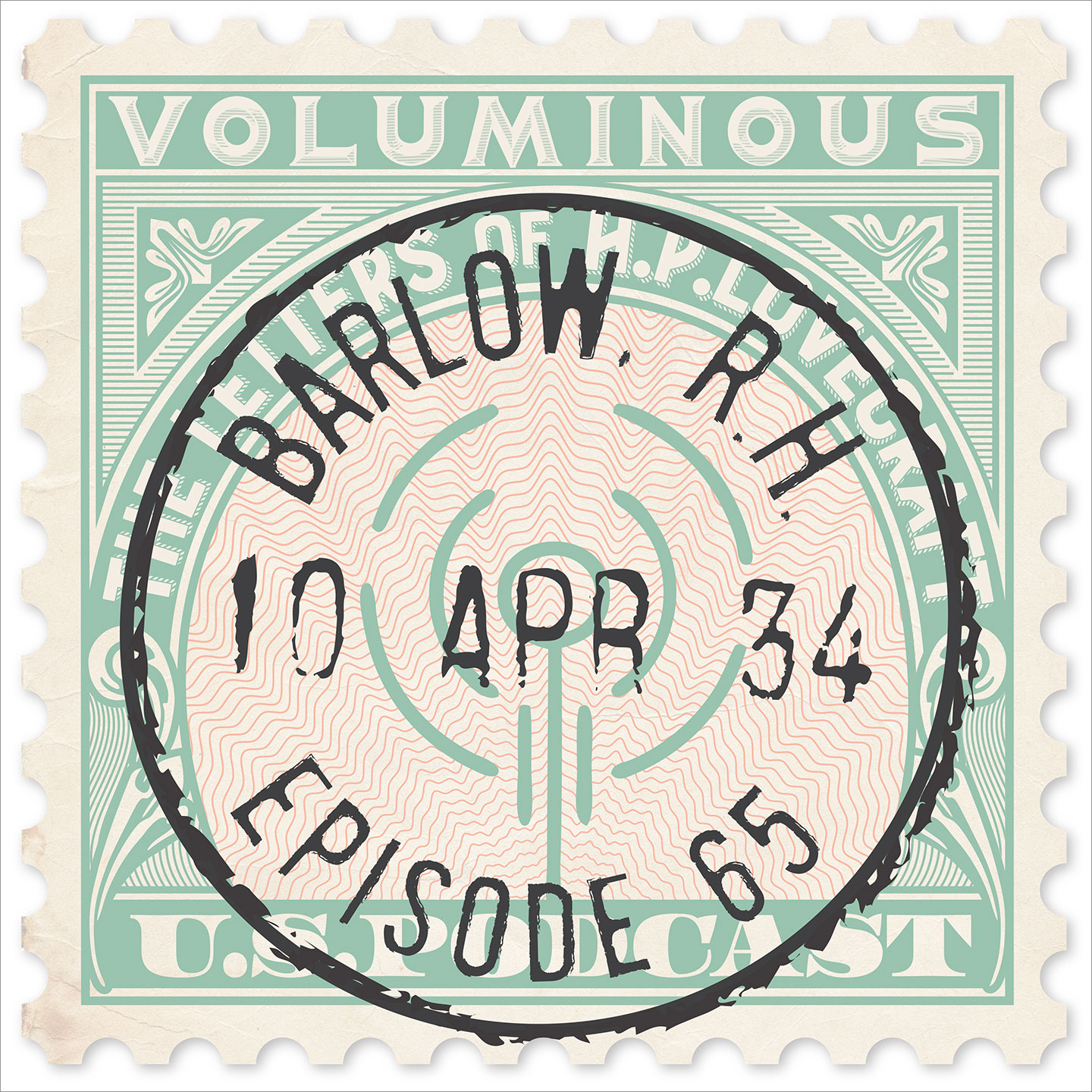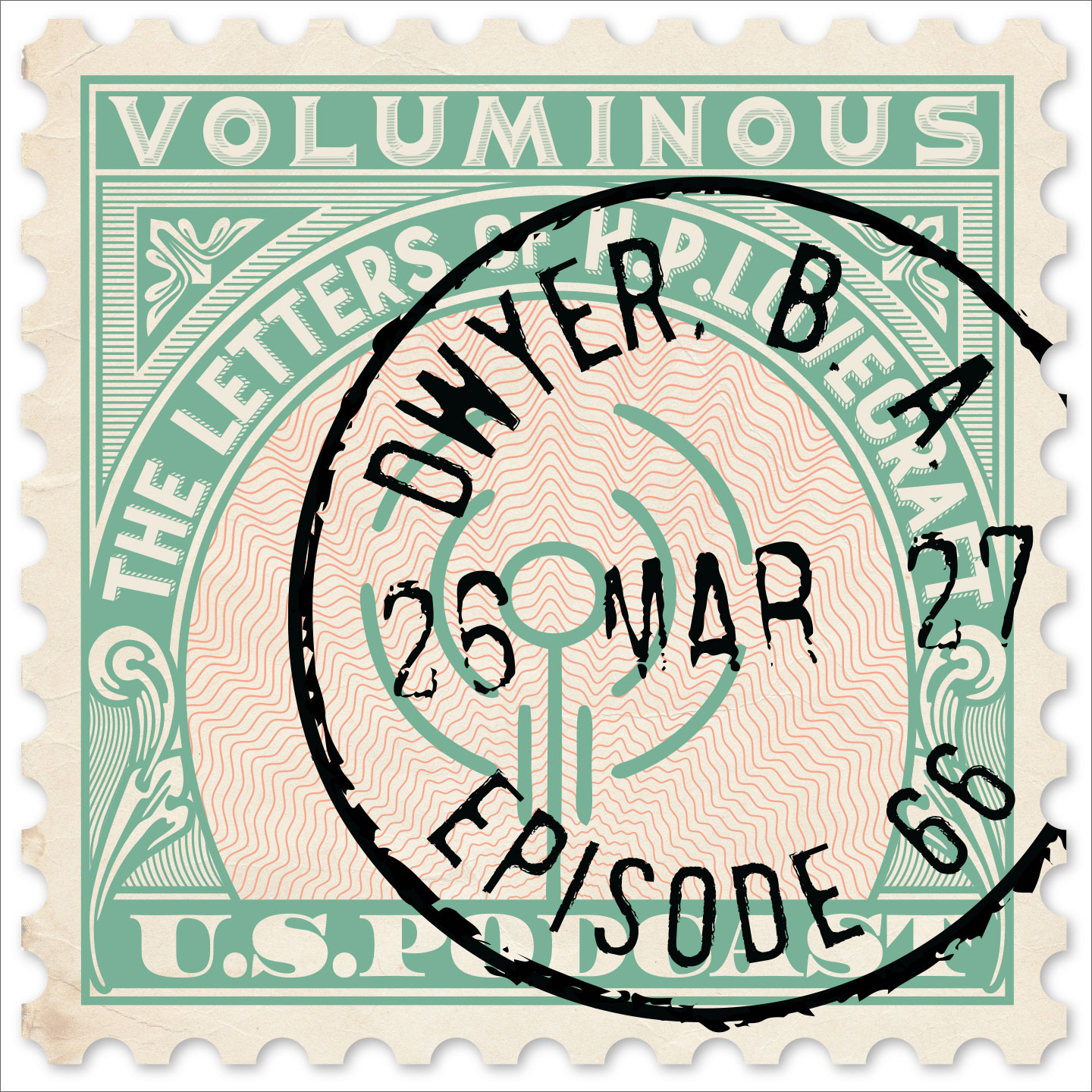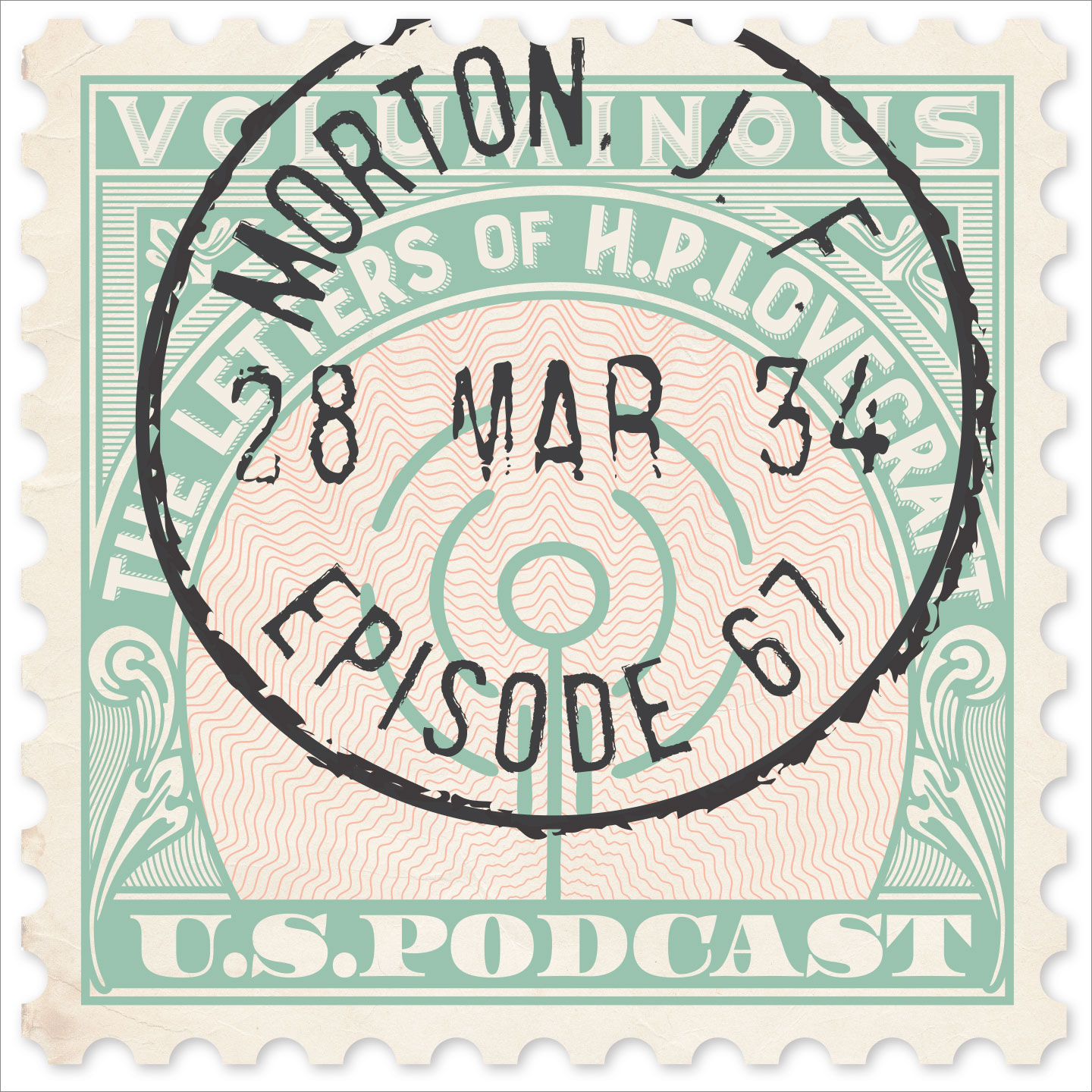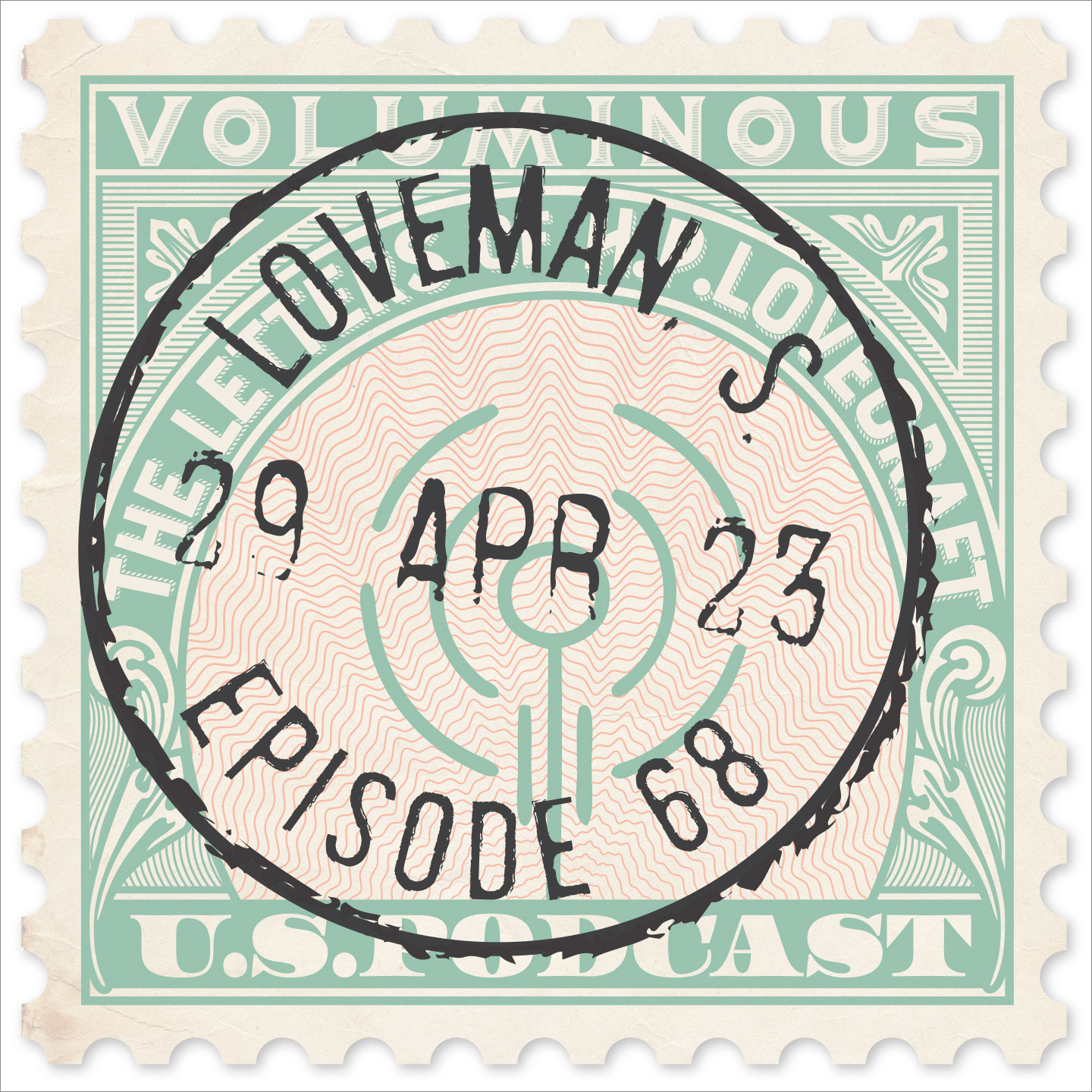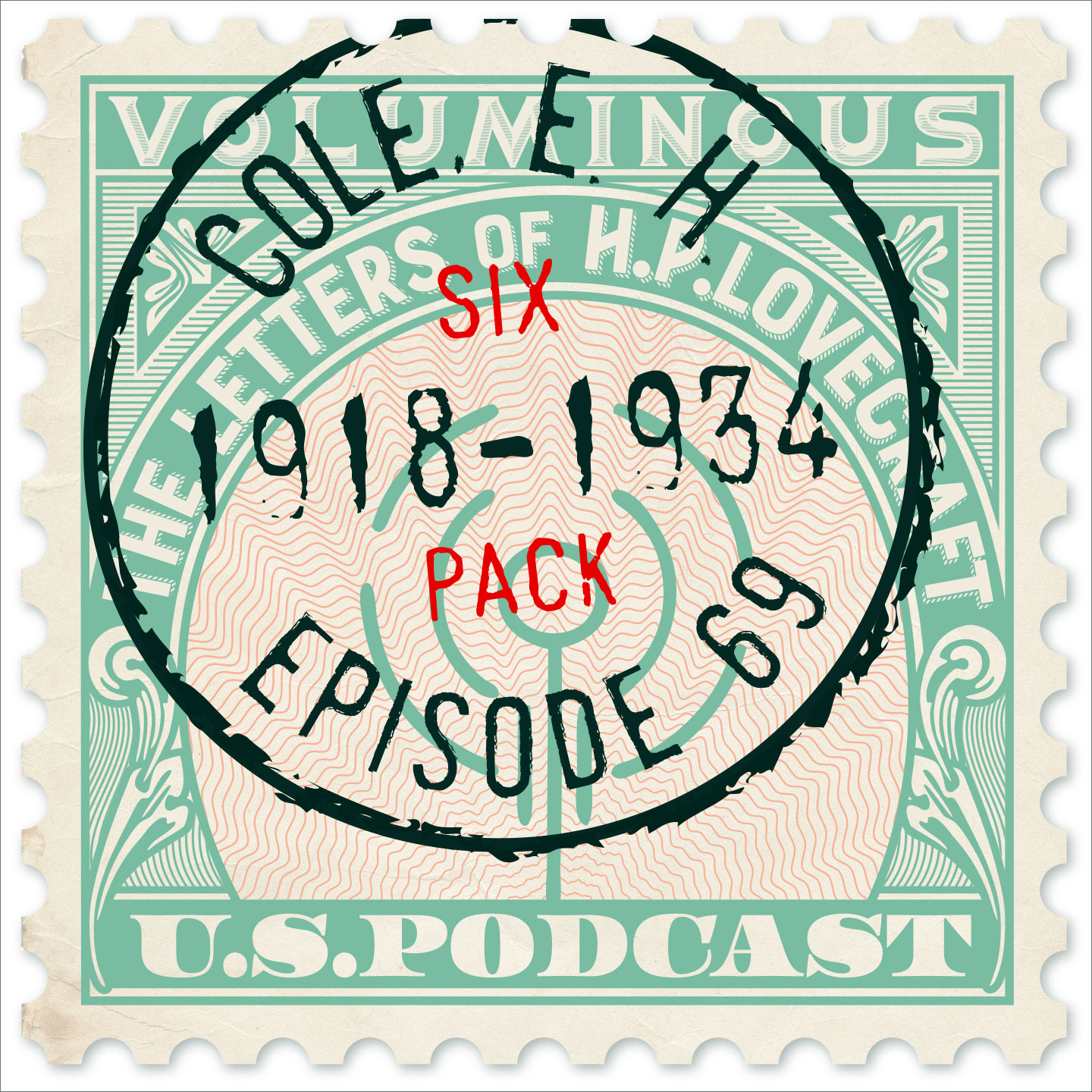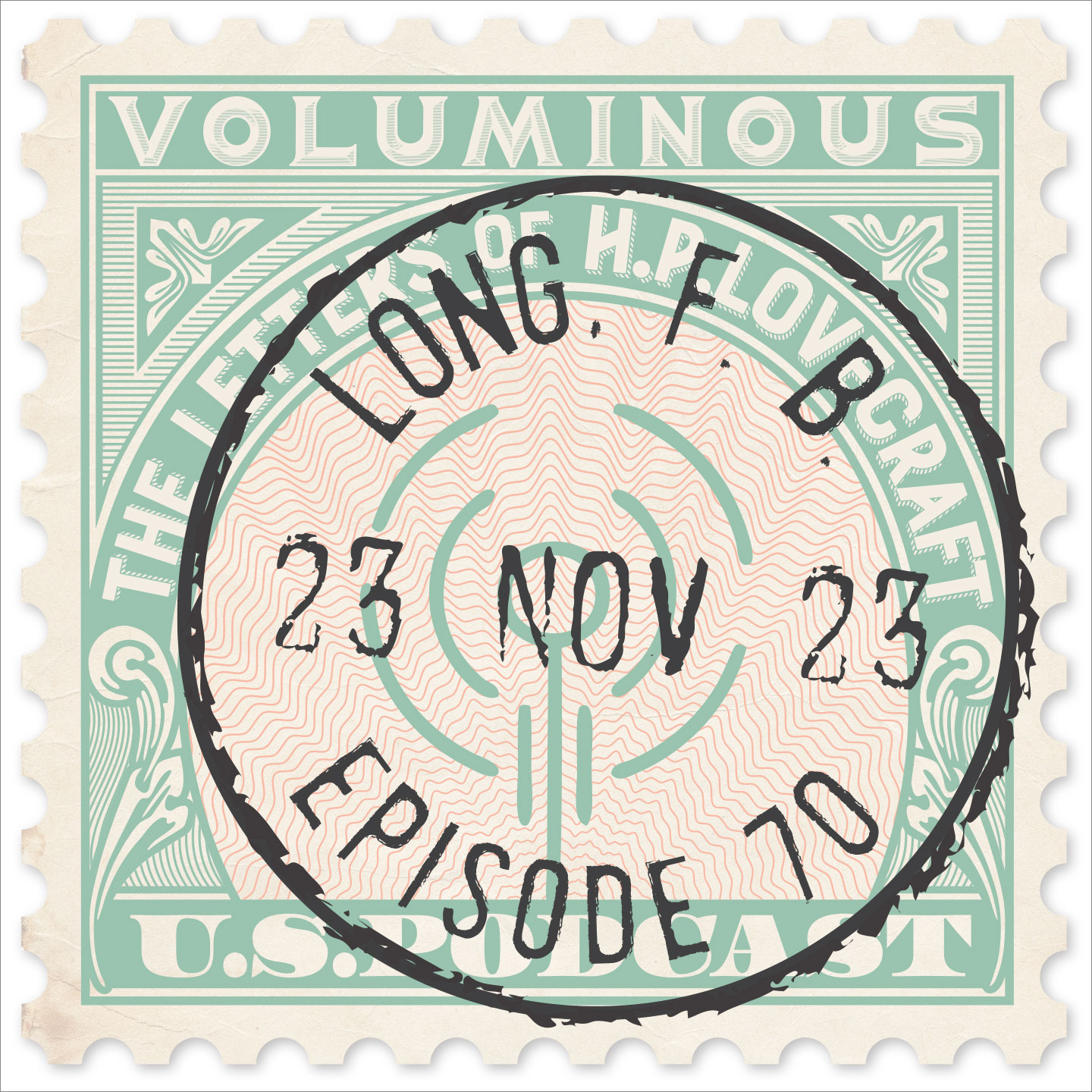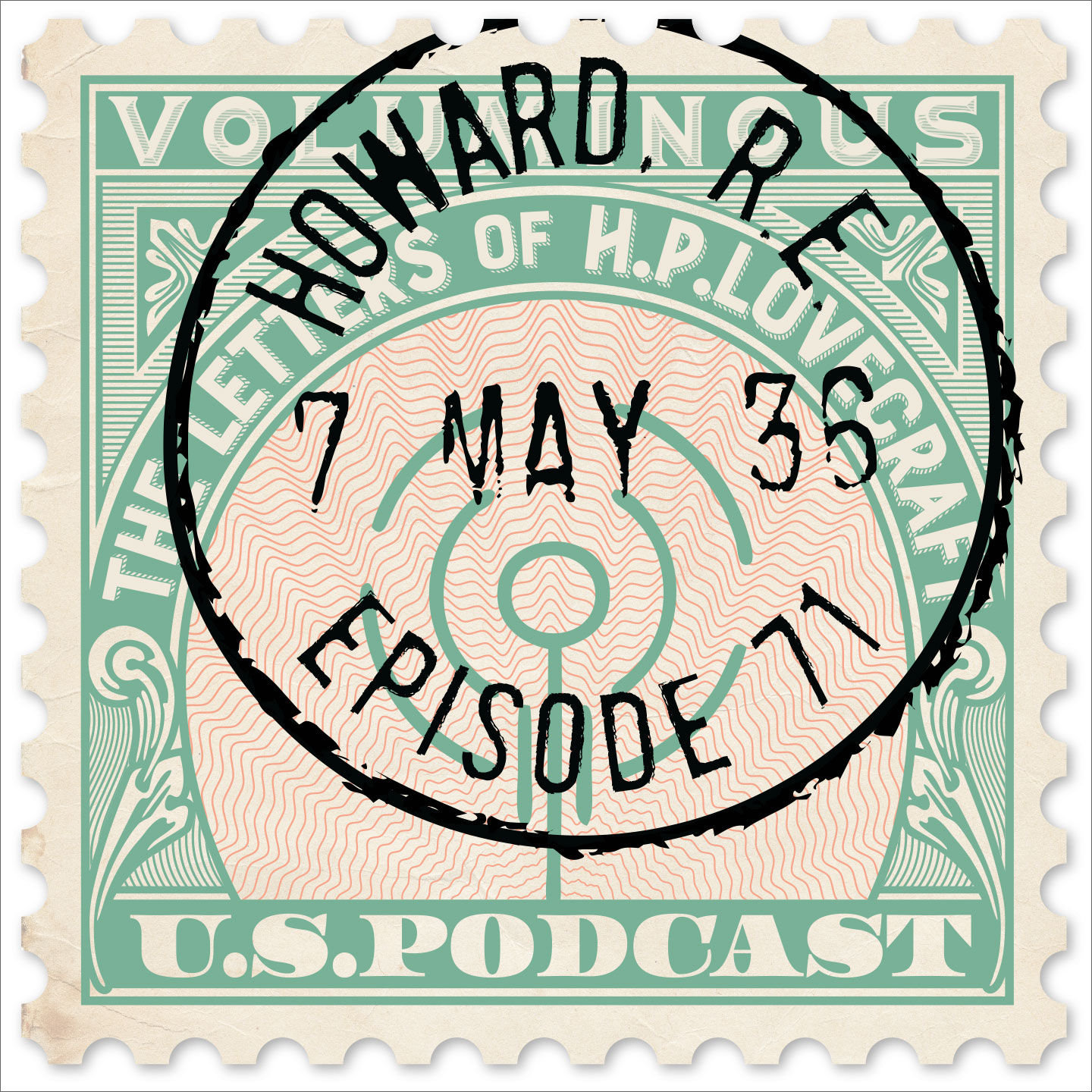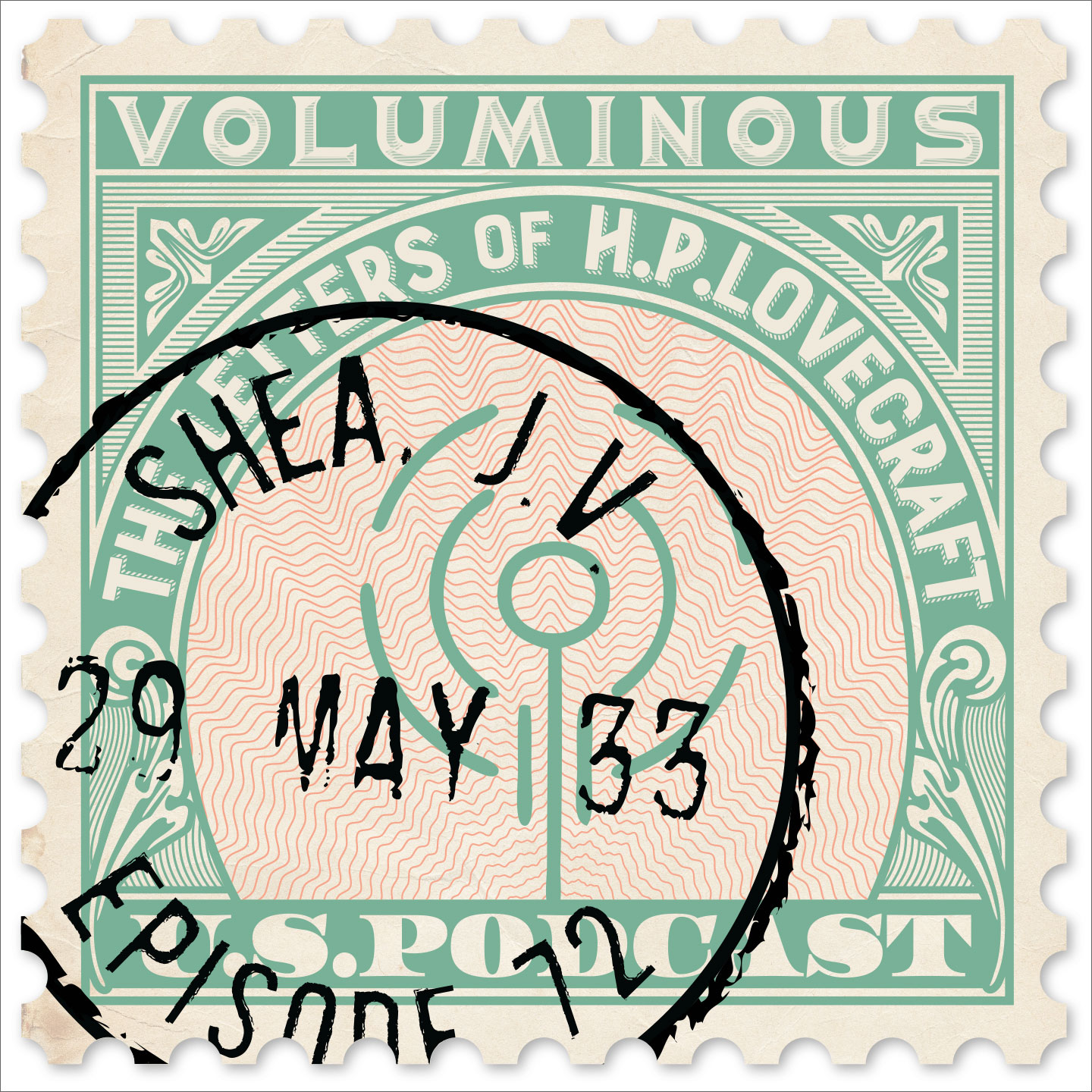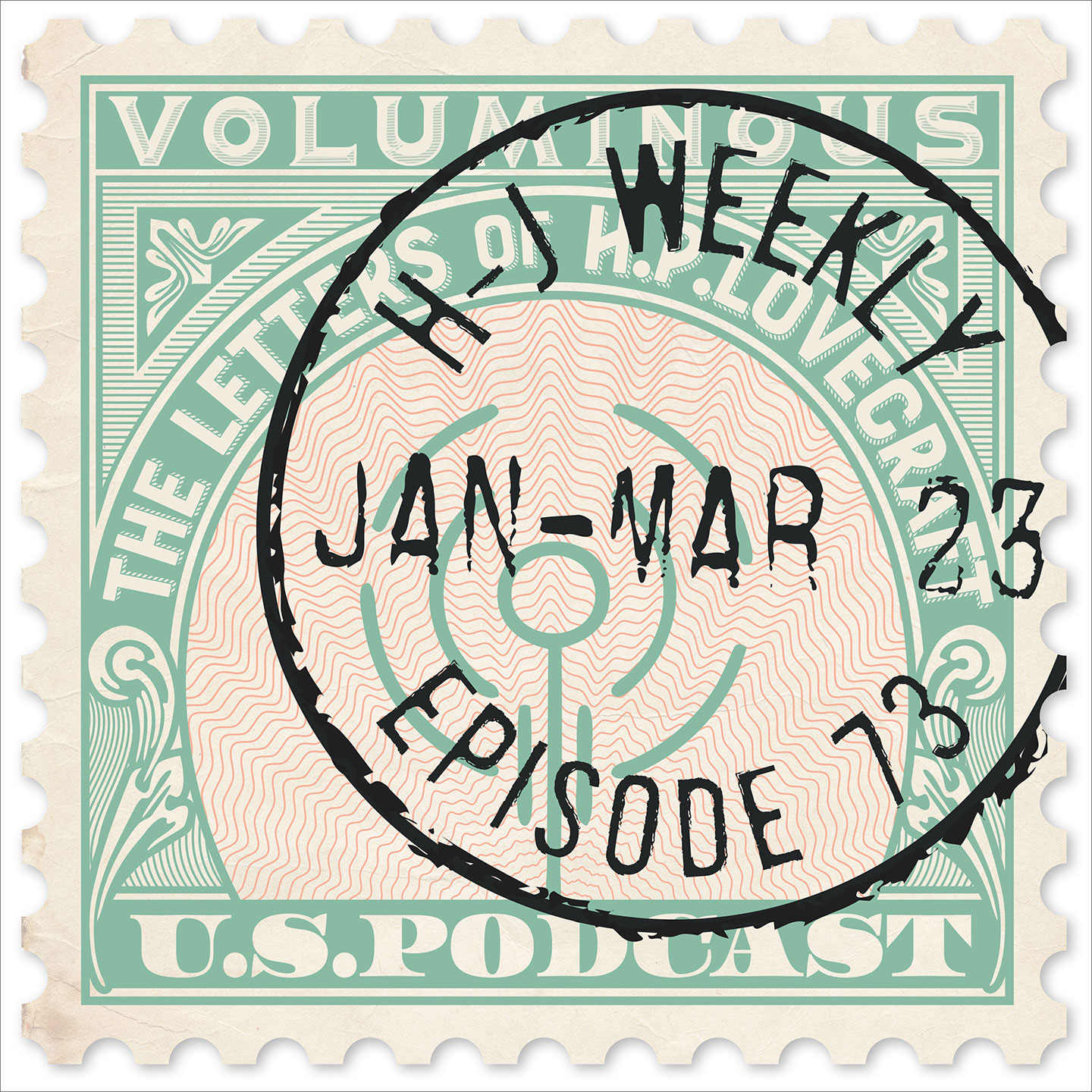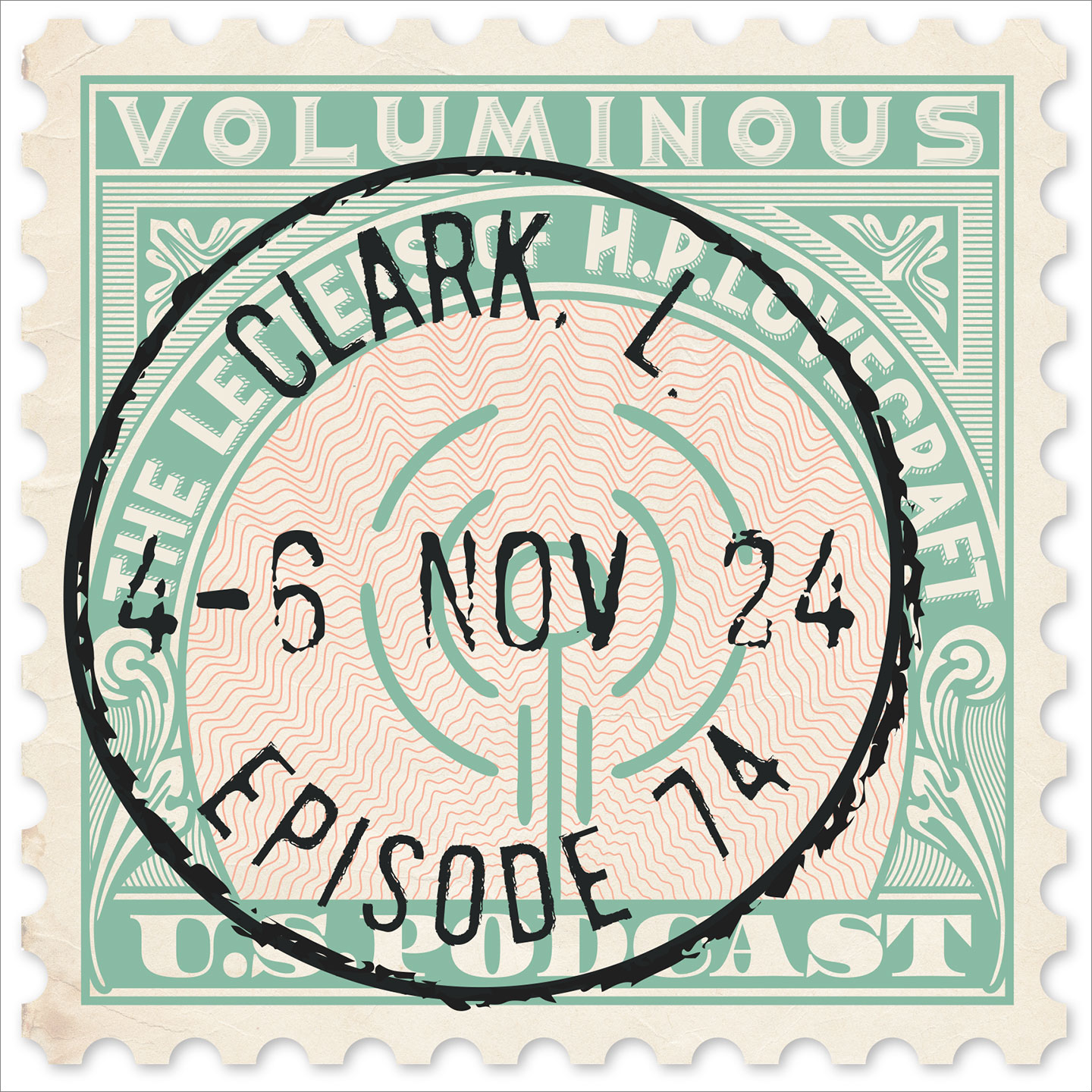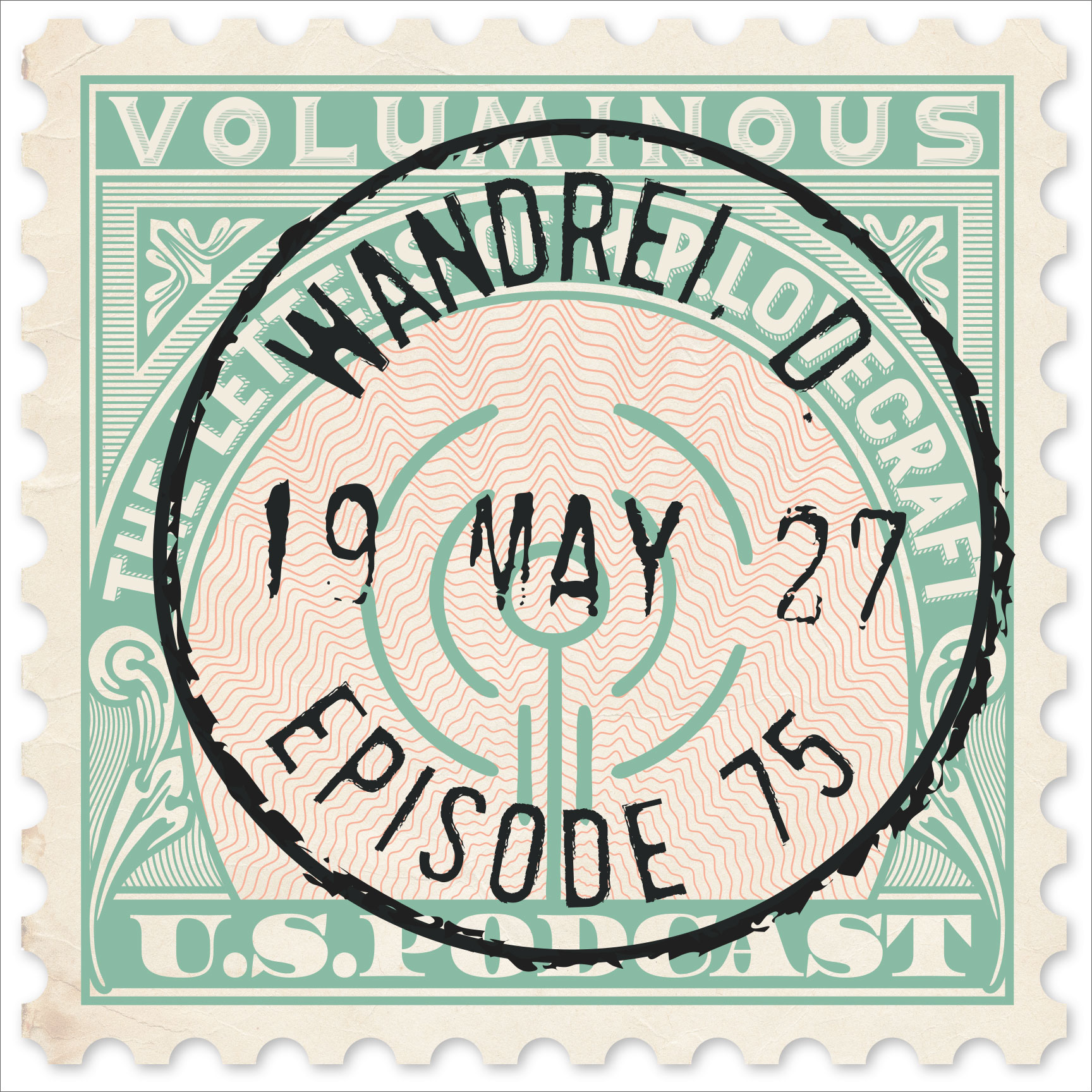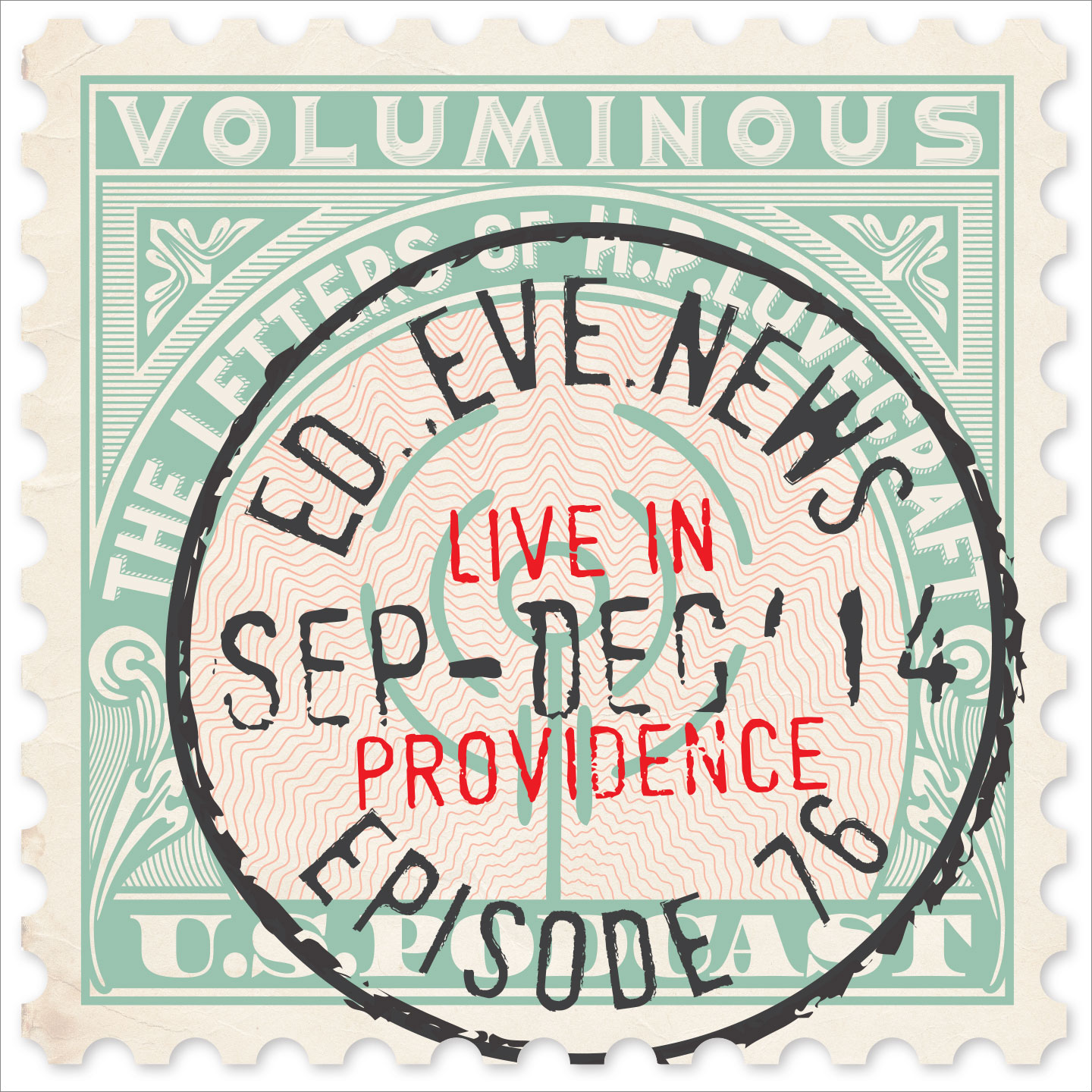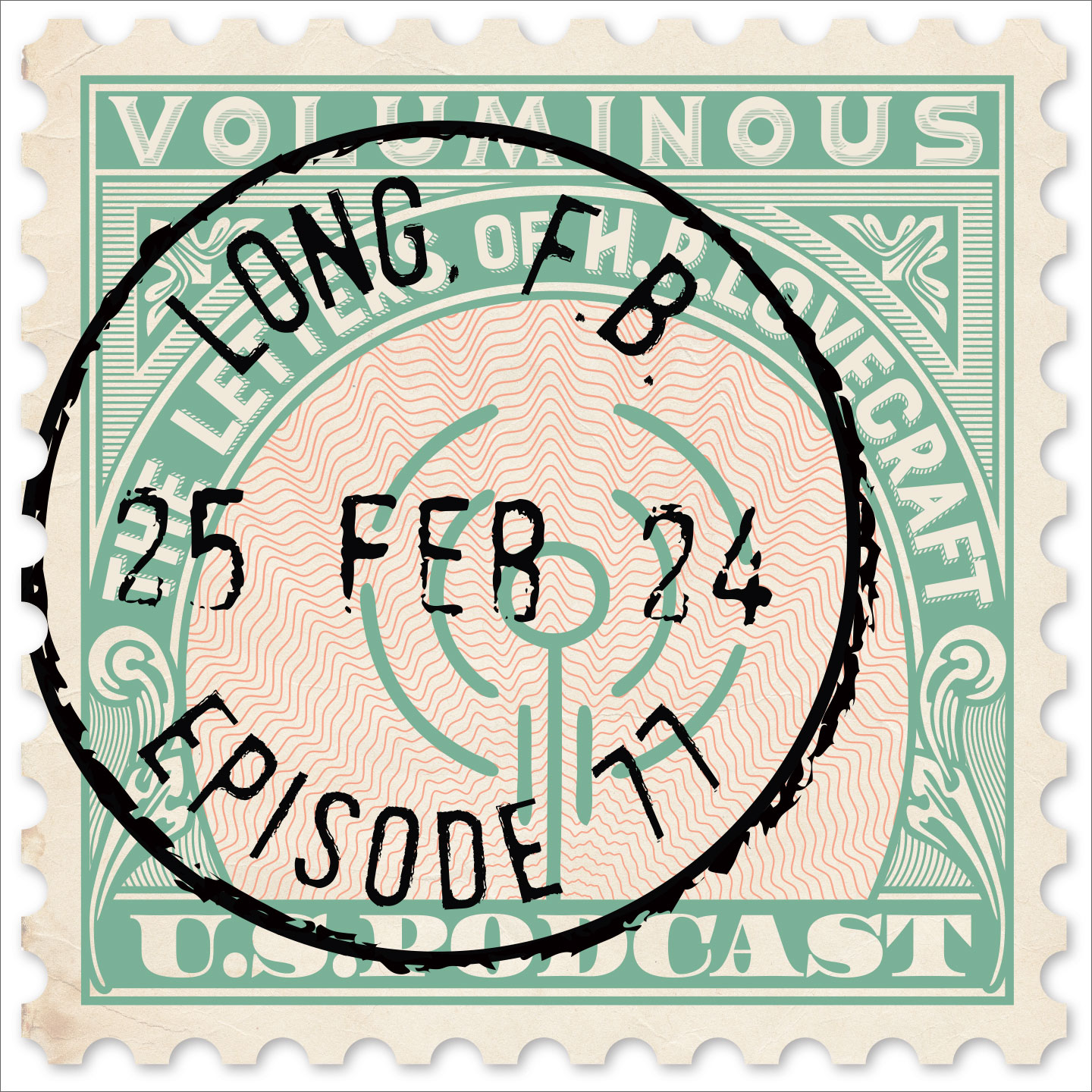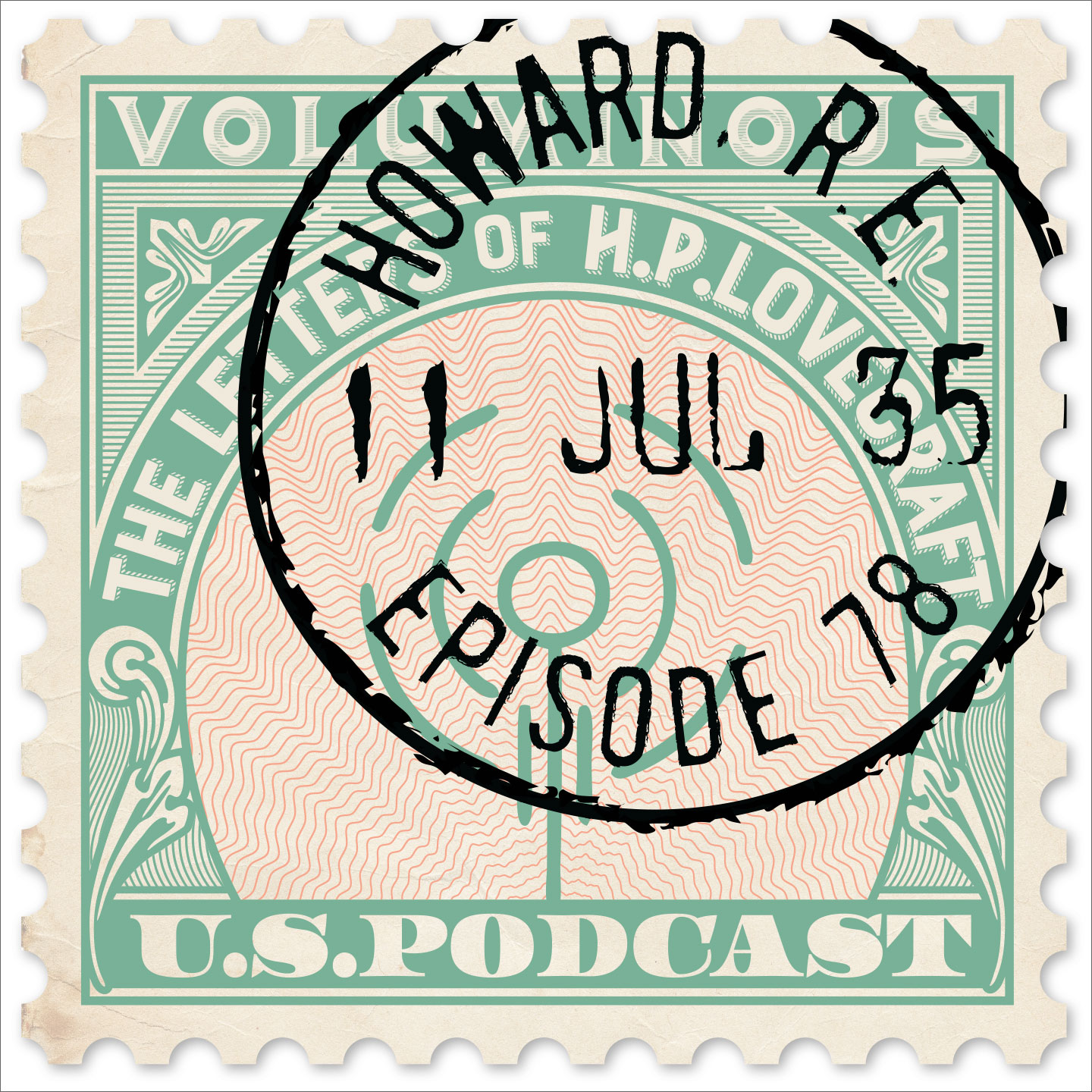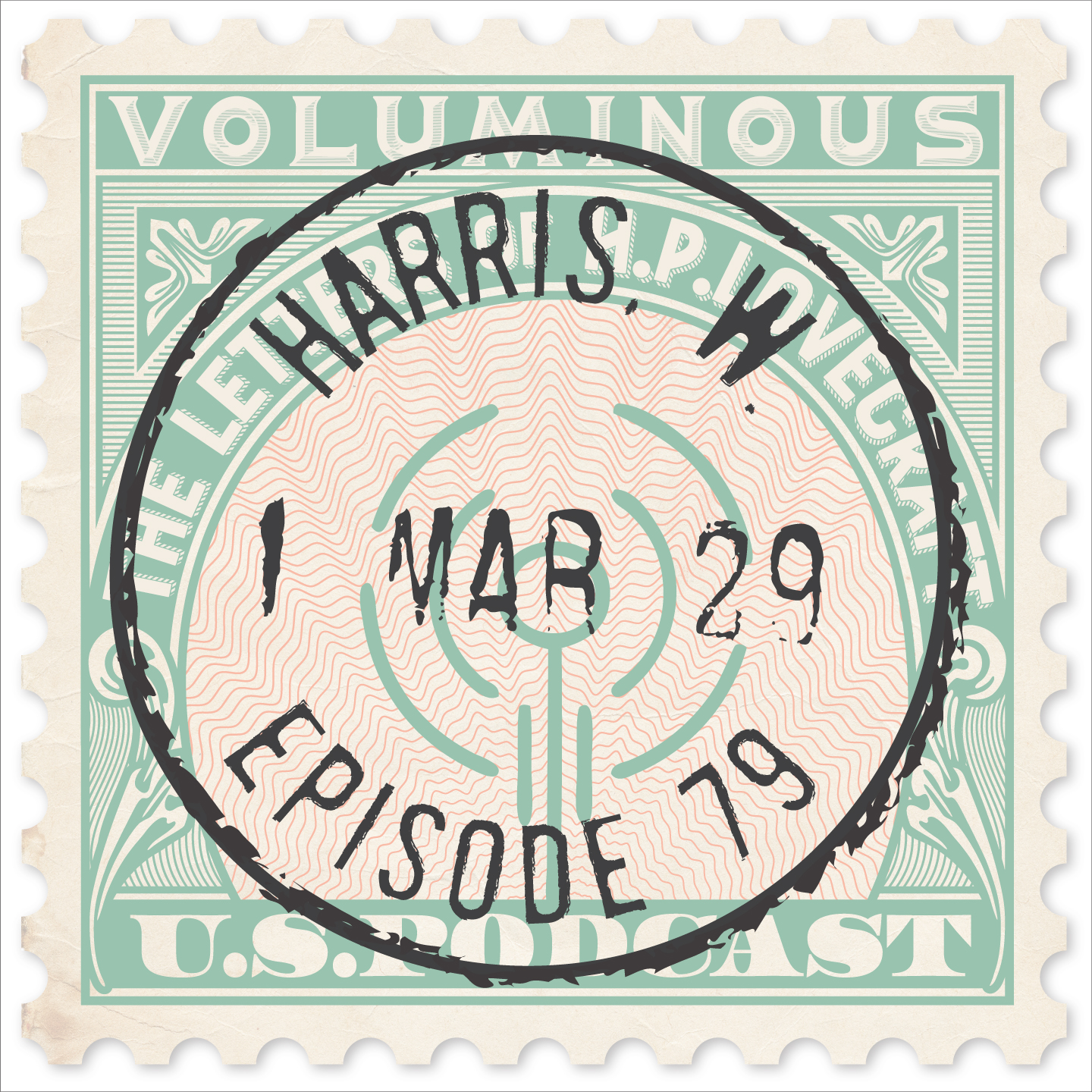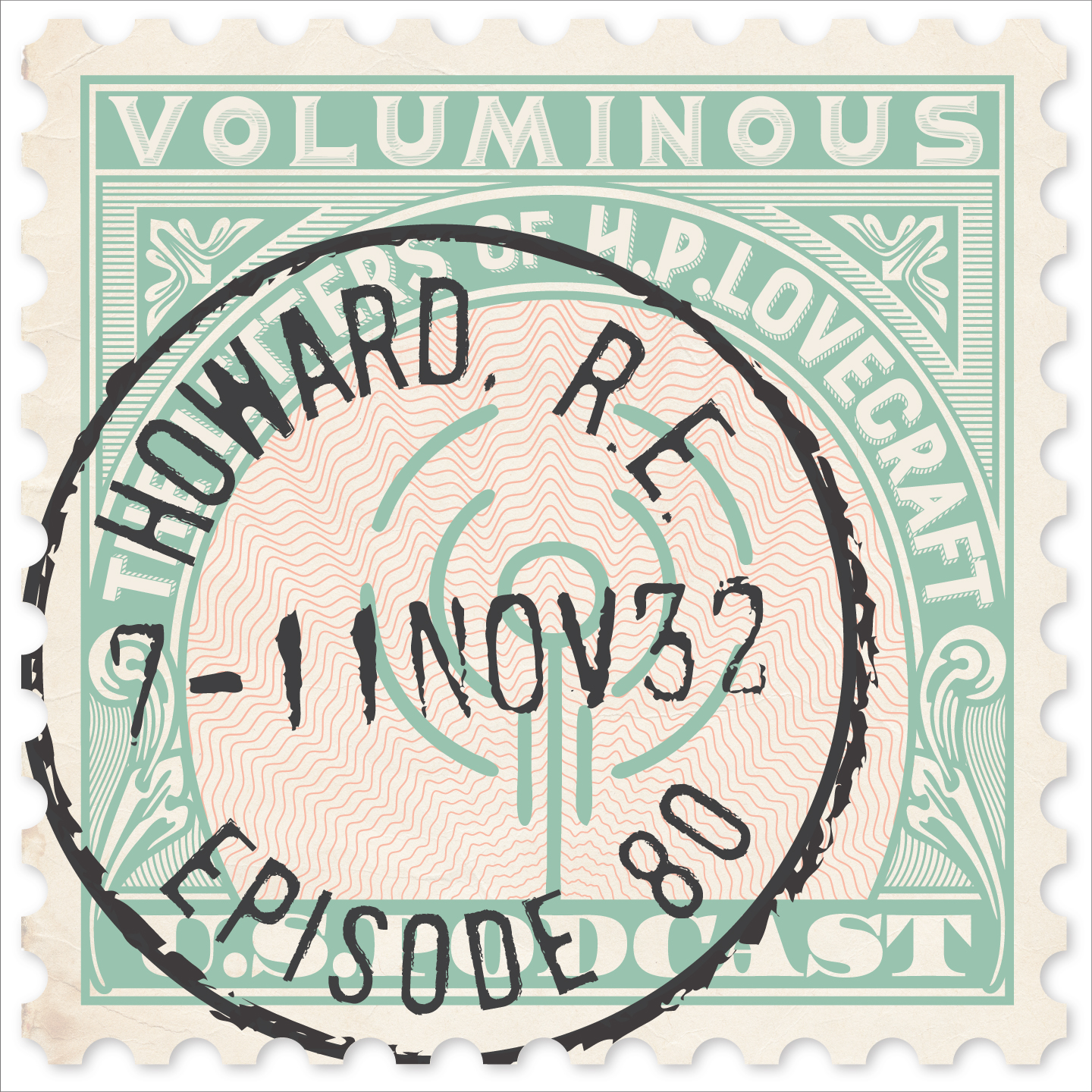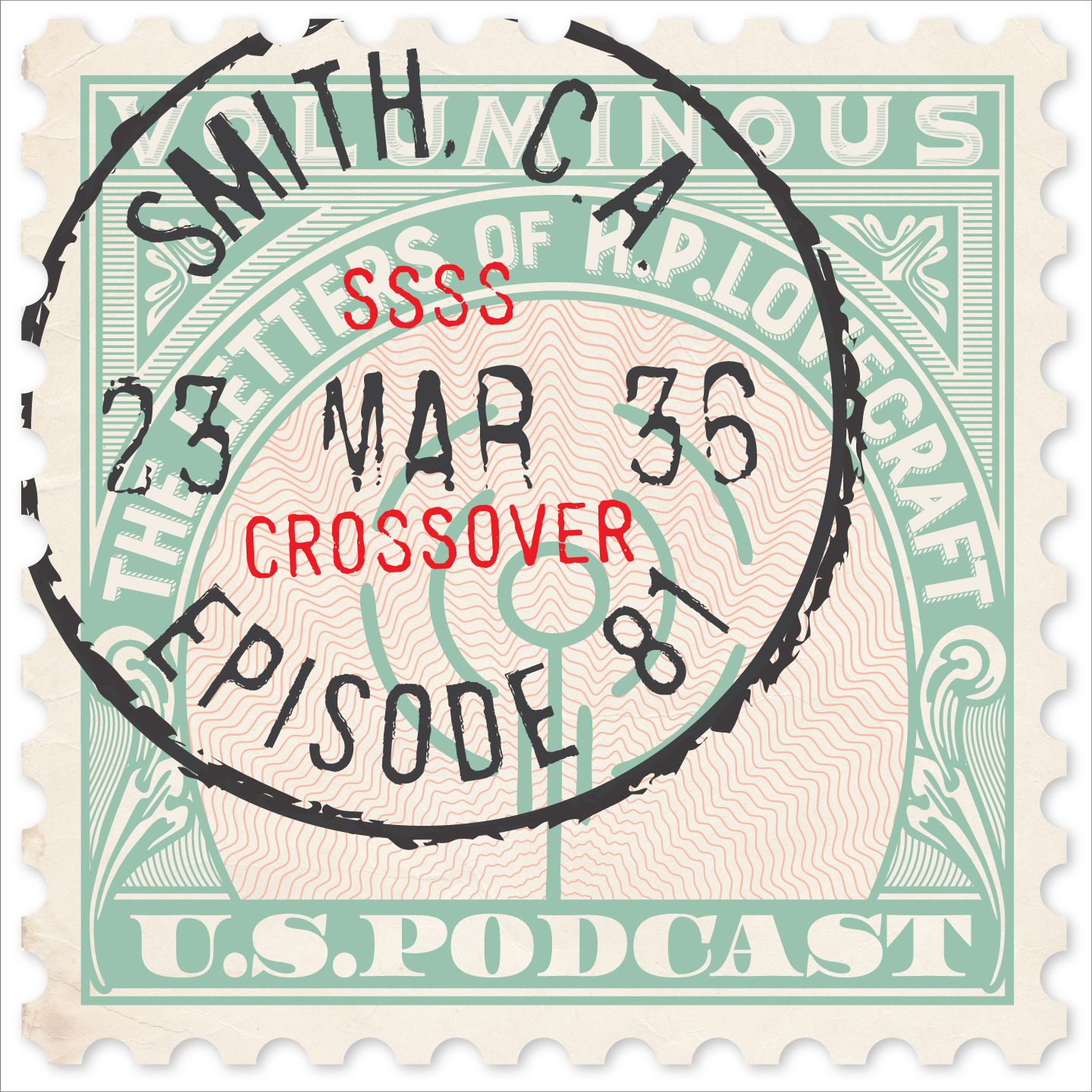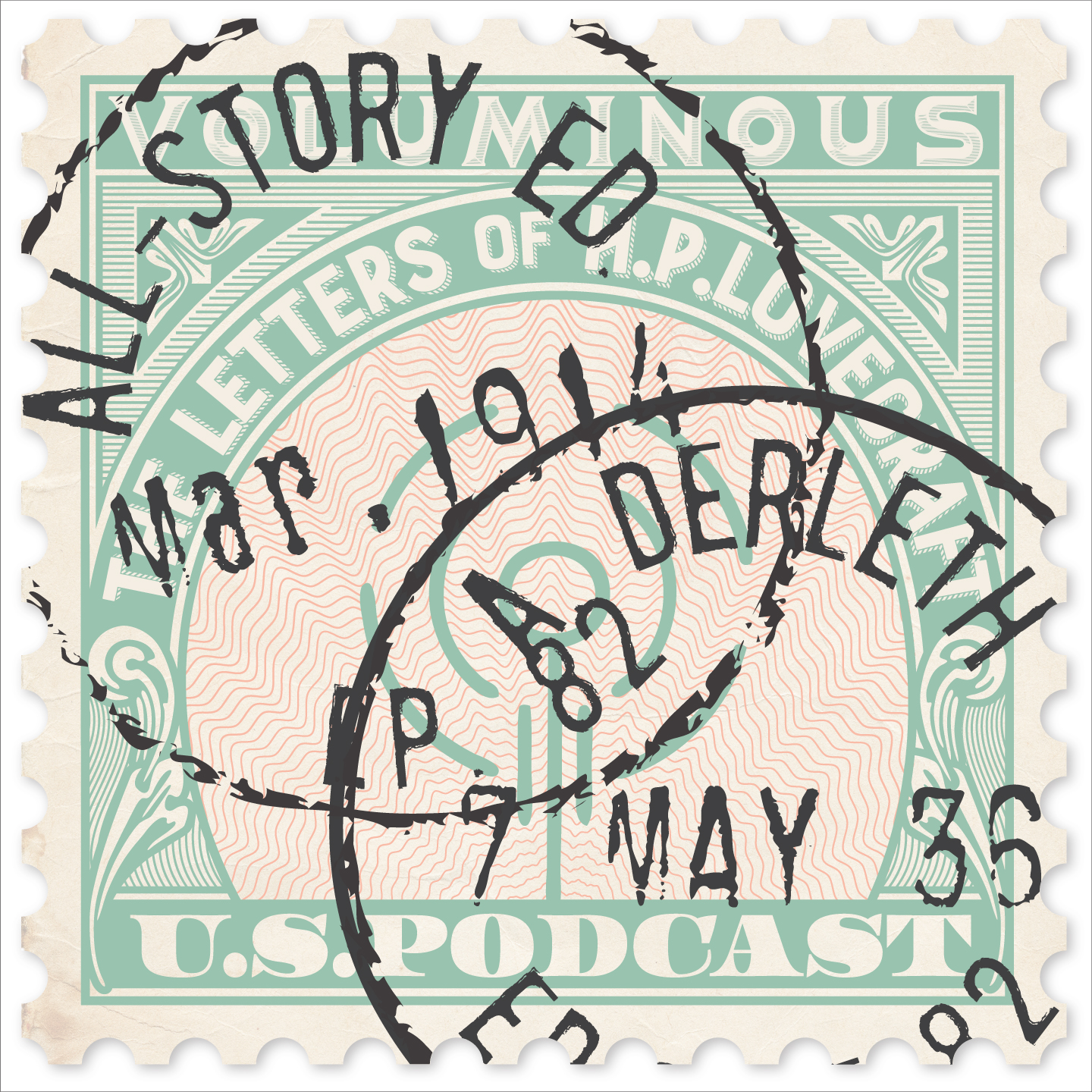
In addition to his classics of horror fiction, it is estimated that Lovecraft wrote 100,000 letters — or roughly 15 every day of his adult life — ranging from one-page diaries to seventy-page diatribes. Perhaps 20,000 of those letters have survived, in the hands of private collectors and at the John Hay Library in Providence.
In each episode of this podcast, we'll read one of these letters (or part of it) and then discuss it. In his letters HPL reveals an amazing breadth of knowledge of philosophy, science, history, literature, art and many other subjects, and forcefully asserts some highly considered opinions (some of which can be upsetting).
And of course his letters offer a fascinating window into his personal life and times. Although we've been working with Lovecraftian material for over 30 years, we still find interesting new things in his letters, and while we don't claim to be experts we look forward to sharing them with a wider audience.
Subscribe via iTunes, Stitcher or wherever you get podcasts! Or listen right here!
RSS Feed- Episode 61
- Posted June 6, 2021
Long and Love-Kraft
In this fun, fascinating, archetypical letter of October 17, 1930 to Frank Belknap Long, HPL talks a bit about business, philosophy, his growing library, the nature of art and work, and the profound importance of cheese. The letter is part of the collection of original manuscripts recently acquired by Brown University Library, and we can finally tell the story of that acquisition in some detail.
Music by Troy Sterling Nies. Thanks to Arkham House for transcribing this letter and publishing it in abridged form in Selected Letters III. Thanks also to S. T. Joshi and David E. Schultz for making the complete Arkham House transcript available for us to read. Our thanks to all the HPLHS fans and Voluminous listeners who contributed to the fundraising effort to put this and other letters into the collection at Brown University! We all owe an enduring debt of gratitude to S. T. Joshi and Hippocampus Press publisher Derrick Hussey for spearheading that endeavor.
While we wait for this letter — among others — to be added to the Brown Digital Repository, you can go there now to see the original manuscript of "The Whisperer in Darkness", written entirely on the backs of other letters! You can also see the "bulky letter" from George Henry Weiss which HPL prominently mentions. It's a fascinating, if difficult, read.
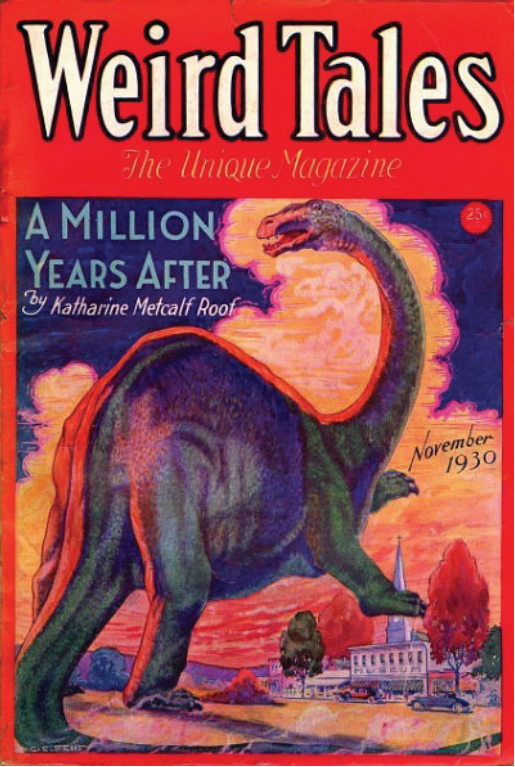
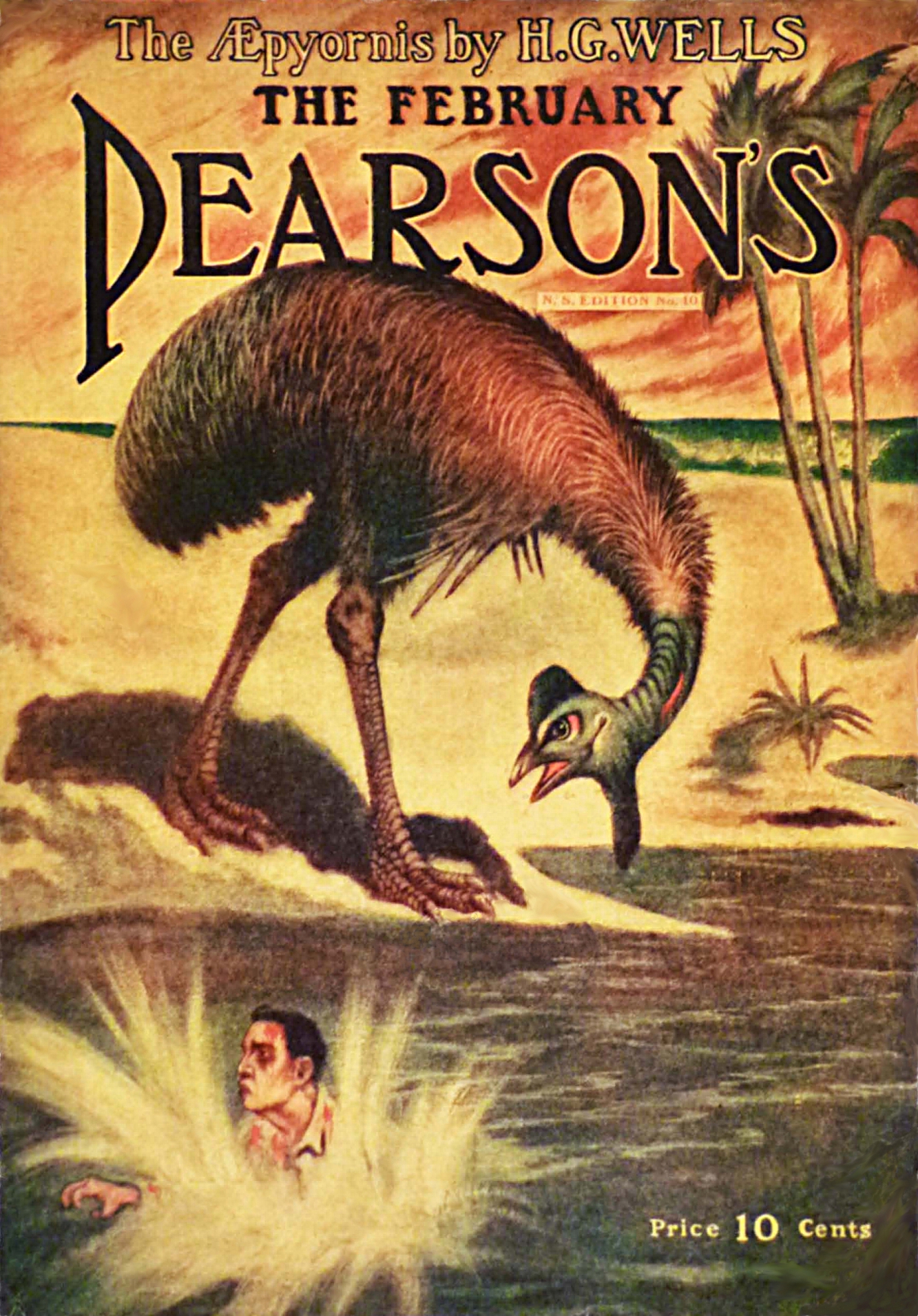 There is some discussion of the November, 1930 issue of Weird Tales, a contributor copy of which neither HPL nor FBL received despite the fact that each of them had a poem published in it. You can see those poems, as well as Clark Ashton Smith's glowing review of Long's story "The Black Druid" and the cover story that made HPL so angry, by reading the issue online. "The Black Druid" had appeared in the July, 1930 issue, and you can read that one here! H.G. Wells' story "Æpyornis Island", which FBL cited as an excuse not to write a dinosaur egg story, was first published in 1894, and was featured on the cover of Pearson's Magazine in 1904 with this illustration by Wallace Blanchard.
There is some discussion of the November, 1930 issue of Weird Tales, a contributor copy of which neither HPL nor FBL received despite the fact that each of them had a poem published in it. You can see those poems, as well as Clark Ashton Smith's glowing review of Long's story "The Black Druid" and the cover story that made HPL so angry, by reading the issue online. "The Black Druid" had appeared in the July, 1930 issue, and you can read that one here! H.G. Wells' story "Æpyornis Island", which FBL cited as an excuse not to write a dinosaur egg story, was first published in 1894, and was featured on the cover of Pearson's Magazine in 1904 with this illustration by Wallace Blanchard.
Dinosaur eggs had been discovered and identified during the Central Asiatic Expeditions of the American Museum of Natural History led by Roy Chapman Andrews in the early 1920s. There's some silent footage taken of one such discovery online, which is fascinating even if it might be partly staged.
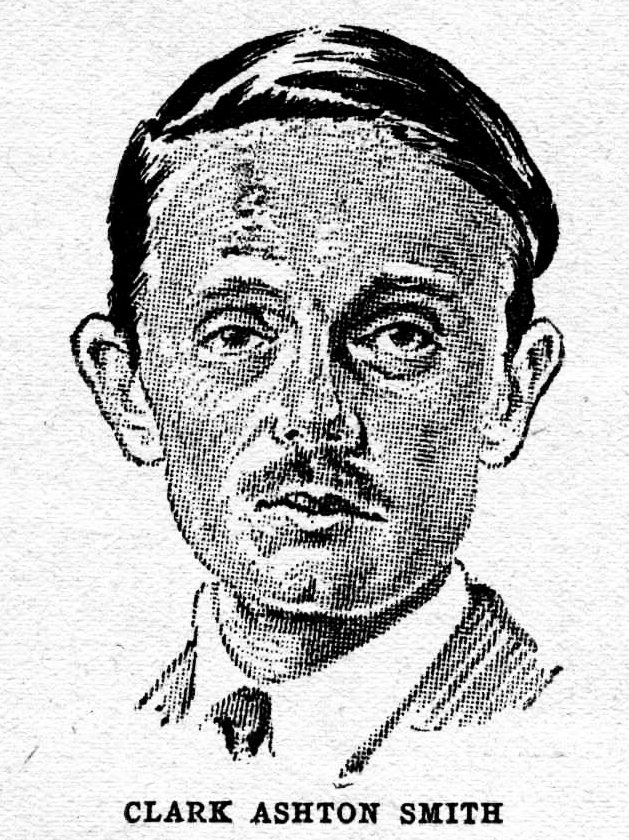
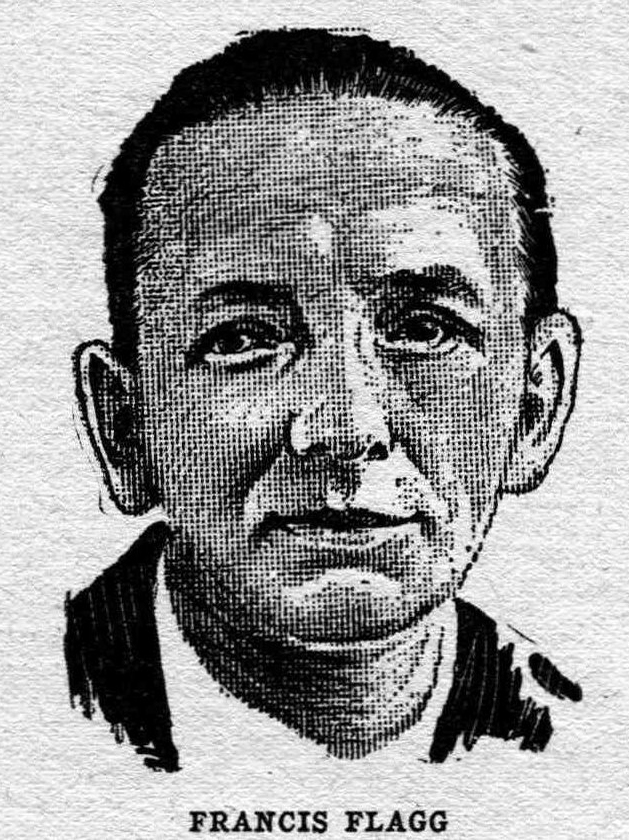
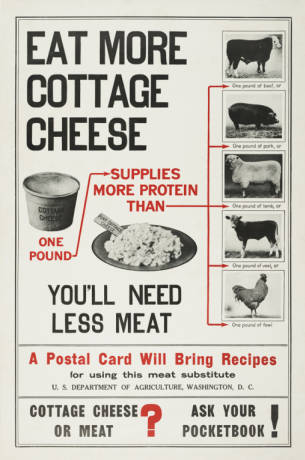 Here are the "libellous" pictures of Clark Ashton Smith and George Henry Weiss (a.k.a. Francis Flagg) that HPL mentions appearing in "Barber-Swindler" Gernsback's Wonder Stories magazine in October of 1930.
Here are the "libellous" pictures of Clark Ashton Smith and George Henry Weiss (a.k.a. Francis Flagg) that HPL mentions appearing in "Barber-Swindler" Gernsback's Wonder Stories magazine in October of 1930.
HPL describes cottage cheese as the "rudis indigestaque moles" of cheese. That is a phrase from Ovid's Metamorphoses, and you can read more about it here!
HPL drops a few names in this letter that were more famous in his day than they are now. In case you're not familiar with them, check out Ramón Gómez de la Serna and Louis Bromfield.
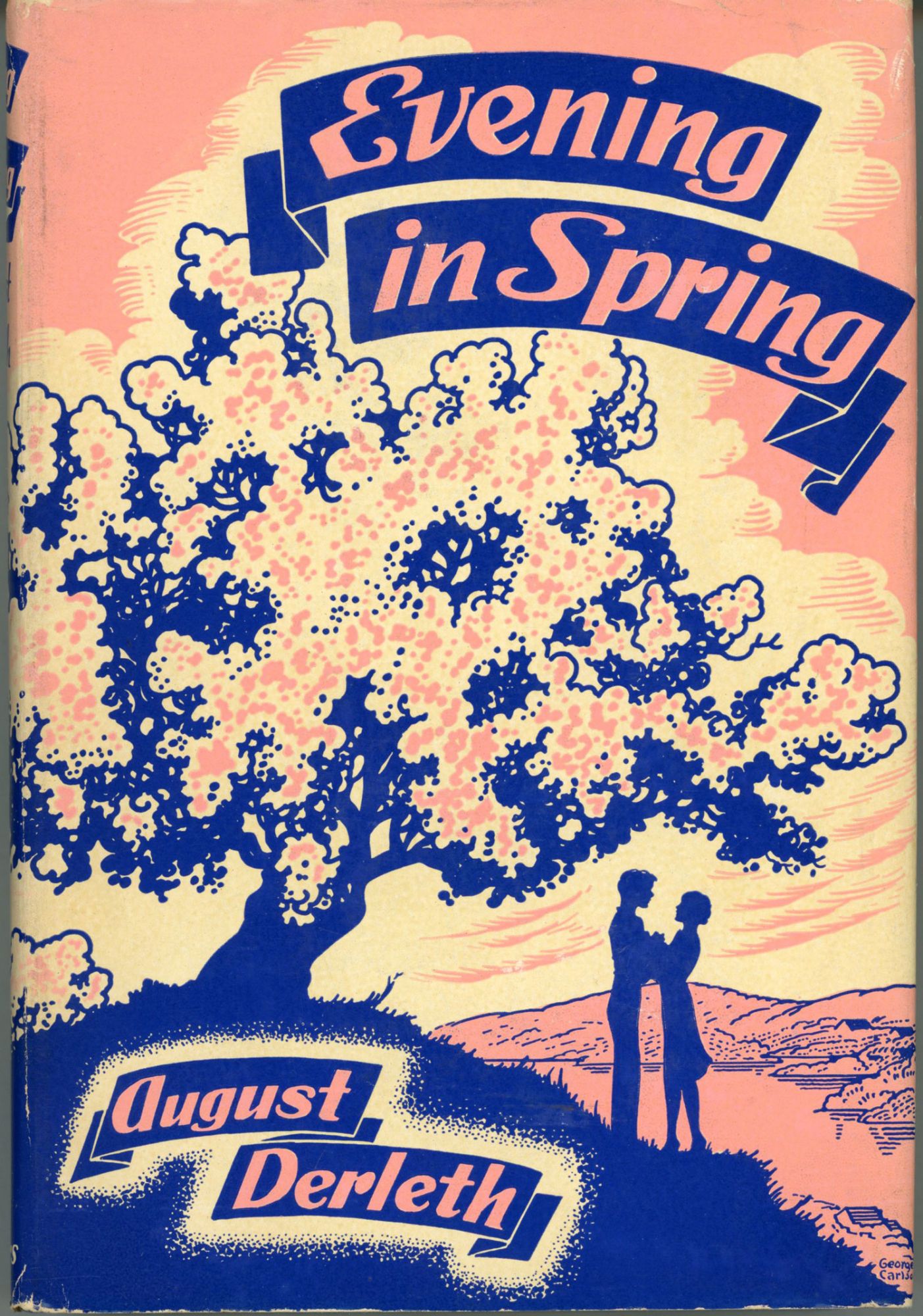
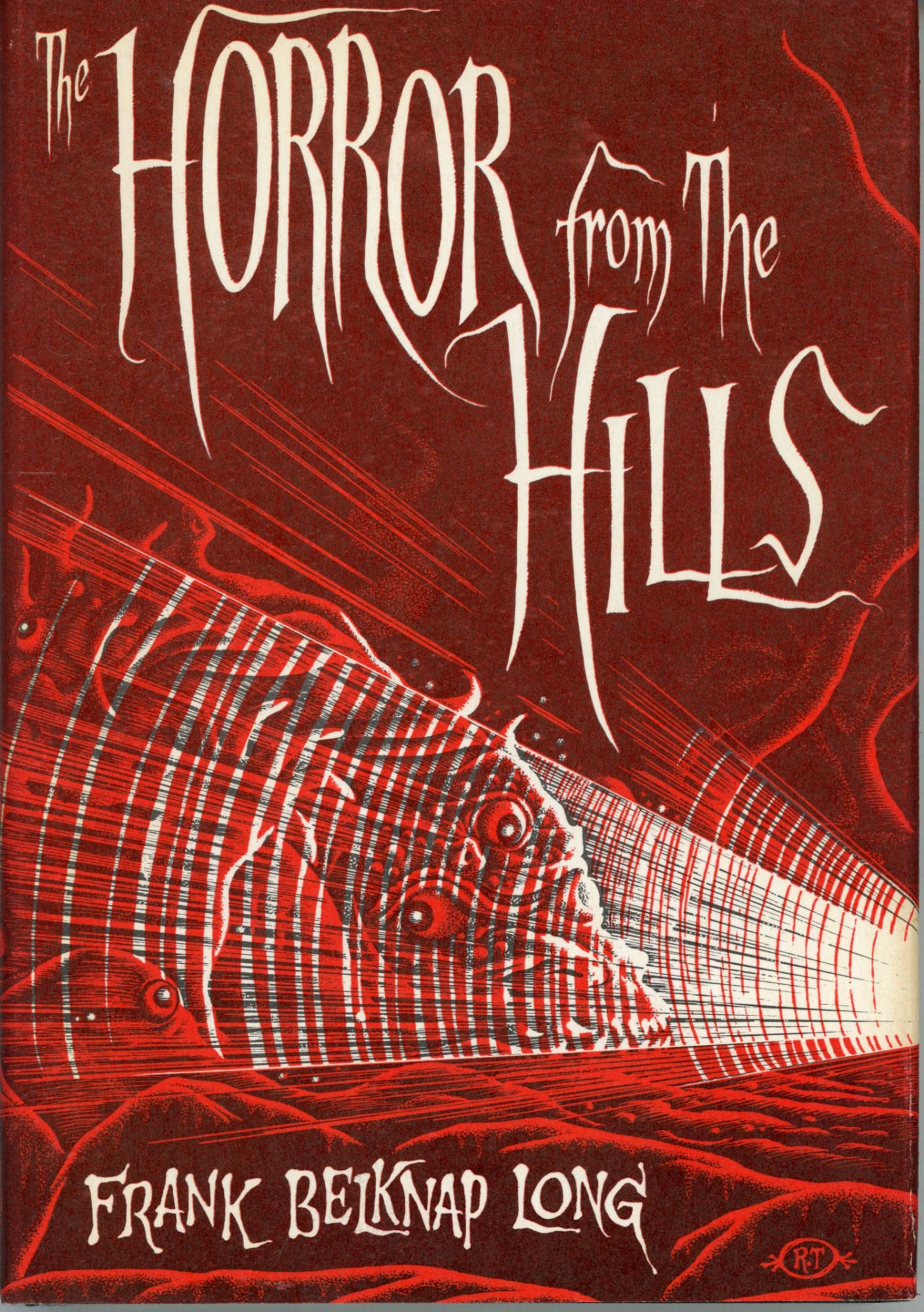 Whatever one may think of his Mythos fiction, it was awfully nice of August Derleth to send HPL such a bonanza of weird books and magazine stories. If you're interested in reading his novel Evening in Spring, you can find a first edition copy at the website of L.W. Currey, the very same dealer who sold the huge collection of Long letters to Brown University at an institutional discount price. They also have a first edition of Long's The Horror from the Hills, which introduced Chaugnar Faugn to the Cthulhu Mythos and is mentioned in this letter!
Whatever one may think of his Mythos fiction, it was awfully nice of August Derleth to send HPL such a bonanza of weird books and magazine stories. If you're interested in reading his novel Evening in Spring, you can find a first edition copy at the website of L.W. Currey, the very same dealer who sold the huge collection of Long letters to Brown University at an institutional discount price. They also have a first edition of Long's The Horror from the Hills, which introduced Chaugnar Faugn to the Cthulhu Mythos and is mentioned in this letter!
Currey is also currently offering a couple of copies of The Beetle by Richard Marsh. First published the same year as Dracula, it outsold Bram Stoker's masterpiece at the time. Signe Toksvig was Danish but wrote in English, and was a frequent contributor to Weird Tales. Her novel The Last Devil first appeared in 1927. Paul Busson was an Austrian who wrote in German. His works don't seem to have achieved much fame in English. Herbert Russell Wakefield was a British master of the ghost story. His first collection, They Return at Evening, came out in 1928. Frederick Britten Austin was a British author who served in WWI and frequently wrote on the topic of war. The haul for which Lovecraft's aunt paid $1.19 in postage is now worth thousands.

One passage we failed to mention during the conversation bears a little explanation. HPL writes: "I am a caseist in diet, a cattist in zoology, and an Anglo-Cathartic in religion. Shantih, Shantih, Shantih." This is clearly a play on T. S. Eliot, who in 1928 (in the preface to his book For Lancelot Andrewes: Essays on Style and Order) declared himself to be "classicist in literature, royalist in politics, and Anglo-Catholic in religion." And in case Long didn't get the allusion, HPL clinches it with the three Shantihs, which are quoted from the end of Eliot's famous 1922 poem The Waste Land, which HPL didn't care for. "Caseist" appears to be a word HPL made up, derived from the Latin caseus for "cheese". Between this and his Ovid reference, Lovecraft demonstrates a very impressive ability to create puns from Latin, and to quote obscure/highbrow poetry and literary criticism, probably from memory. People have been using the word "cheesy" to describe things that are cheap or lame since at least 1896, so HPL was probably playing on that meaning of the word as well. He was pretty smart. Our thanks to listener David Kellogg for calling our attention to that passage and providing the Andrewes reference!
